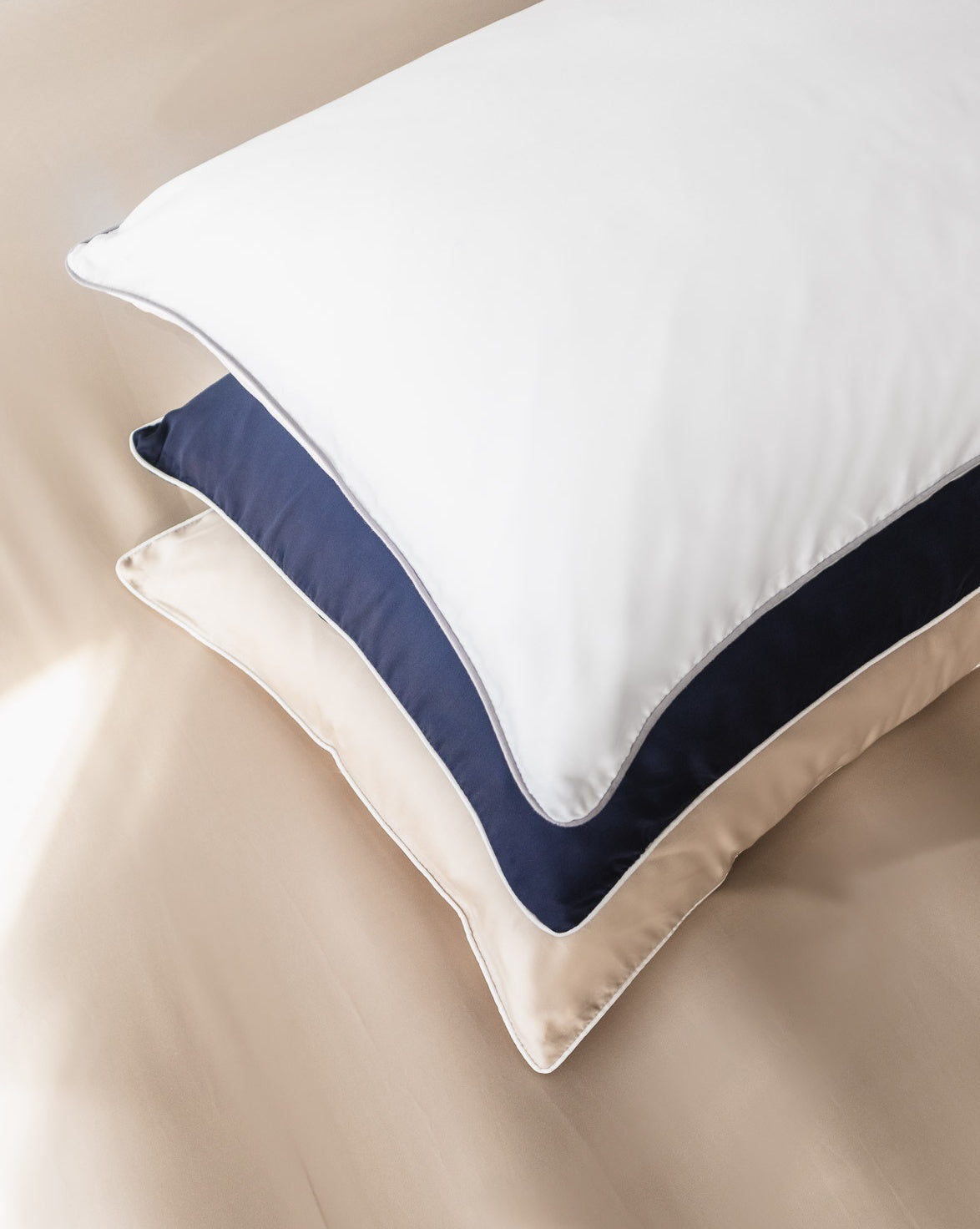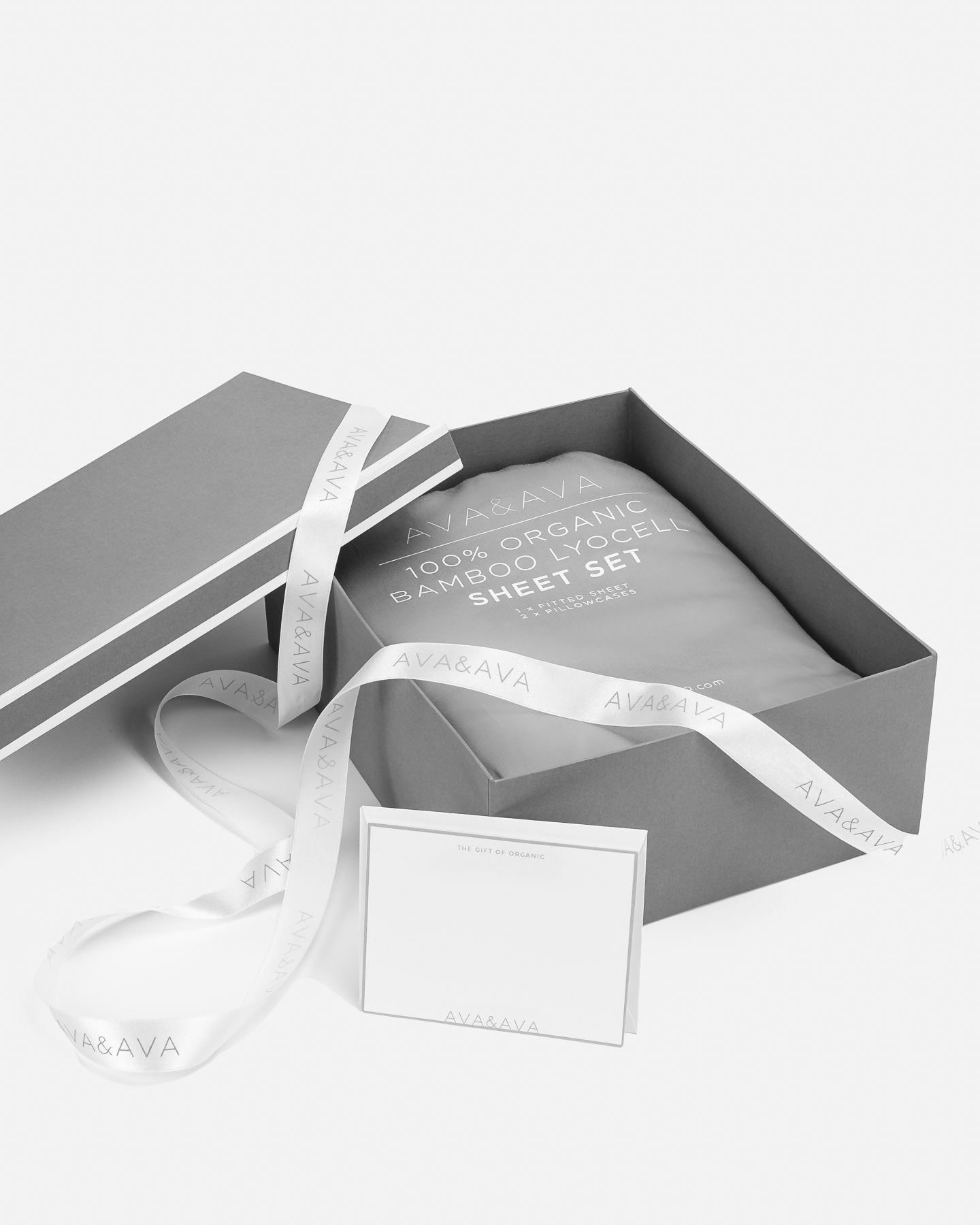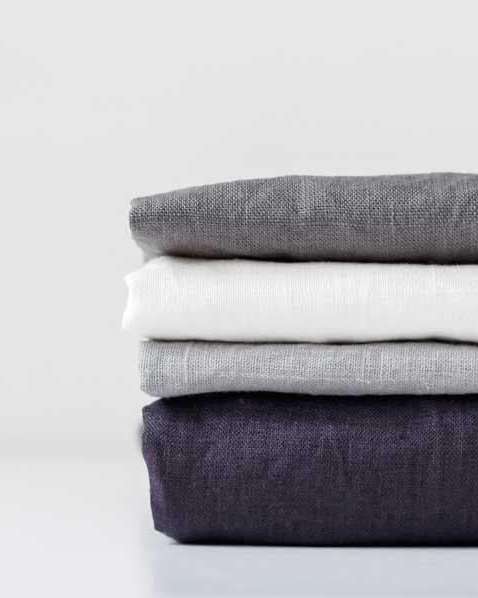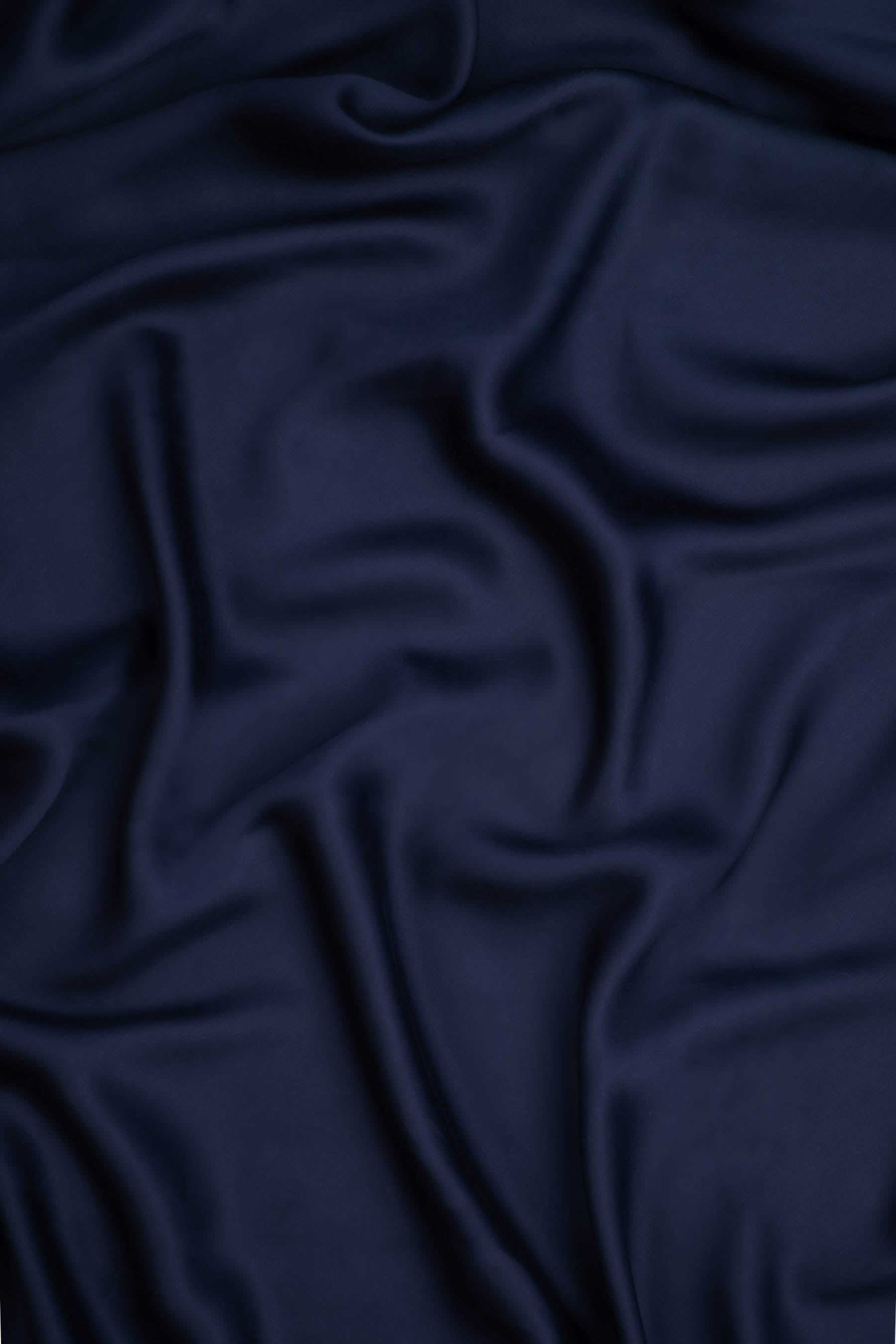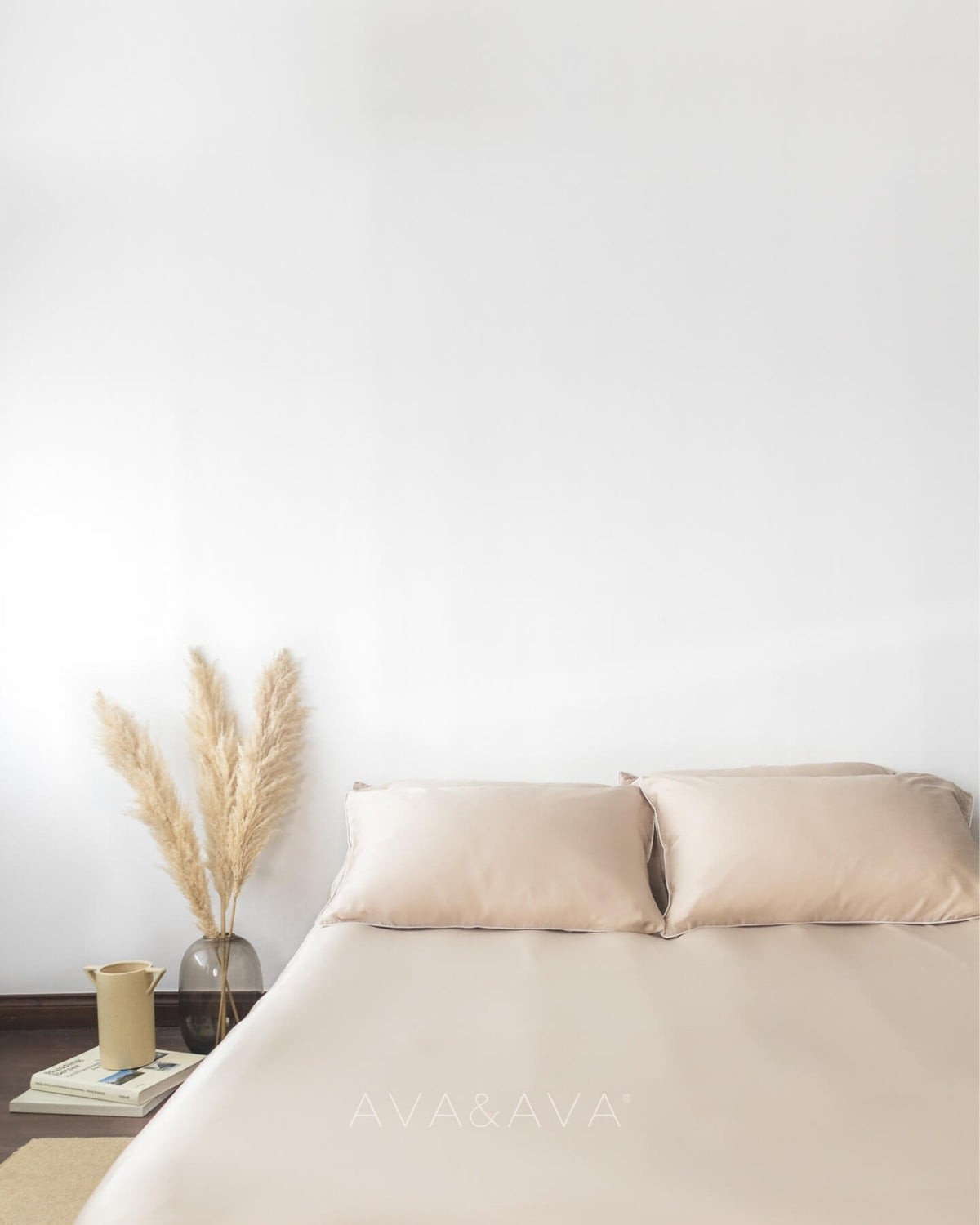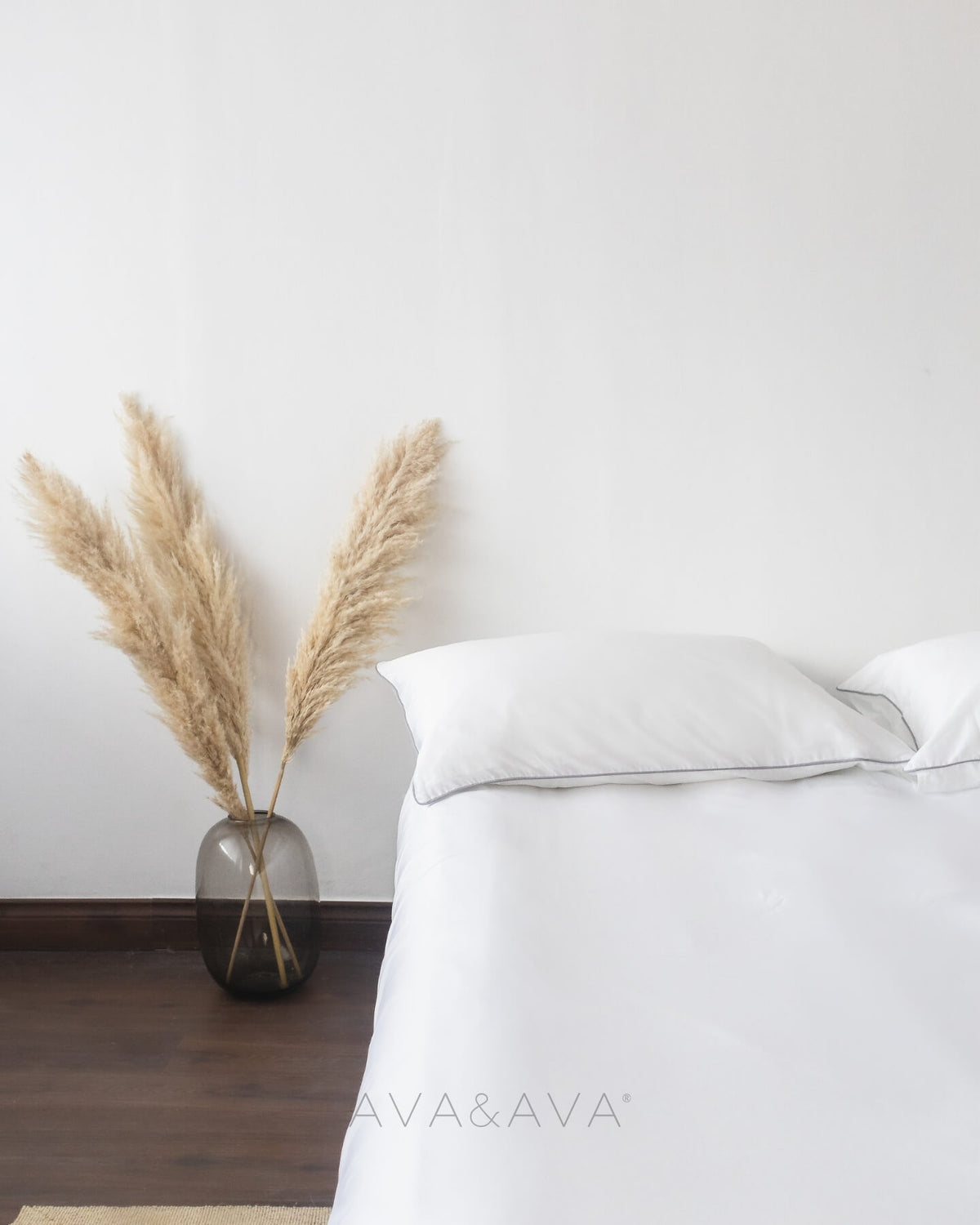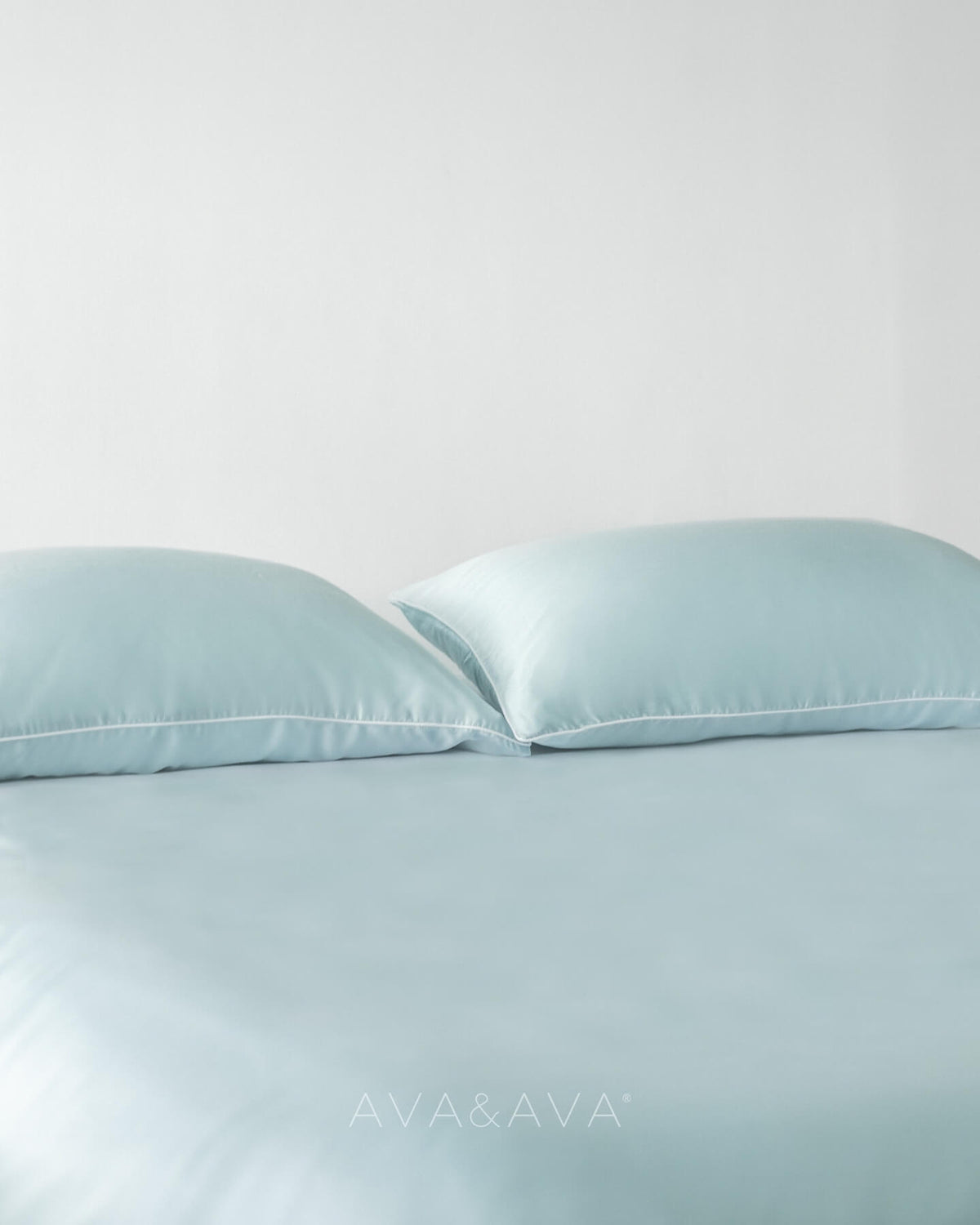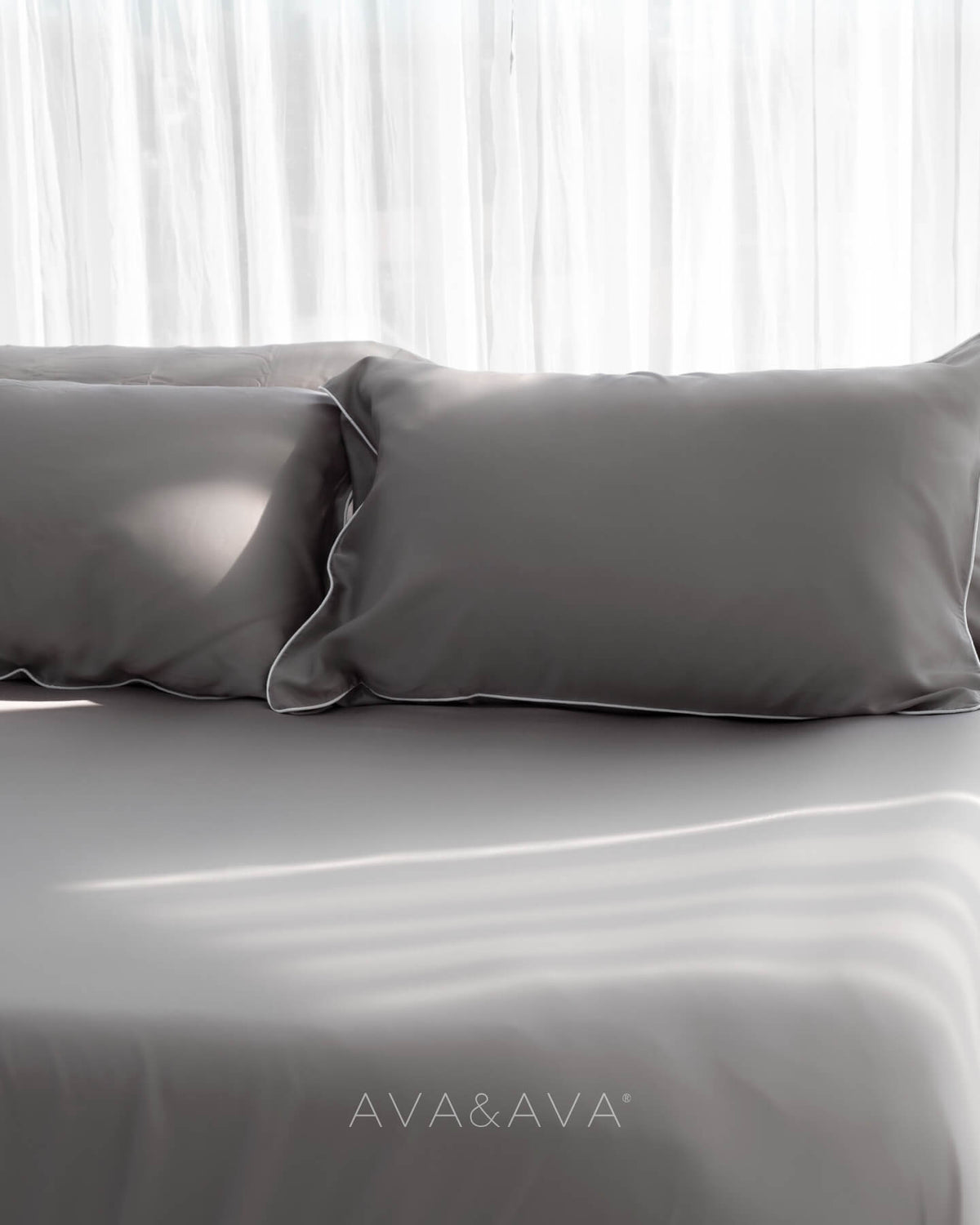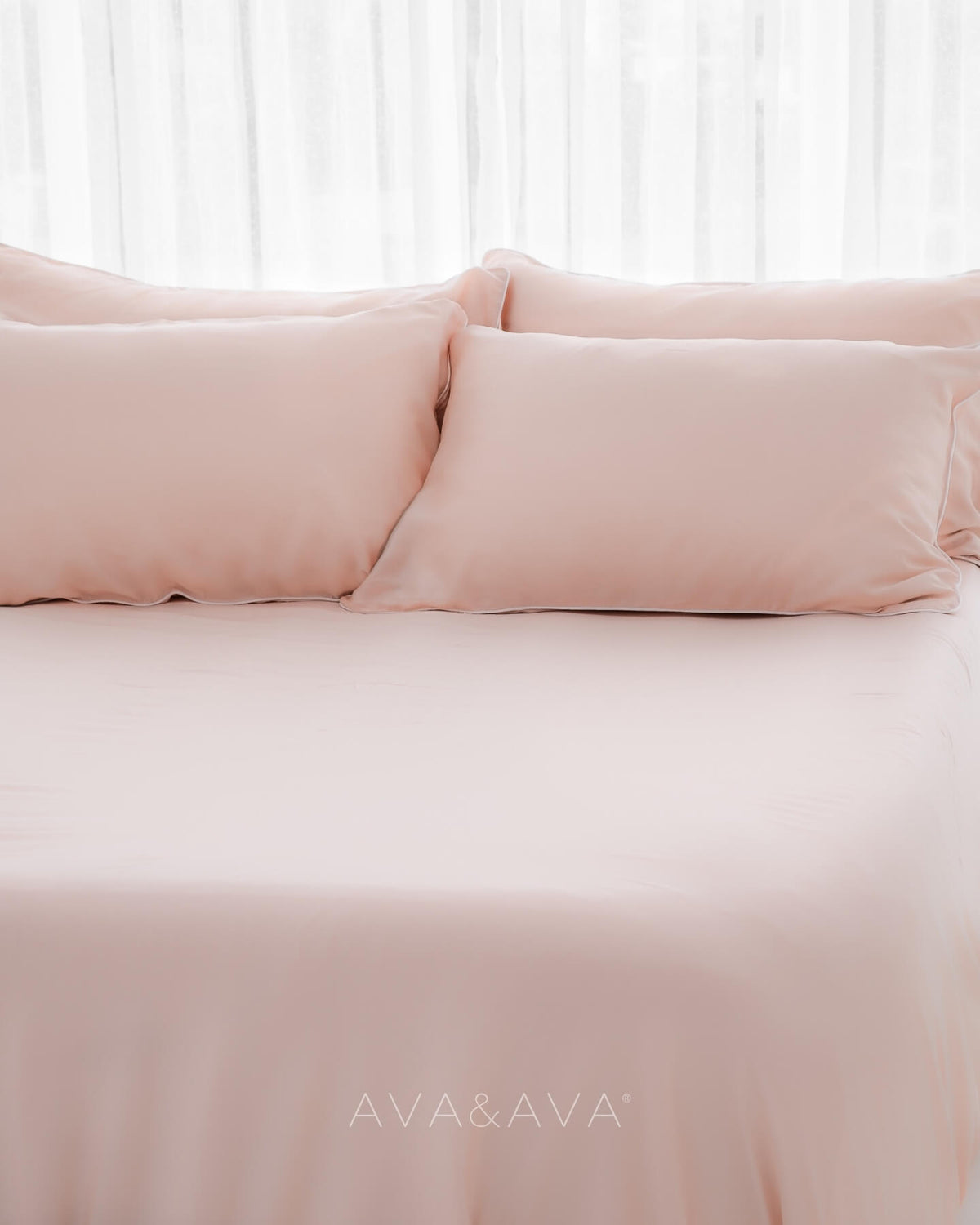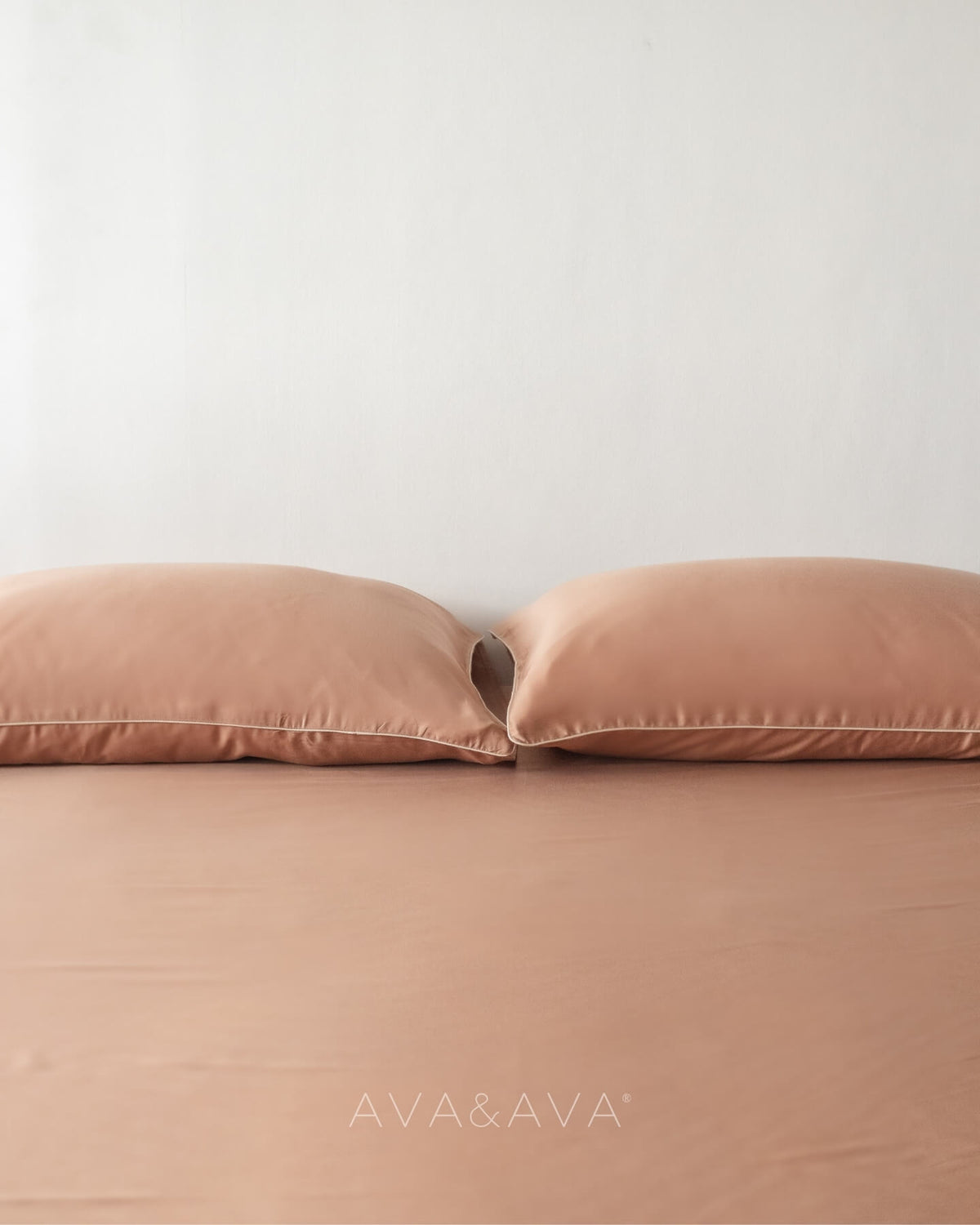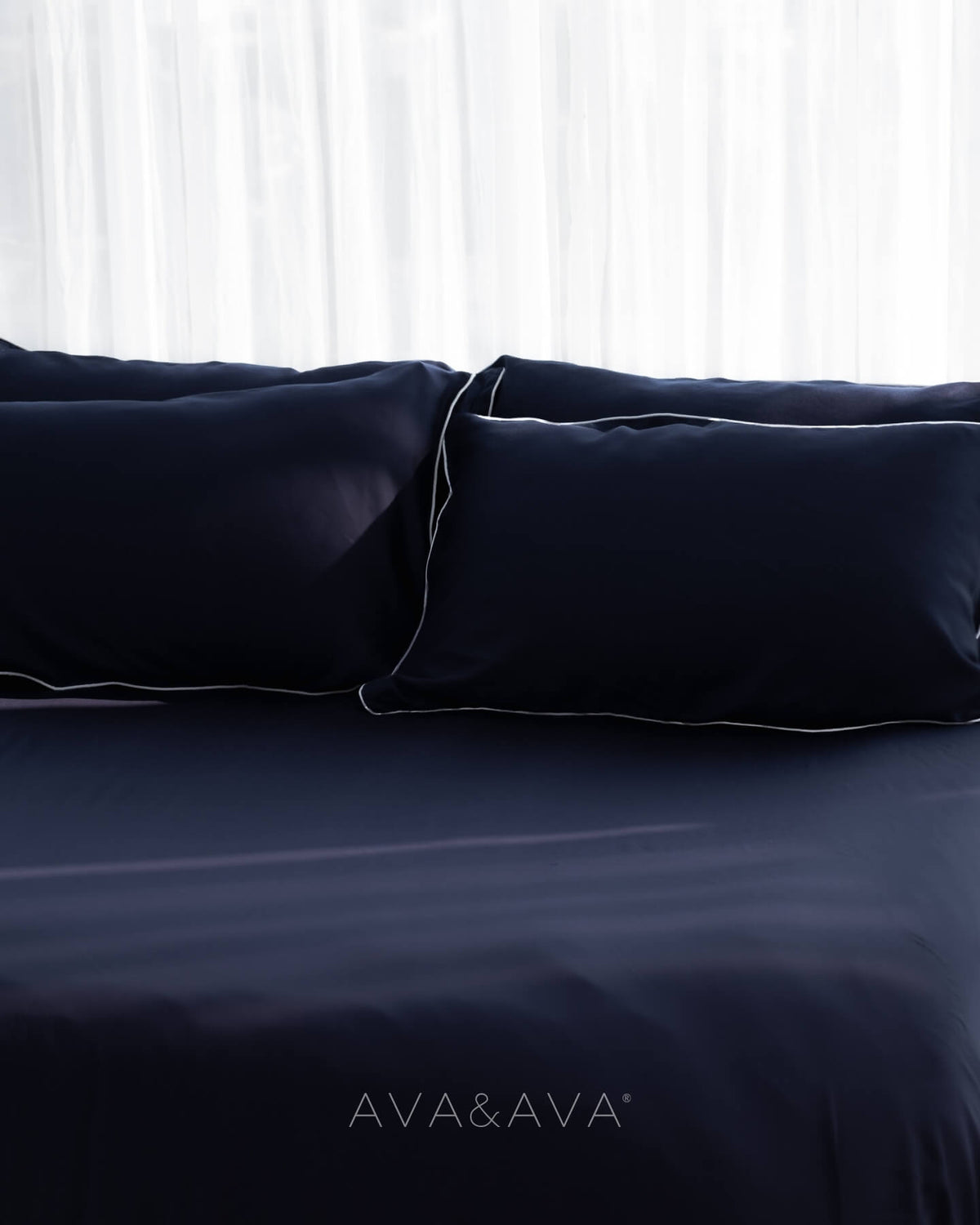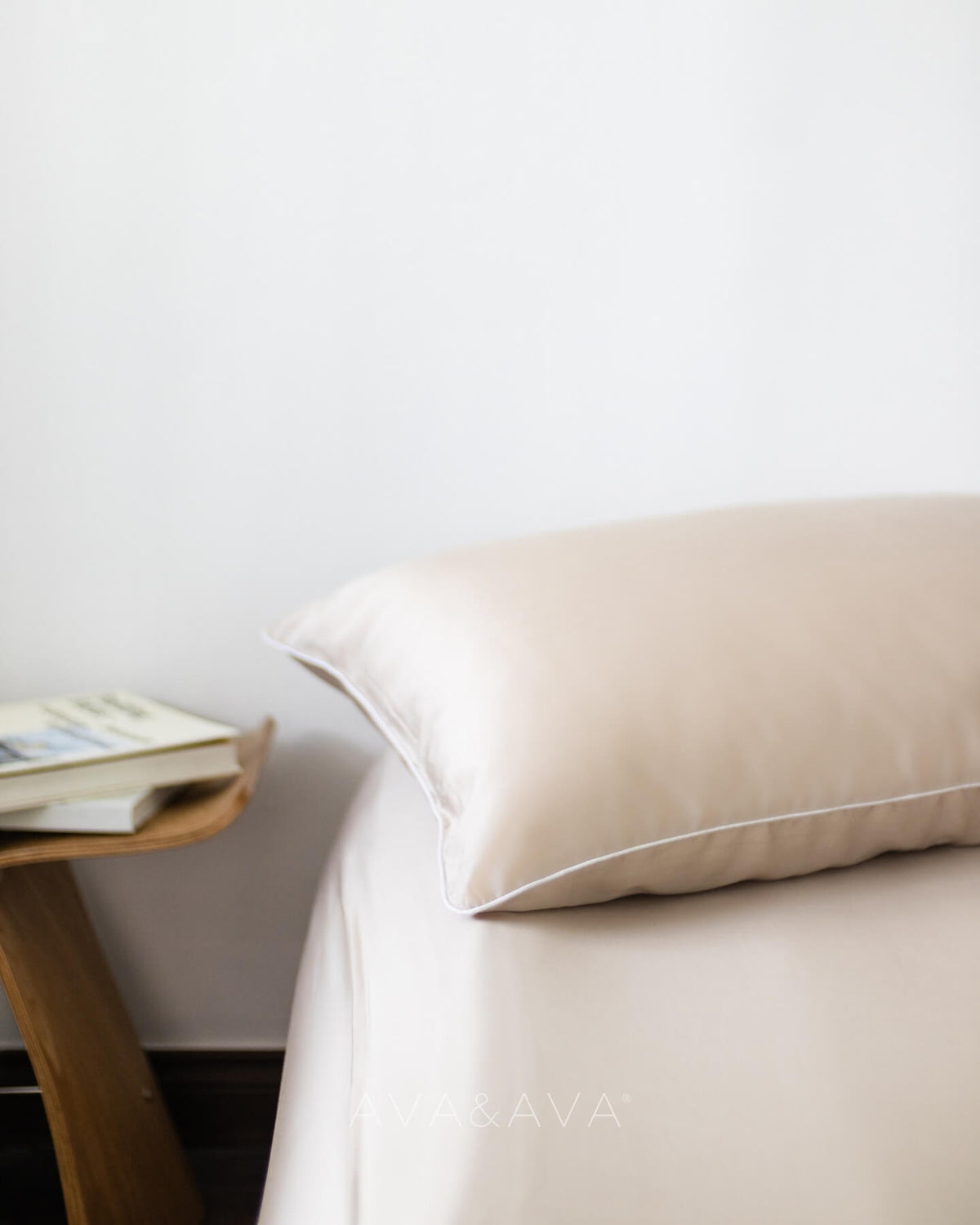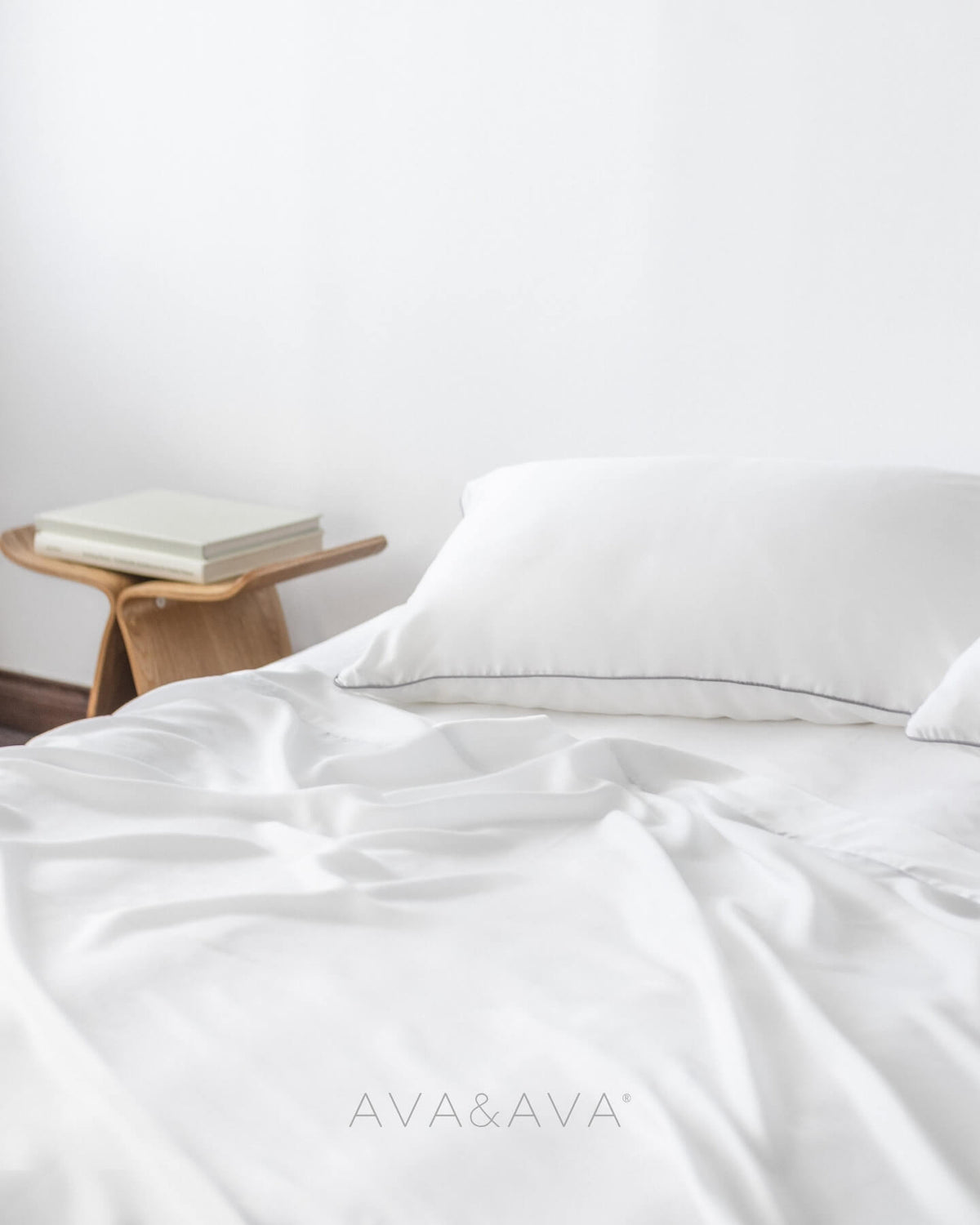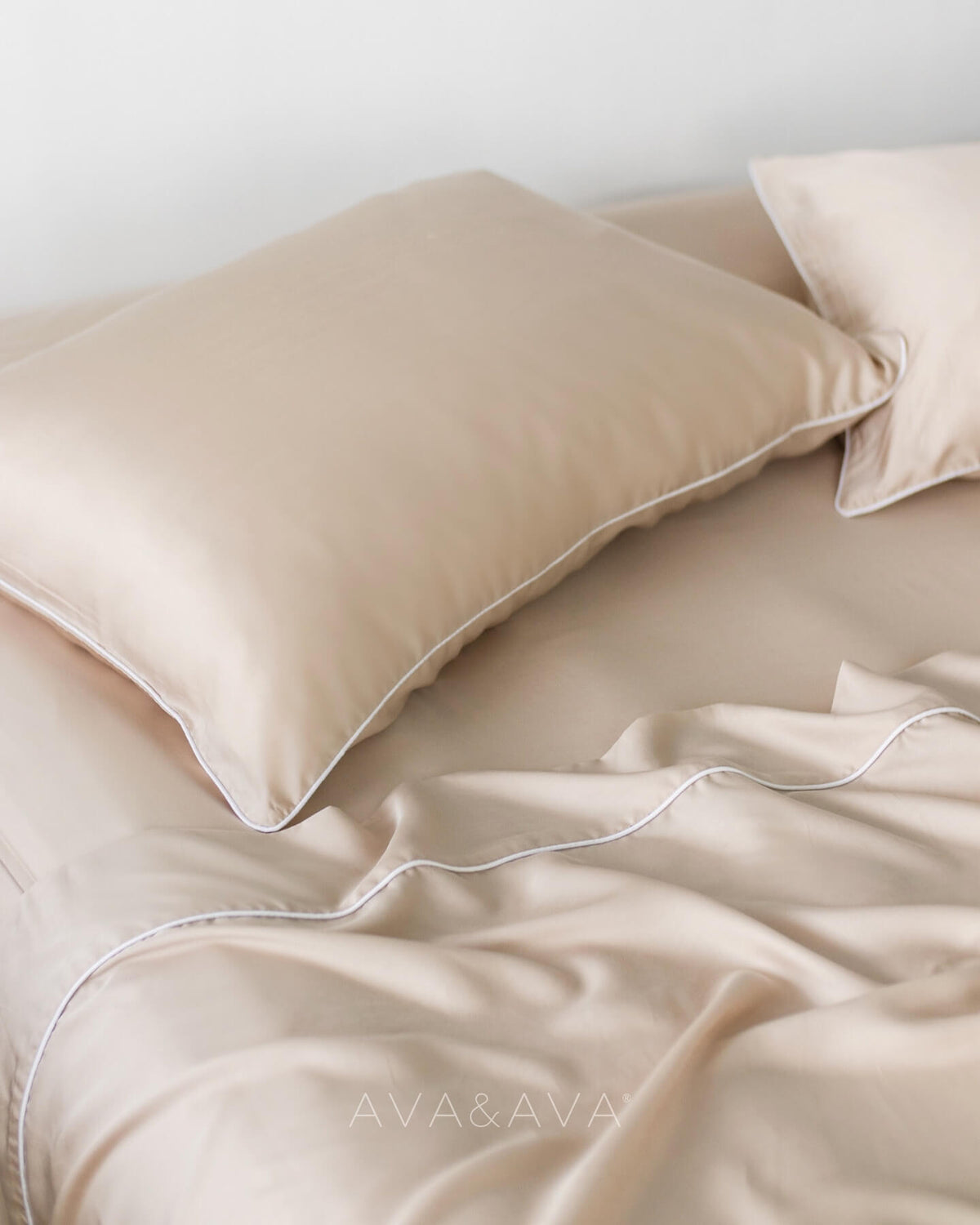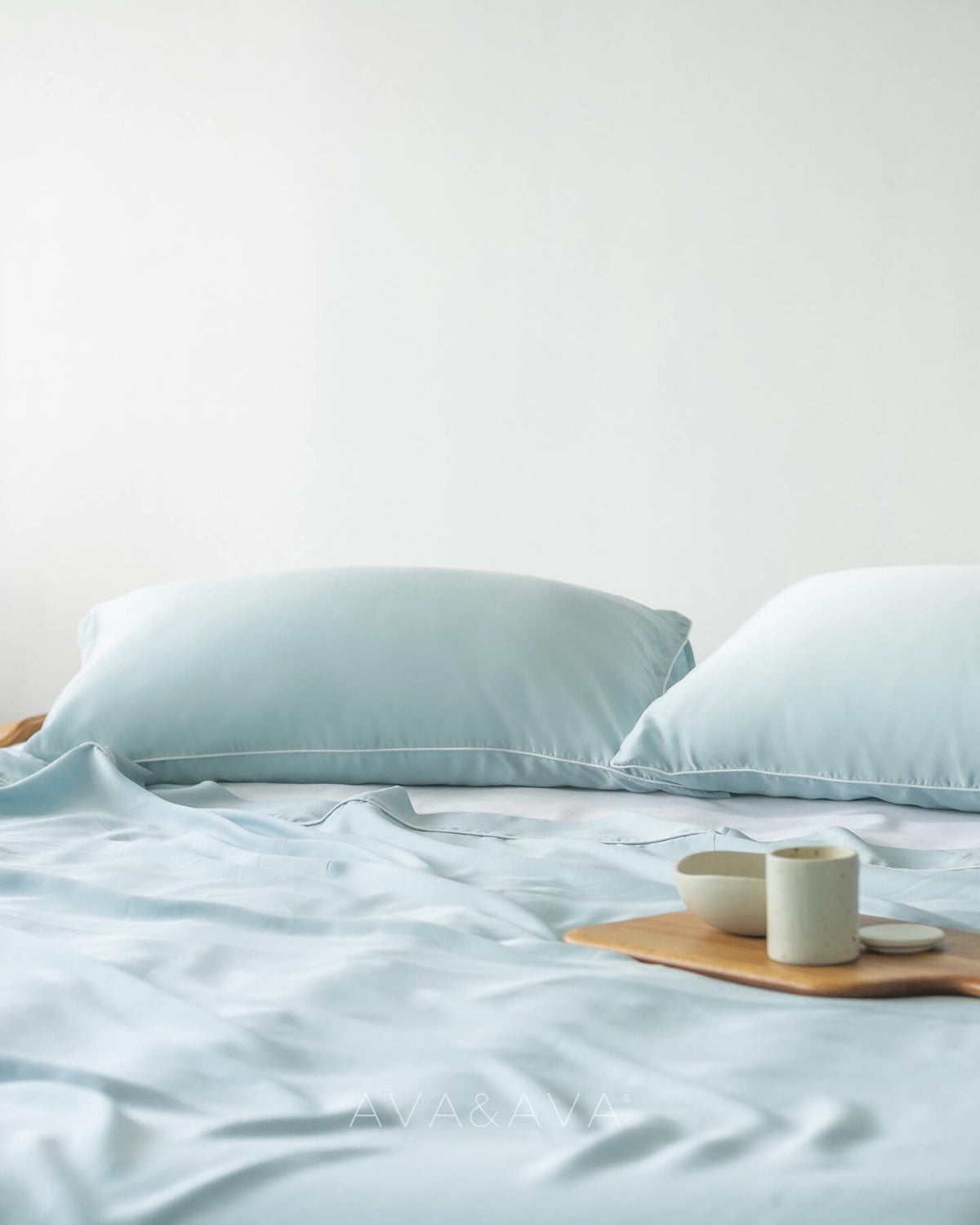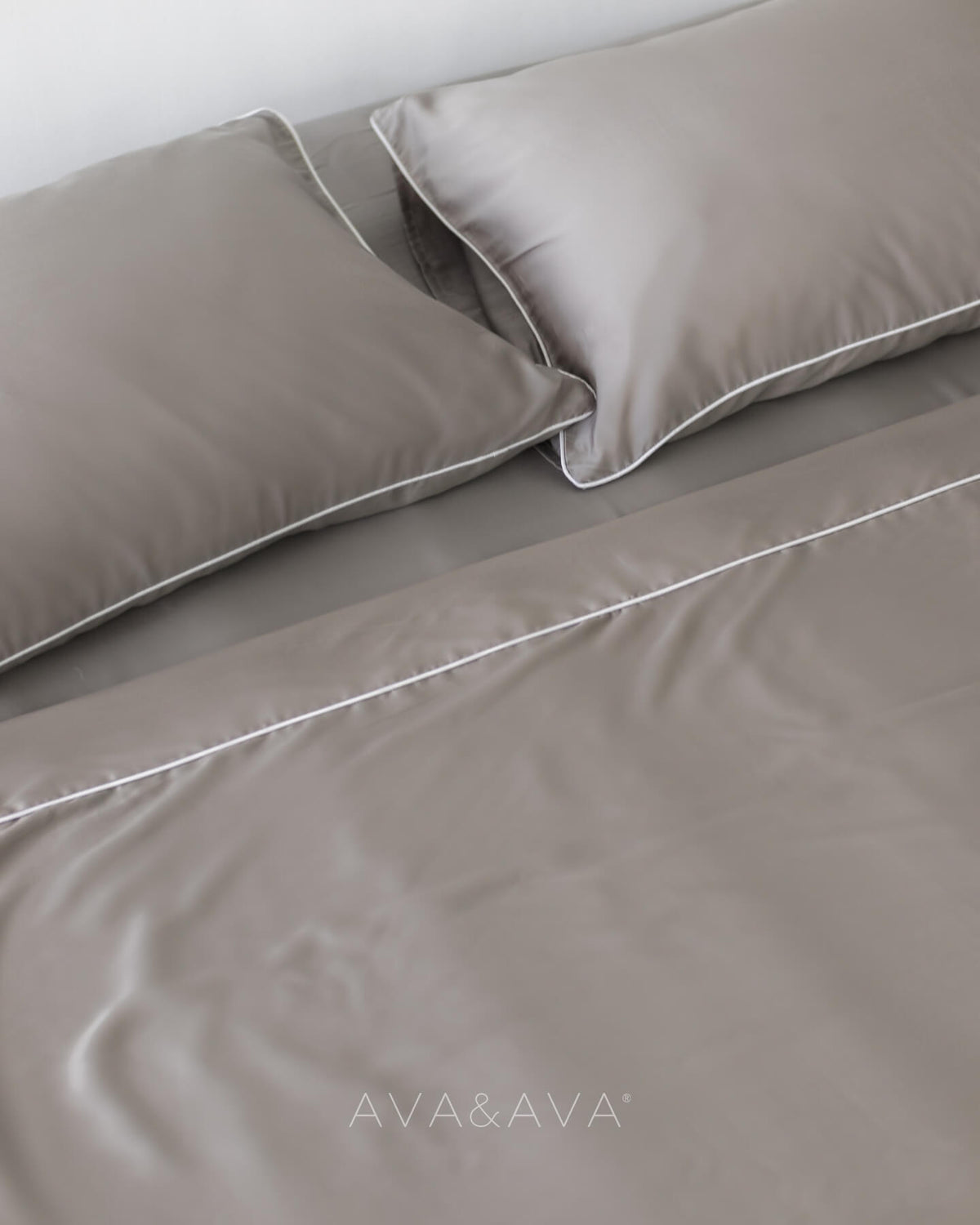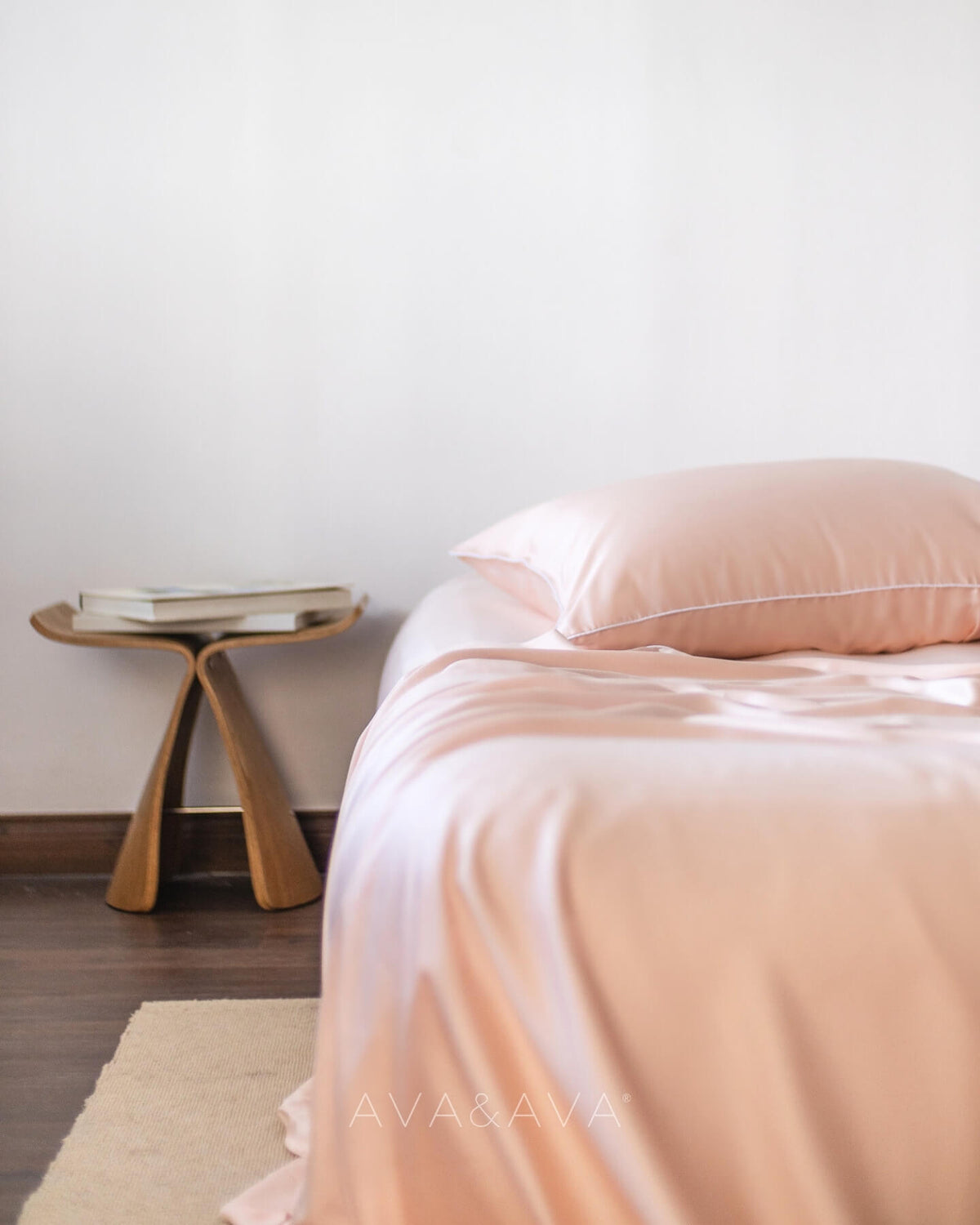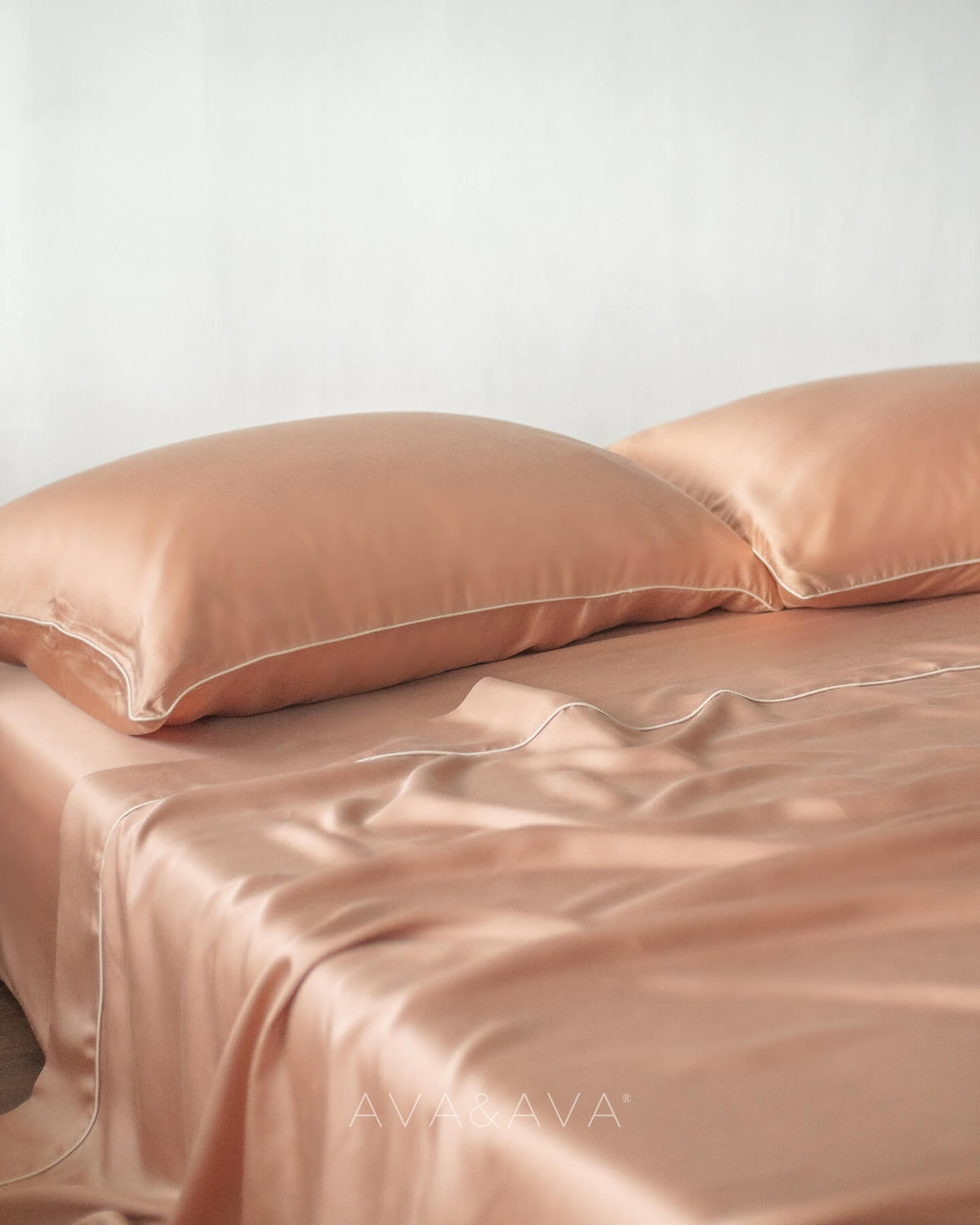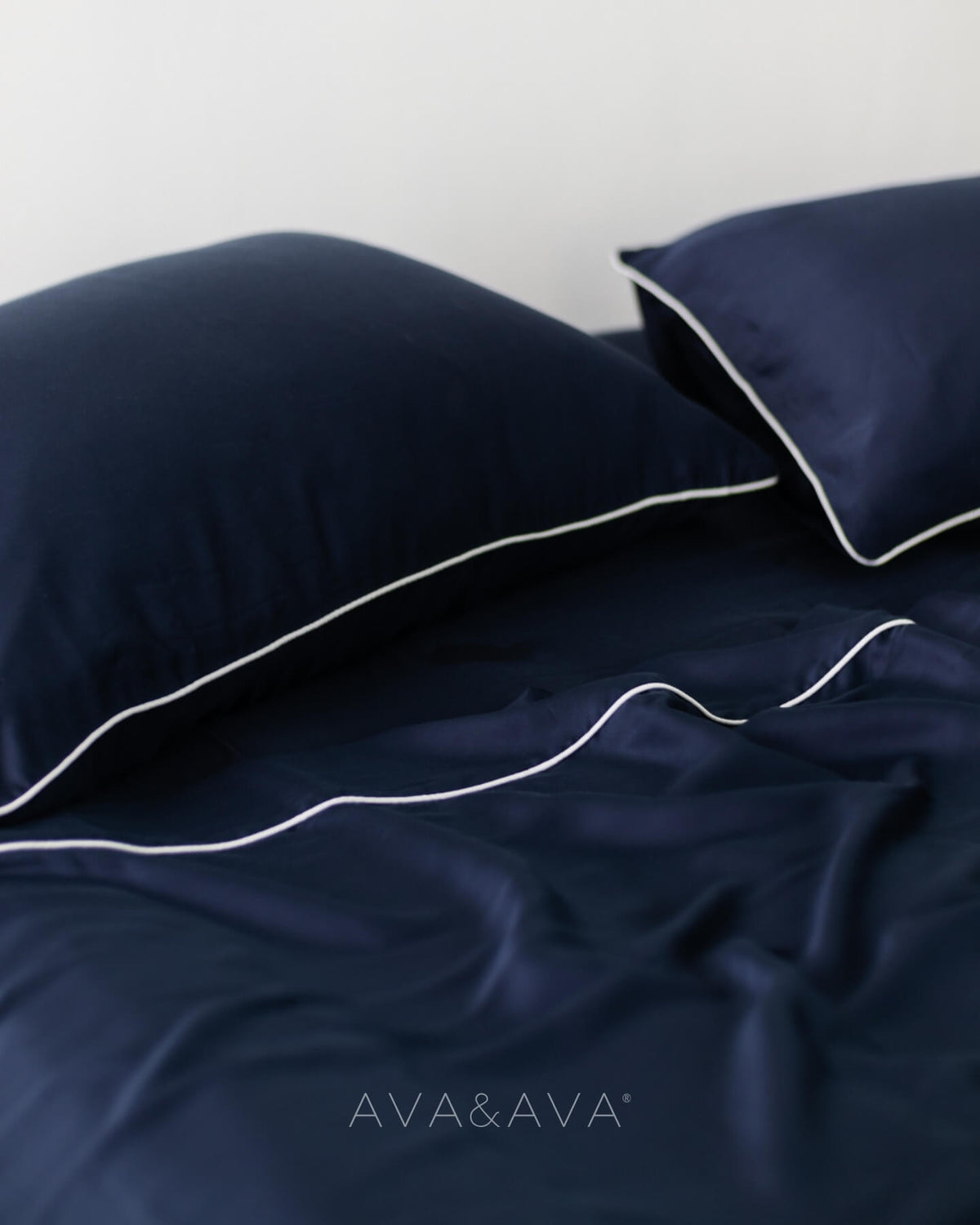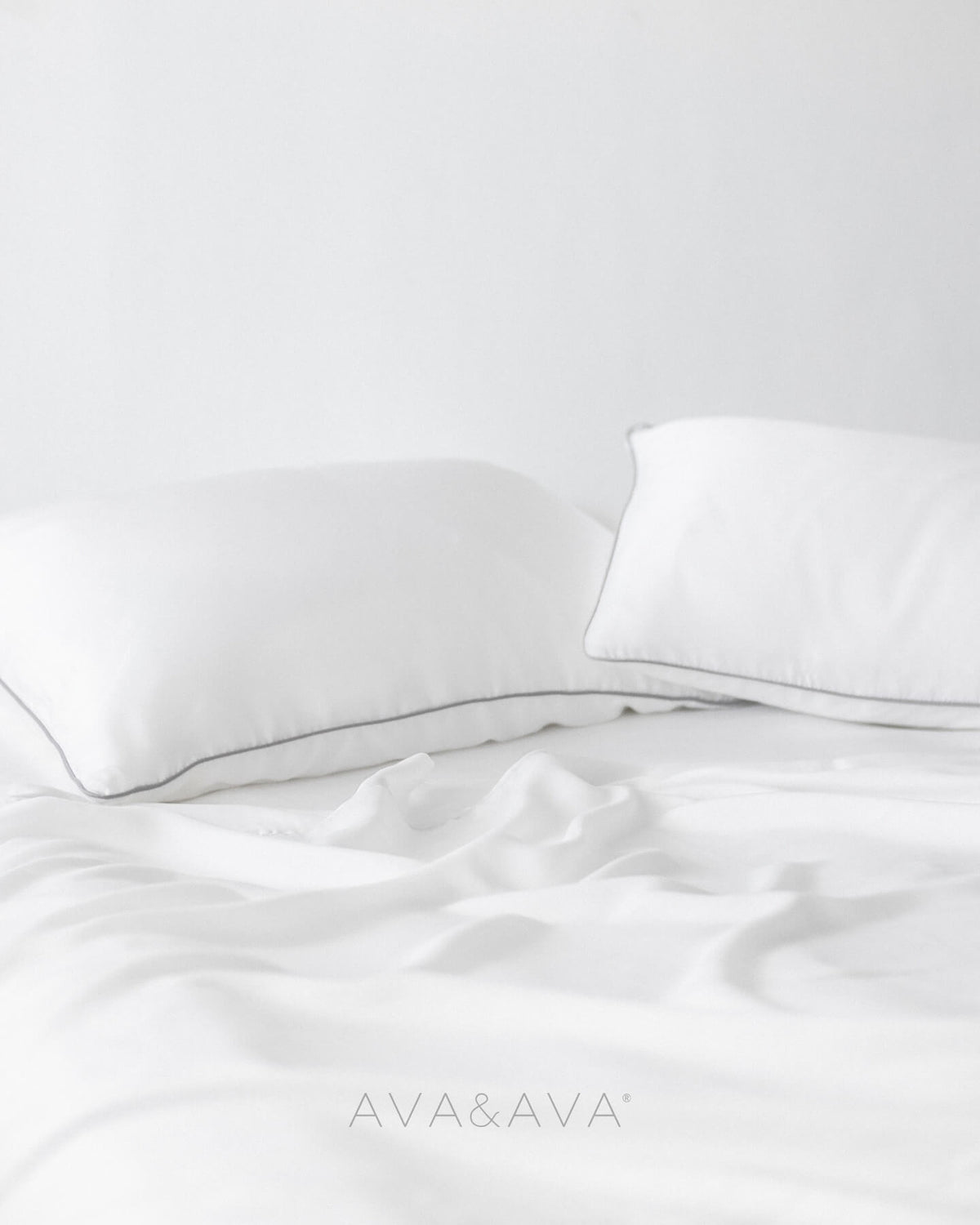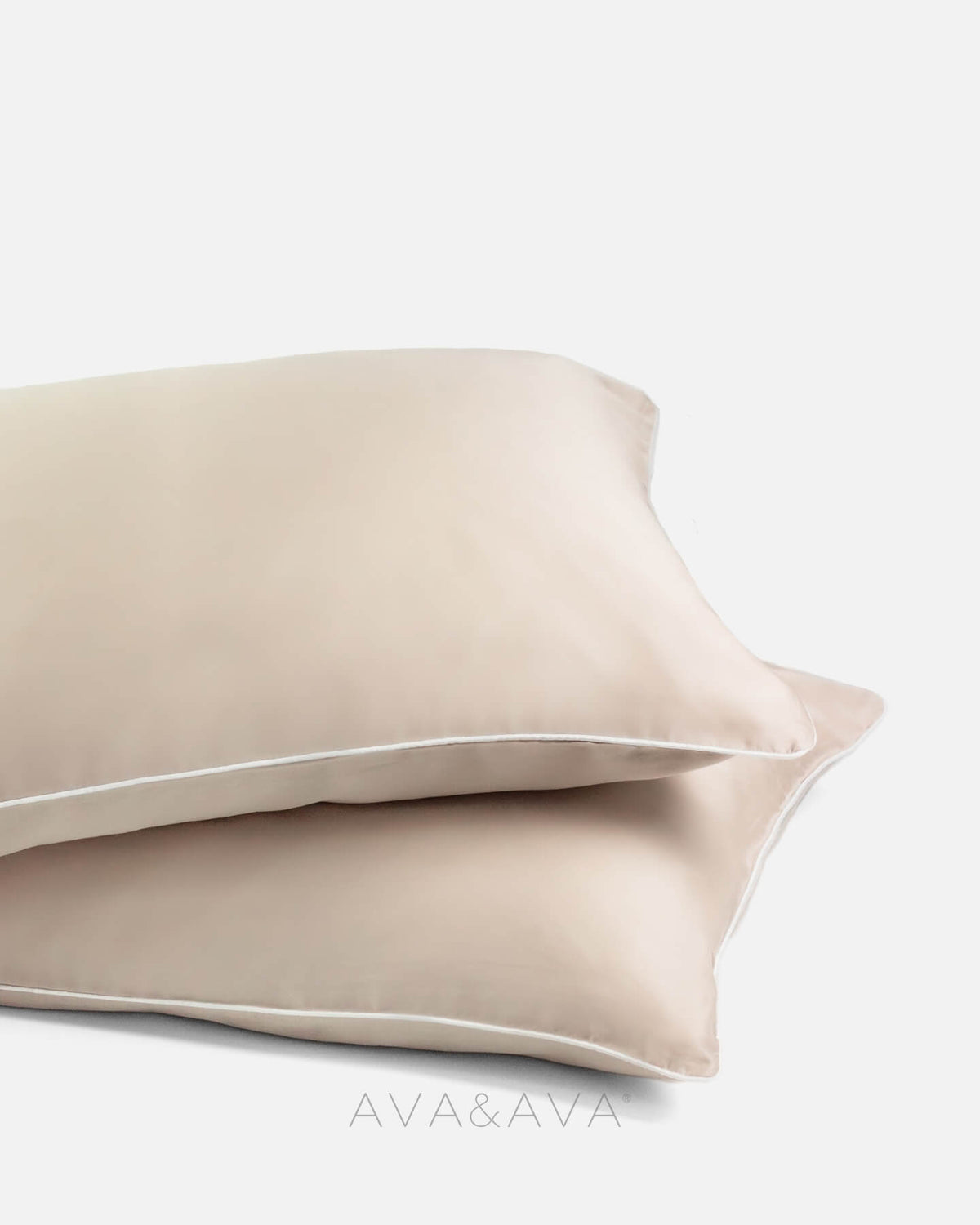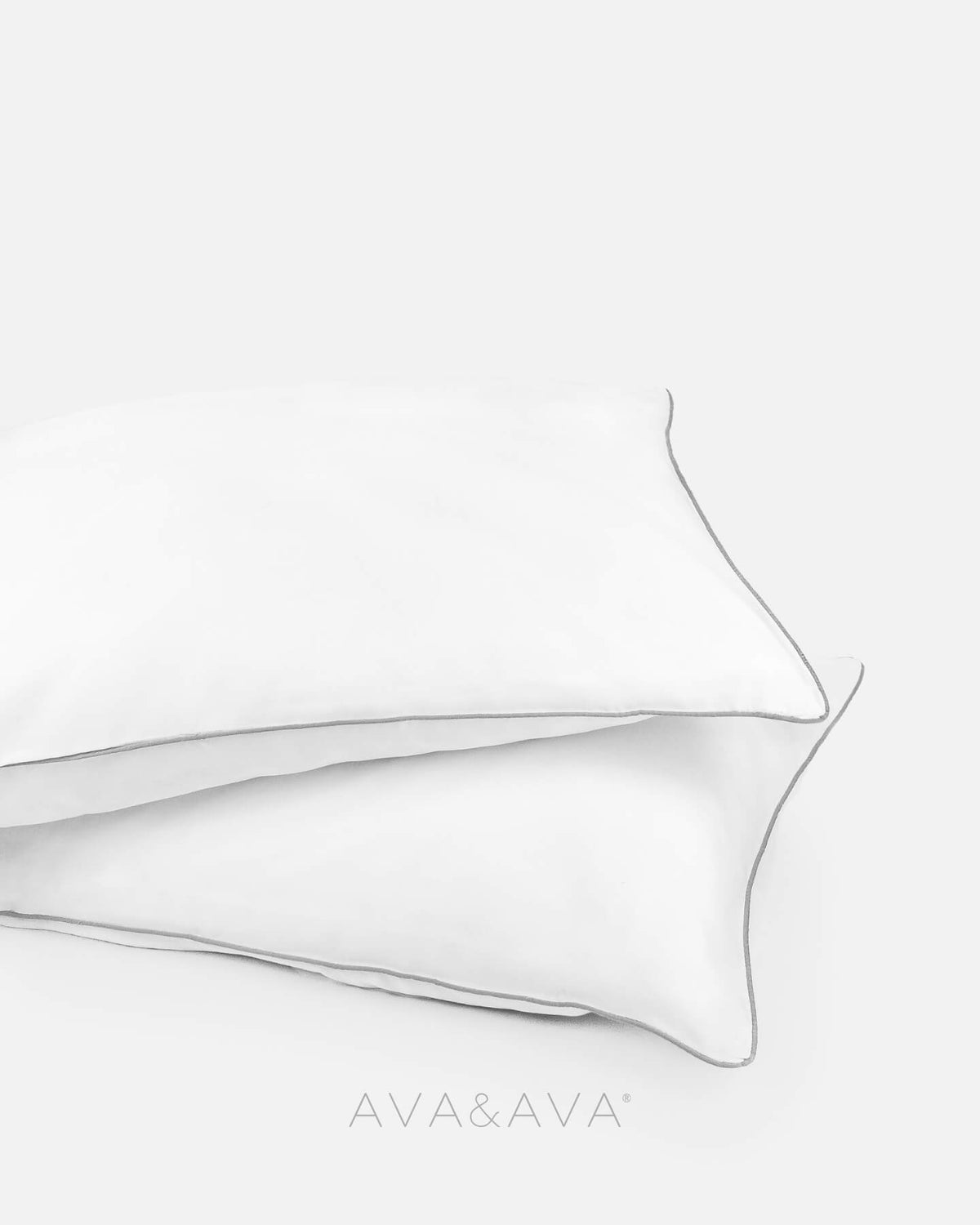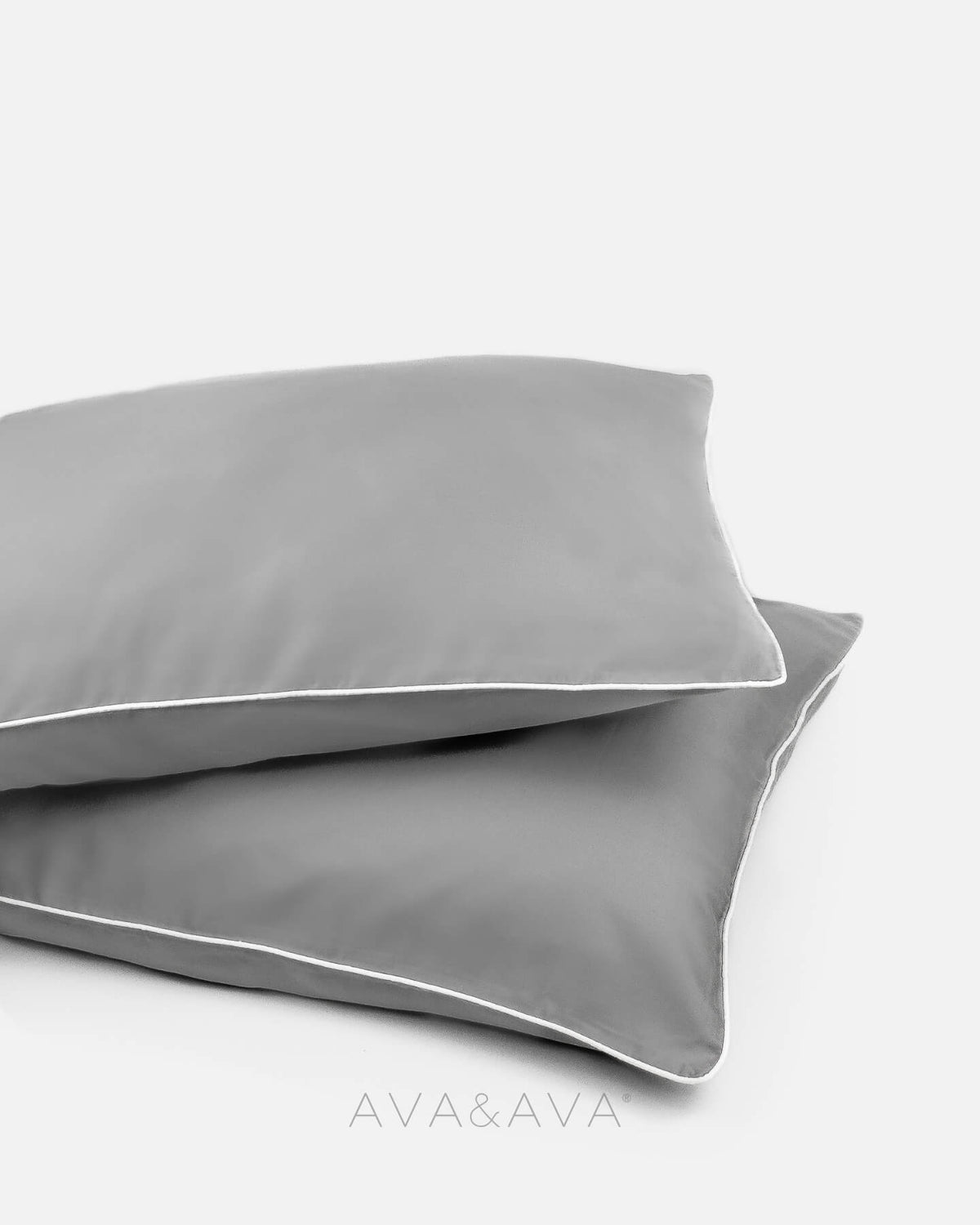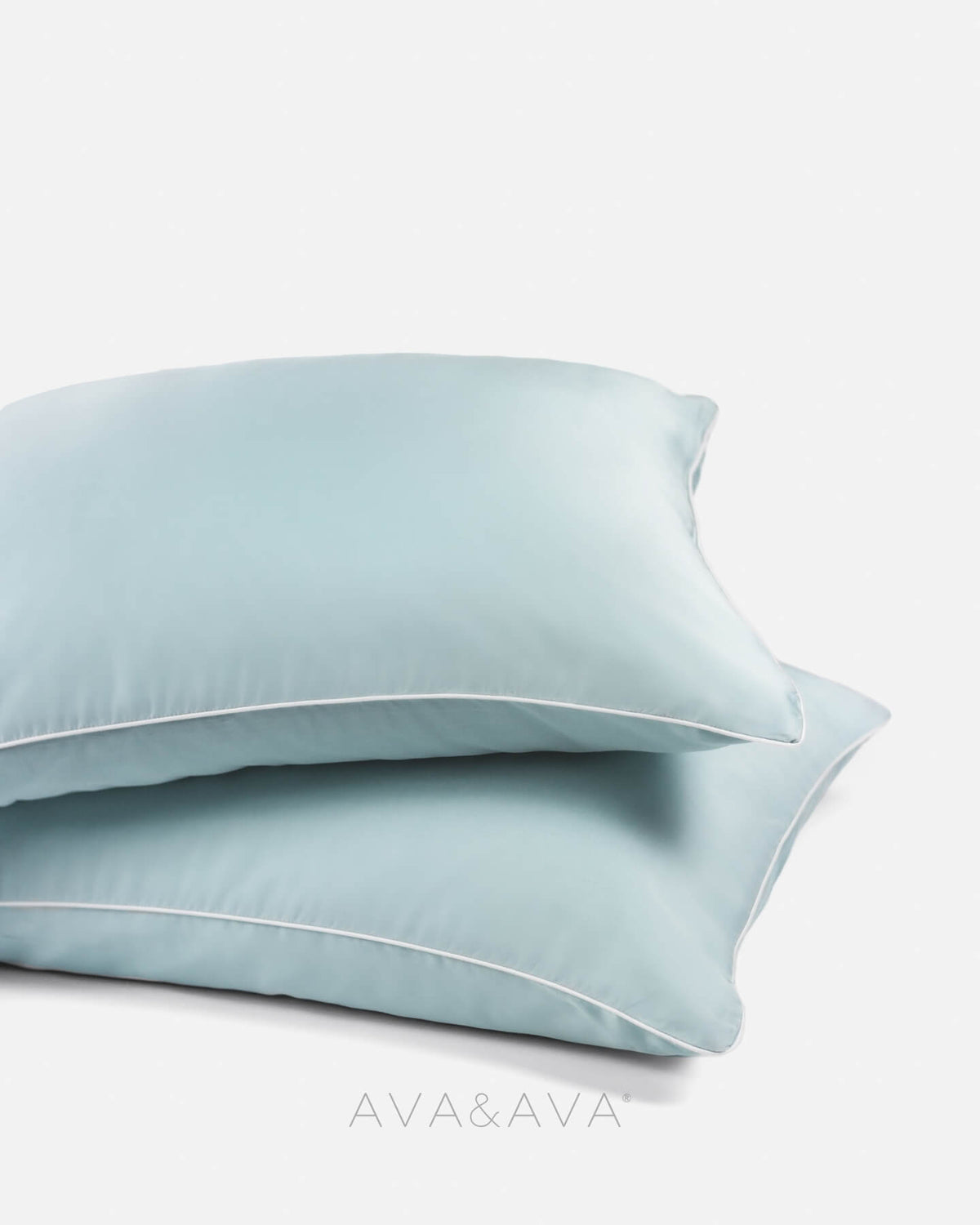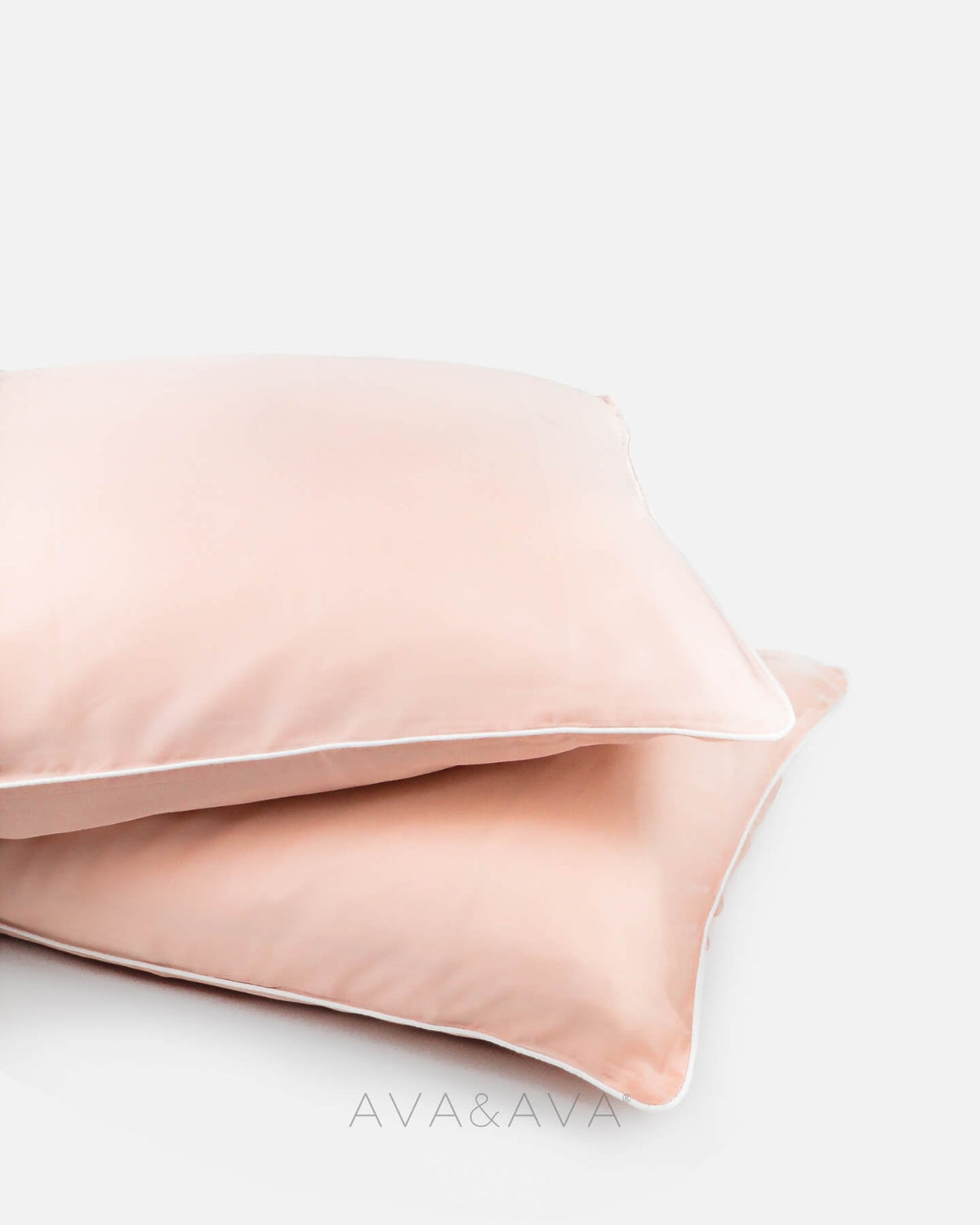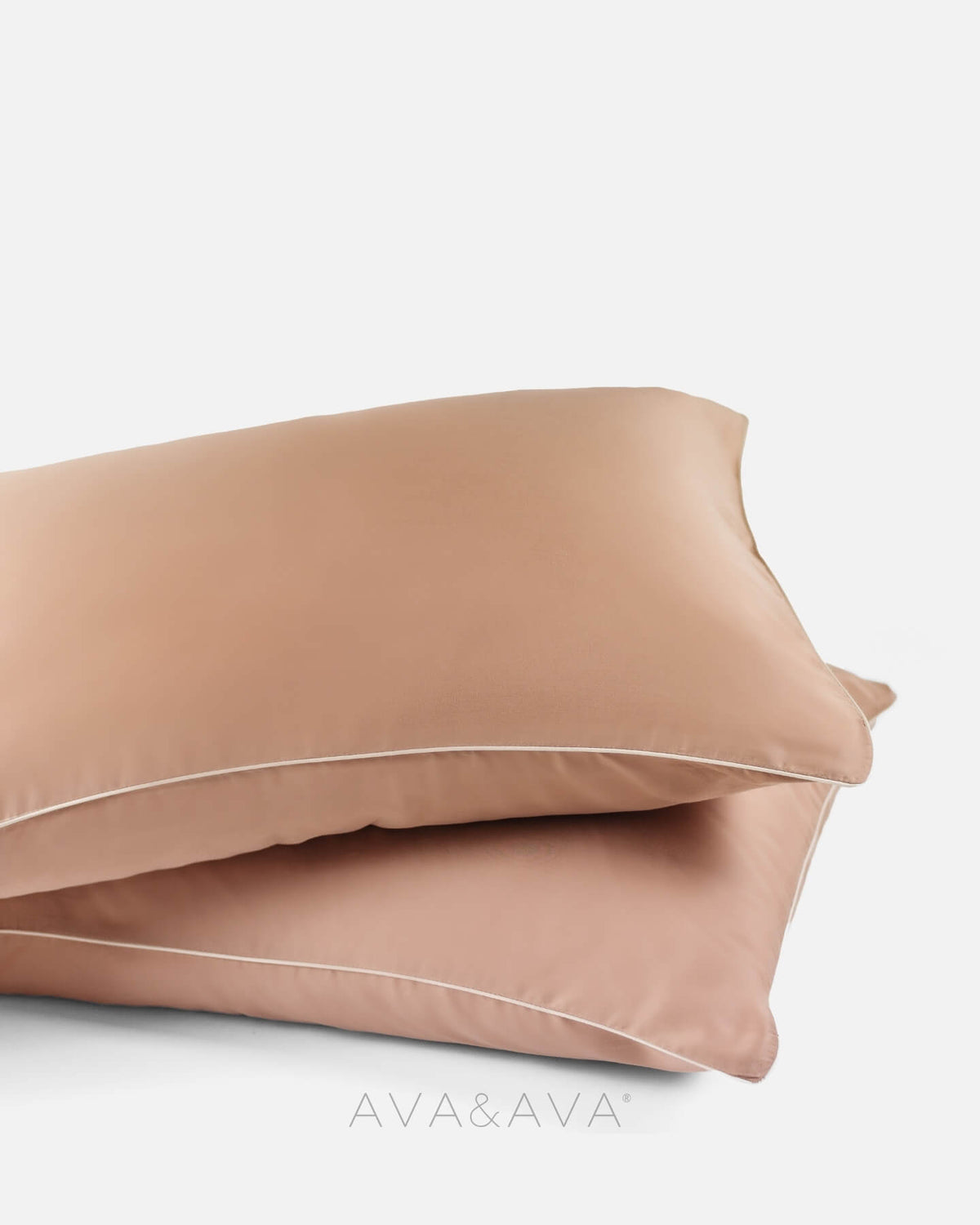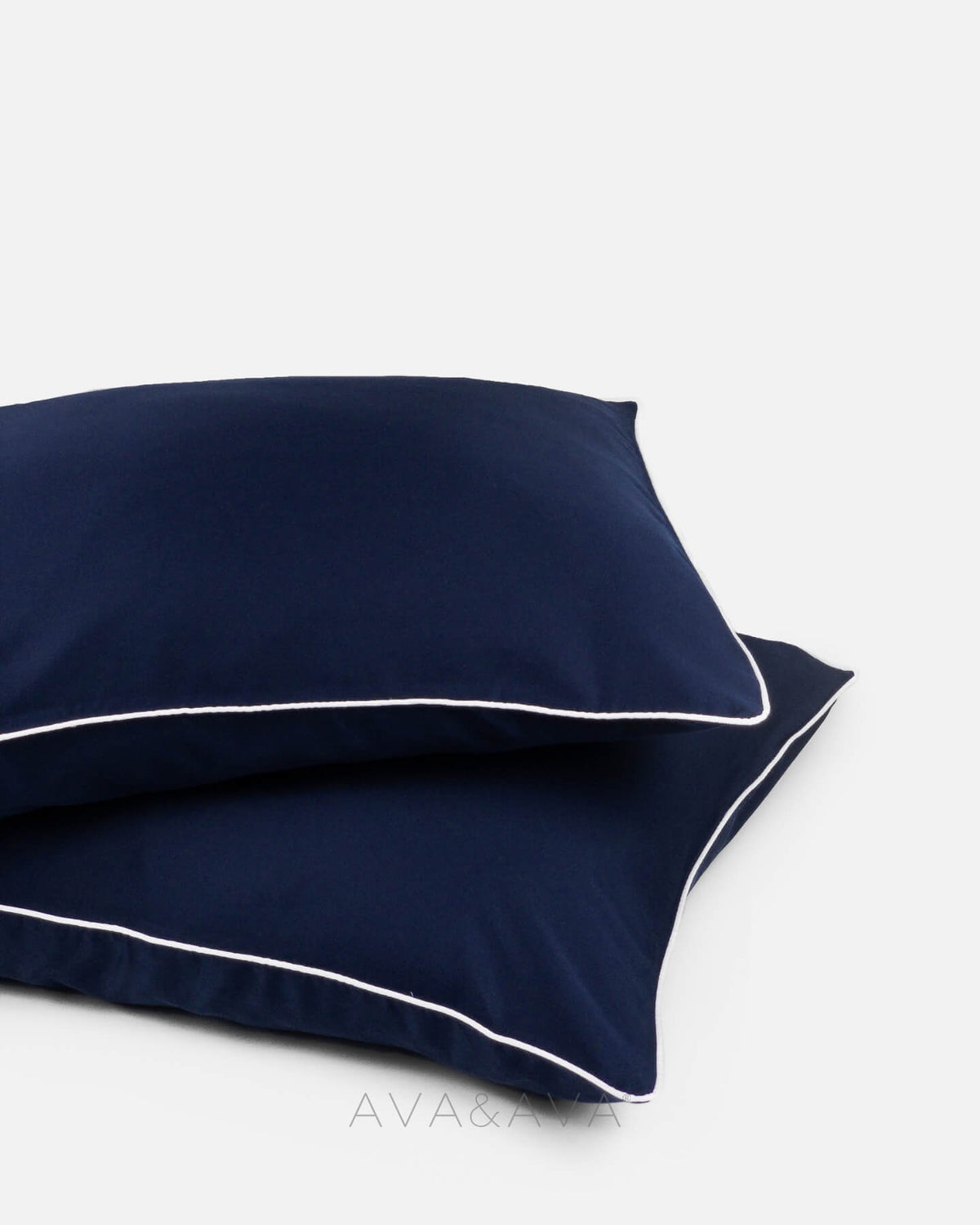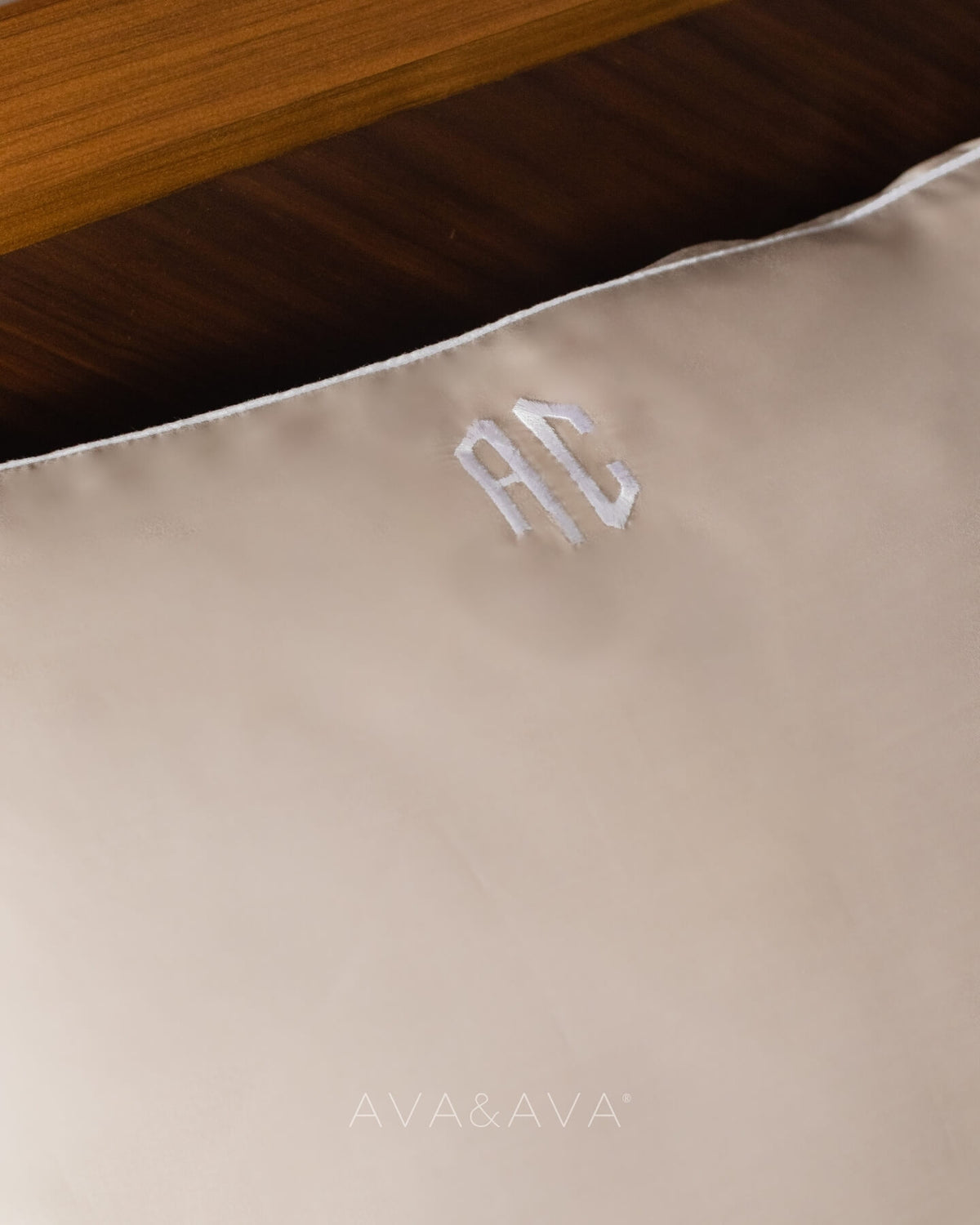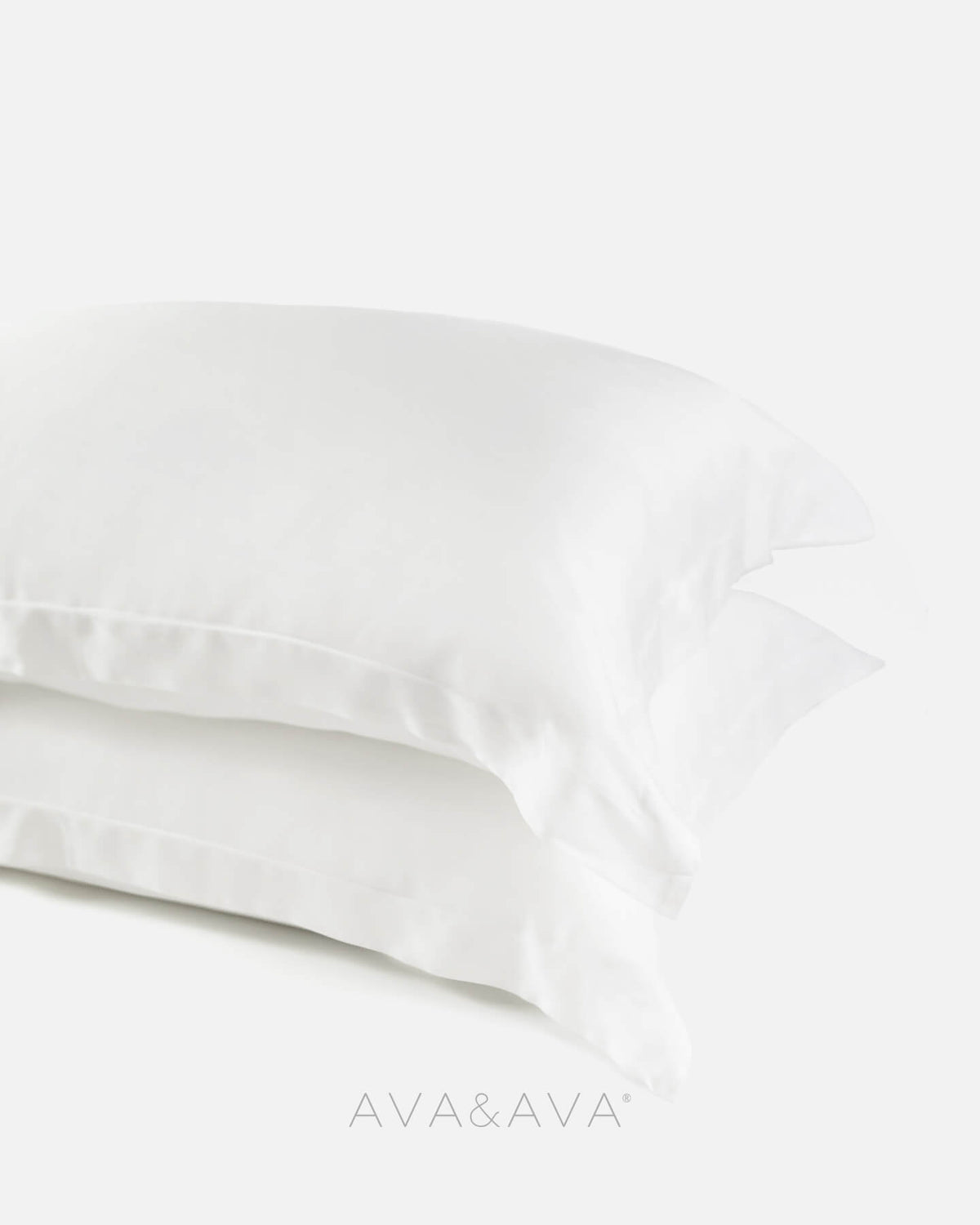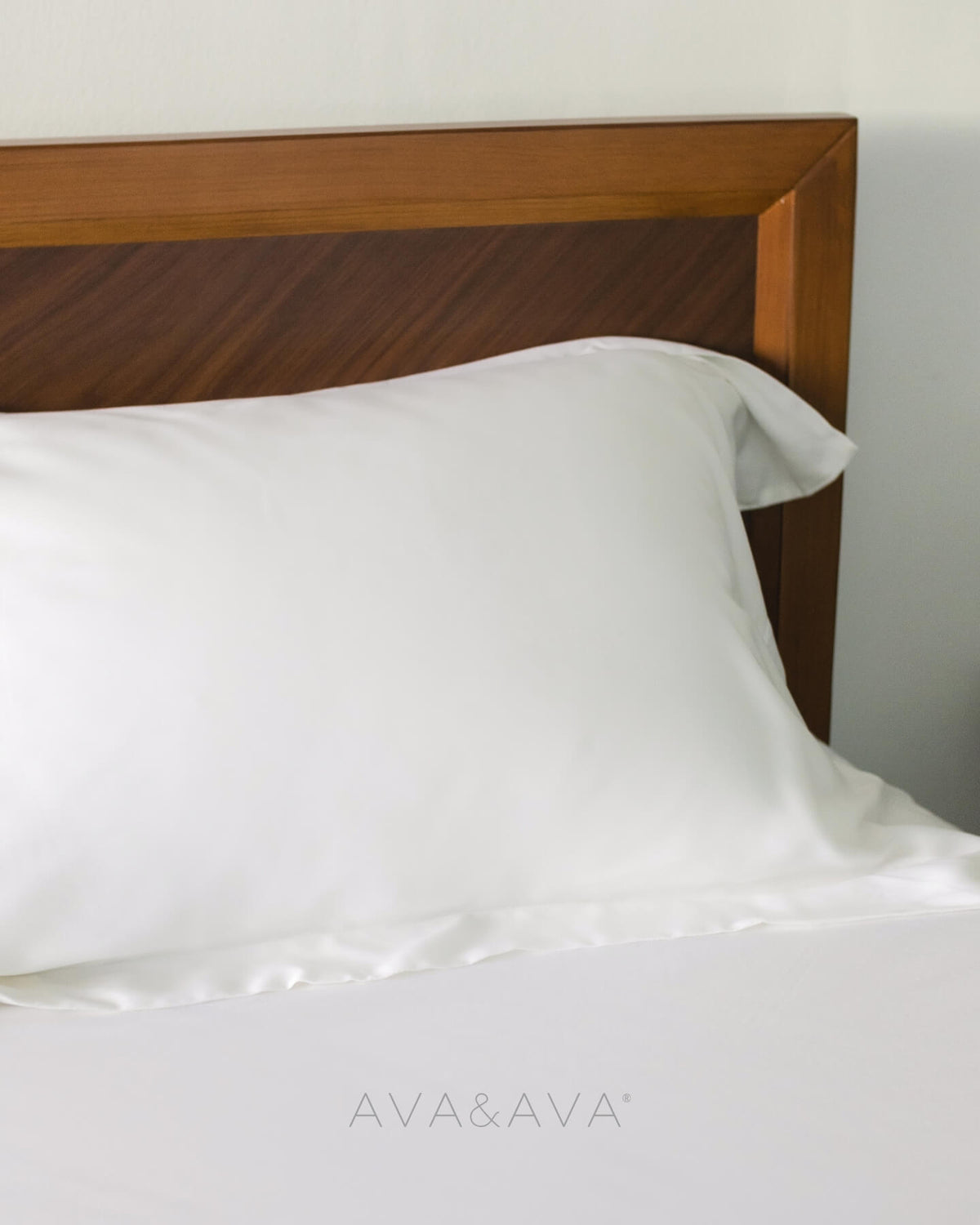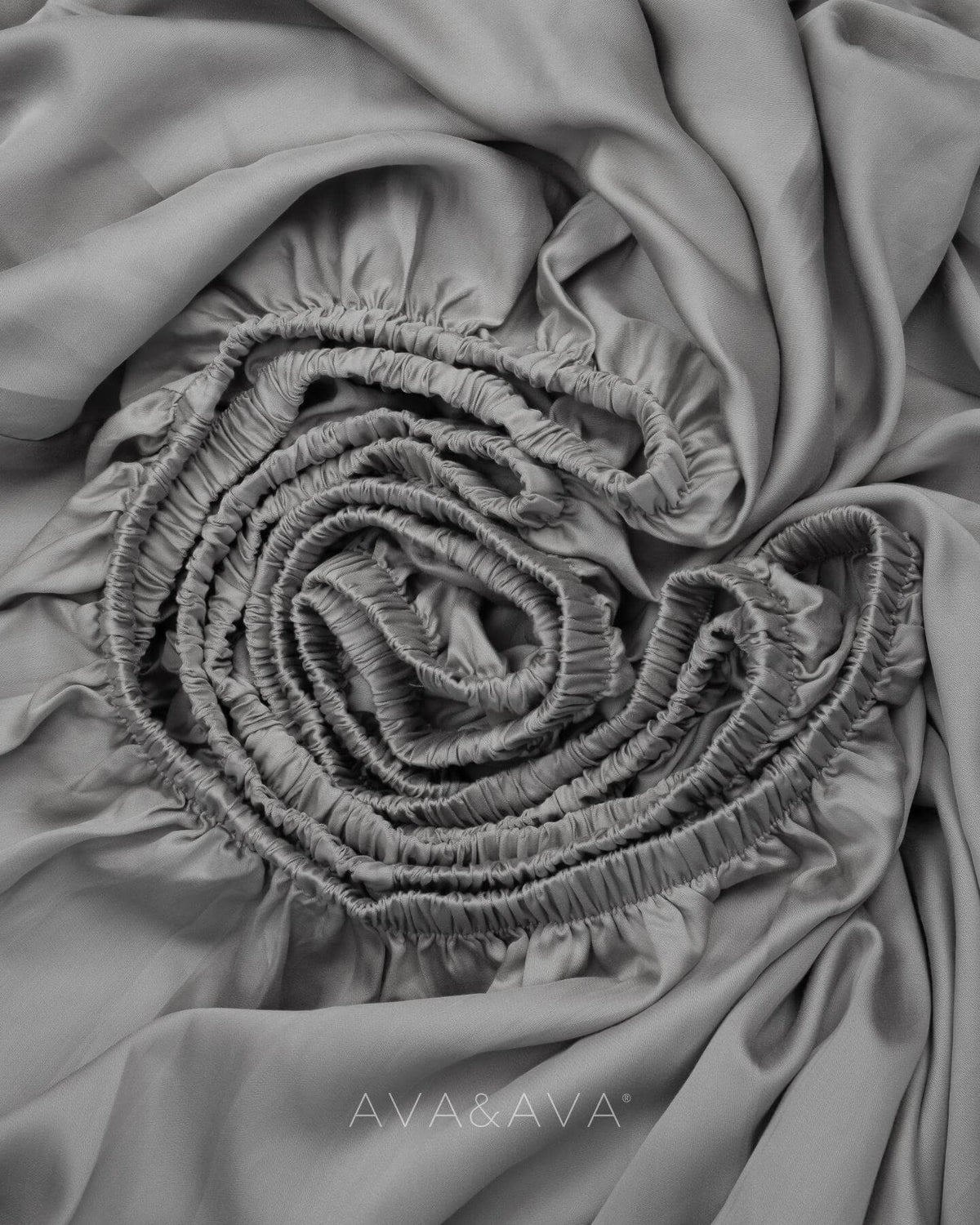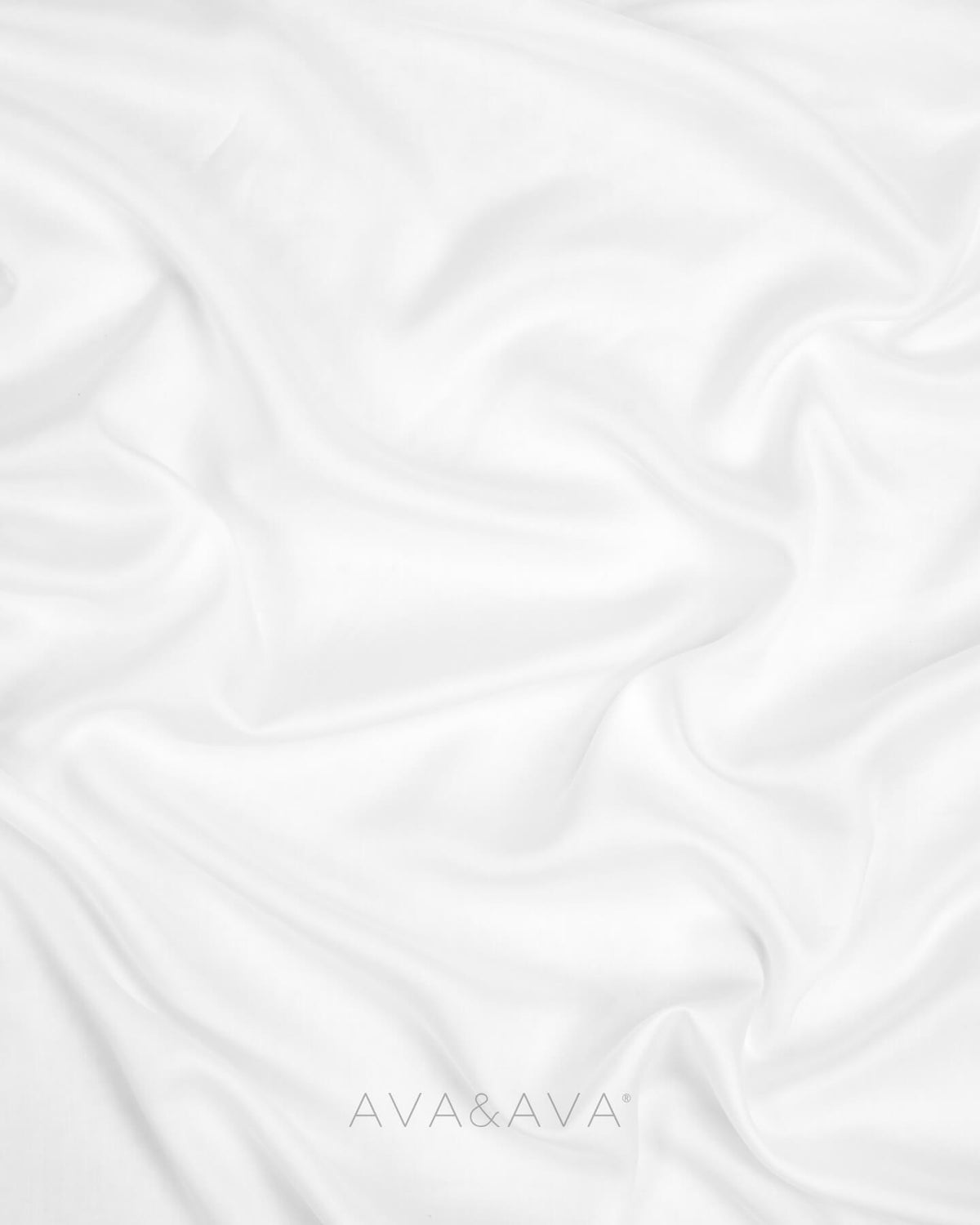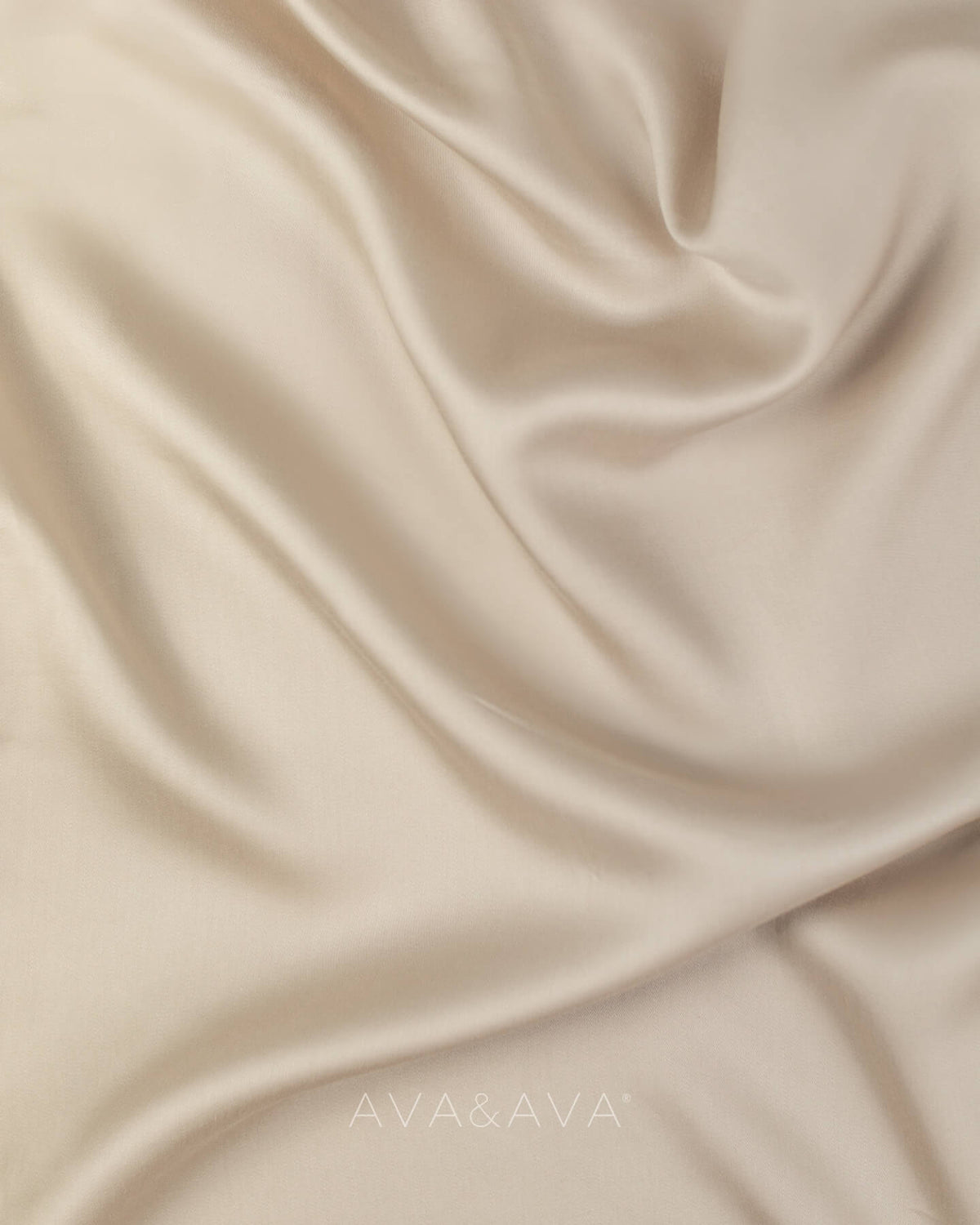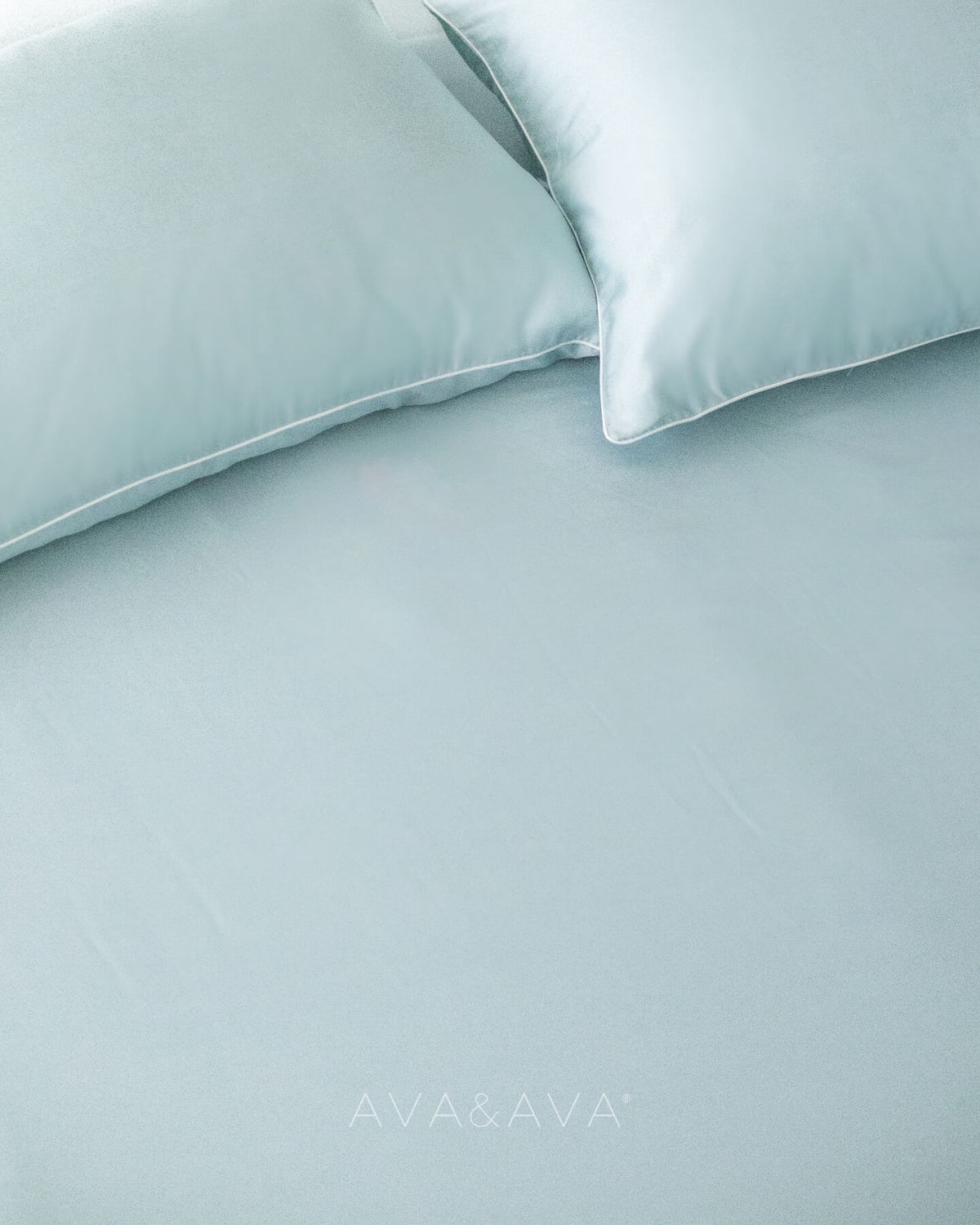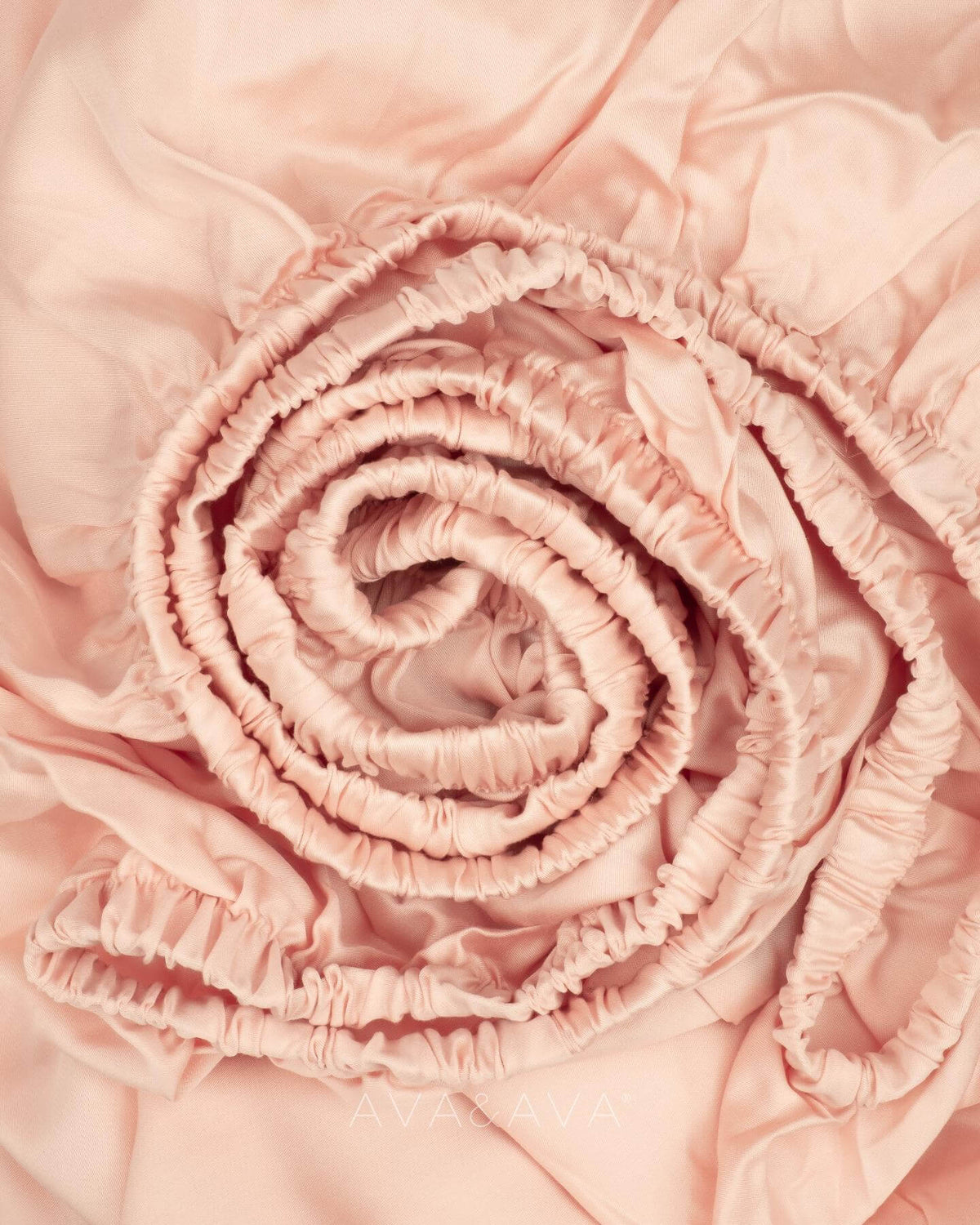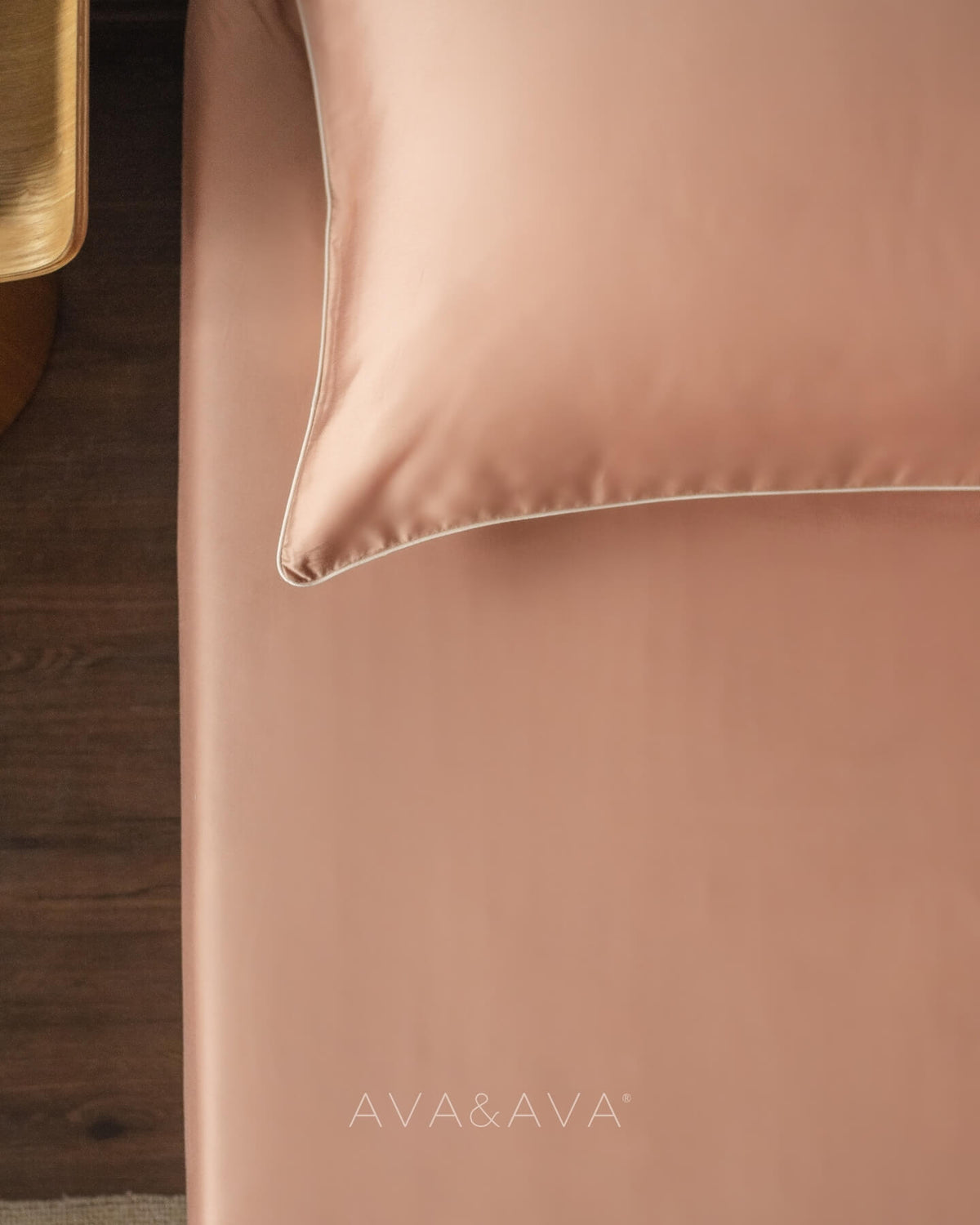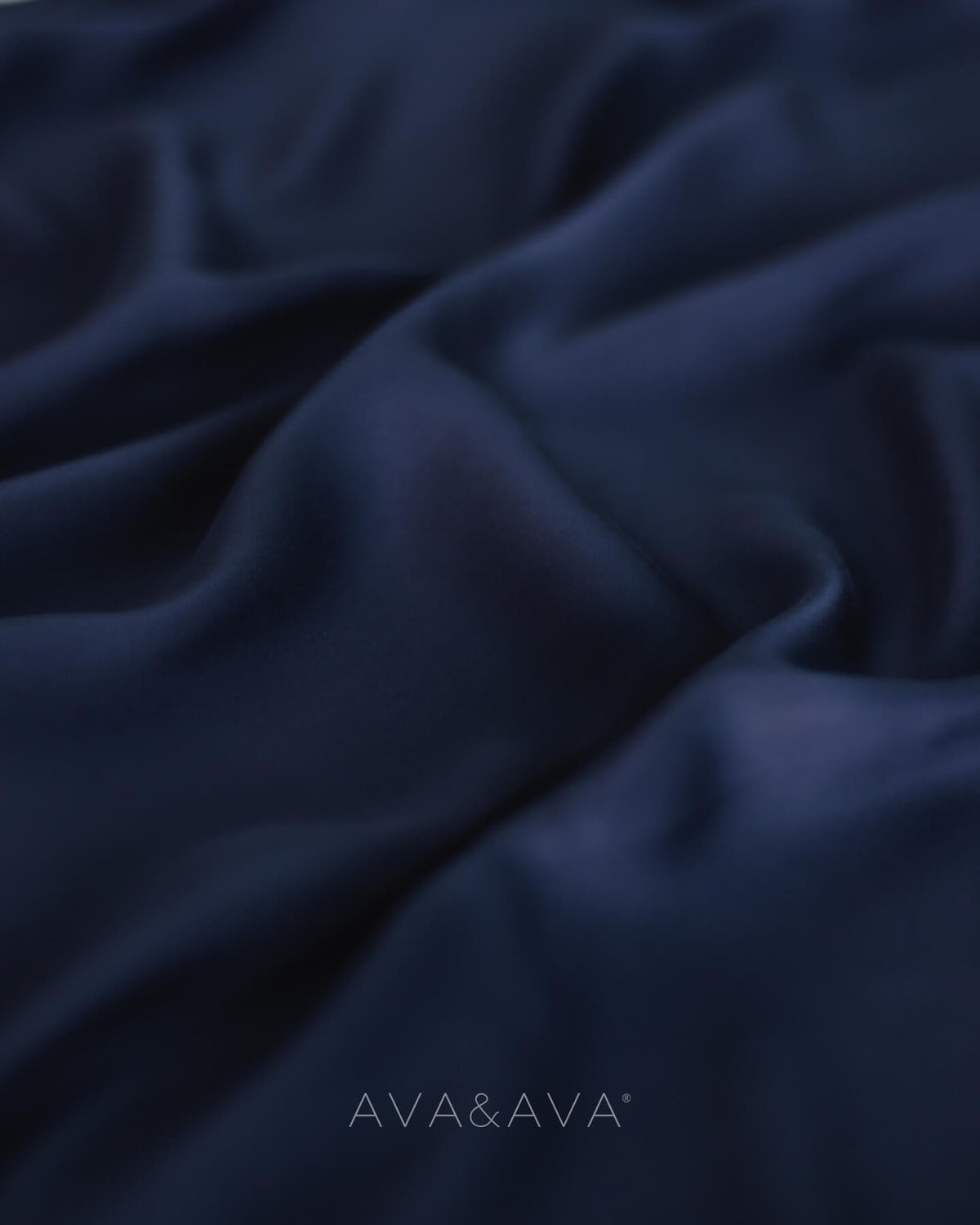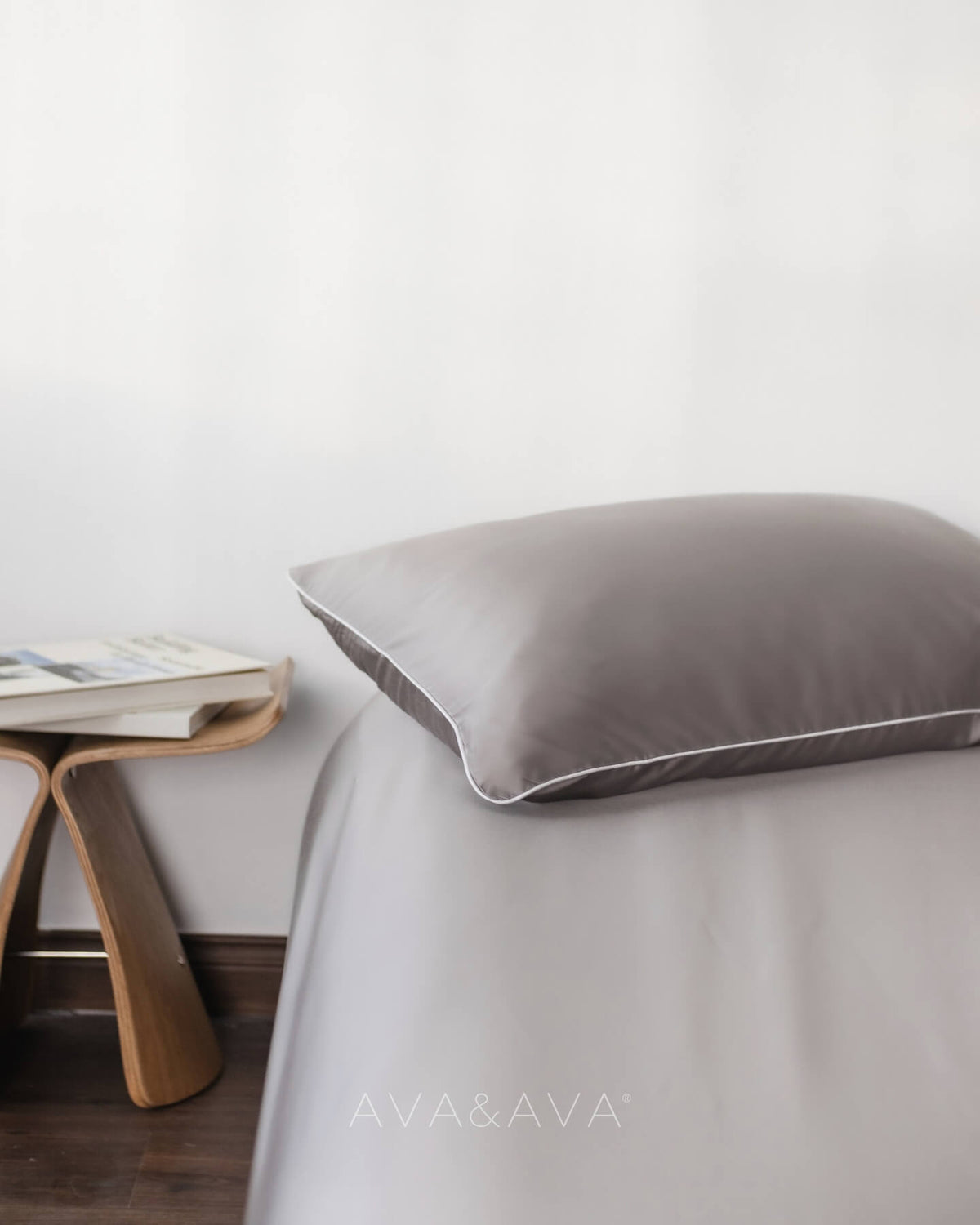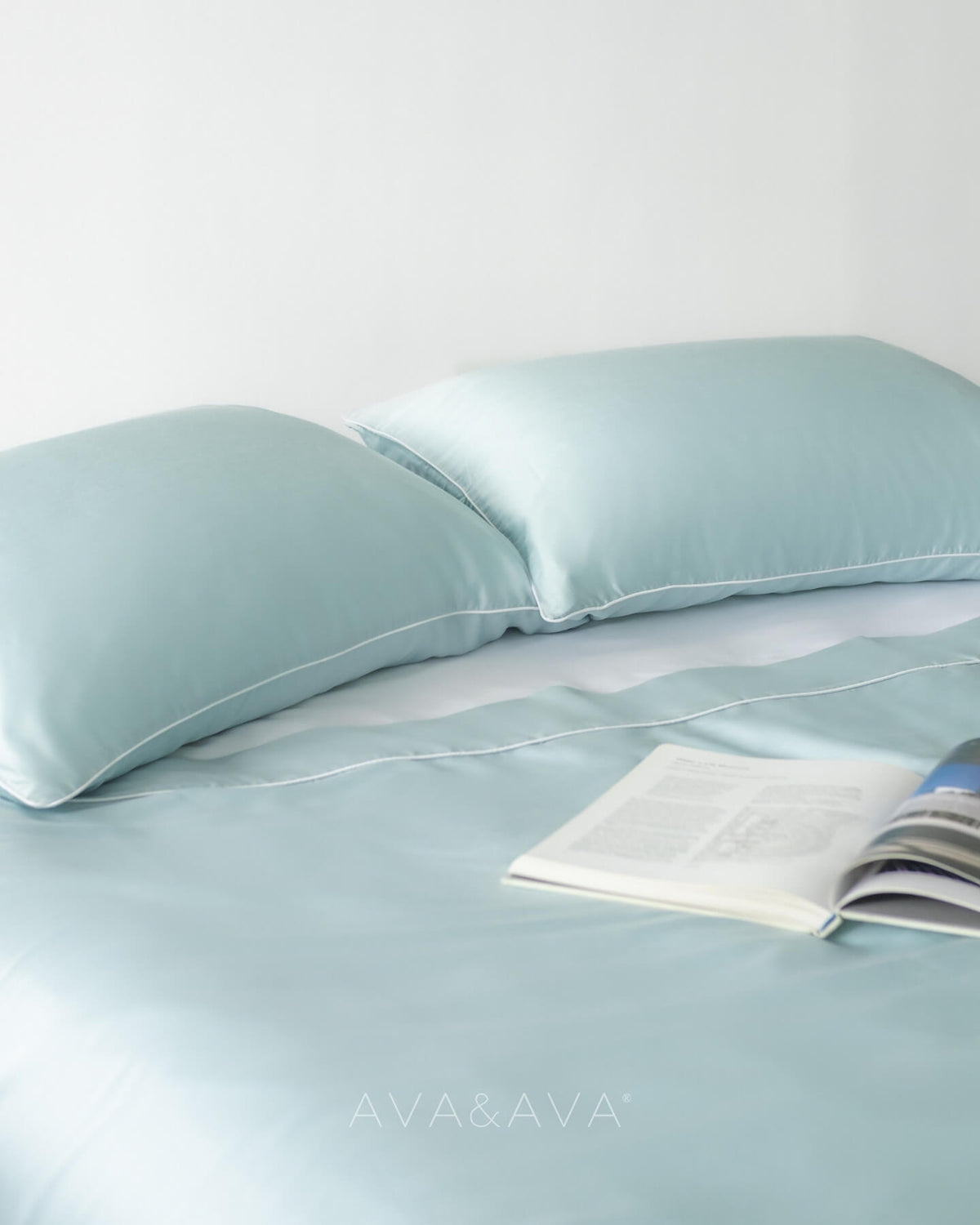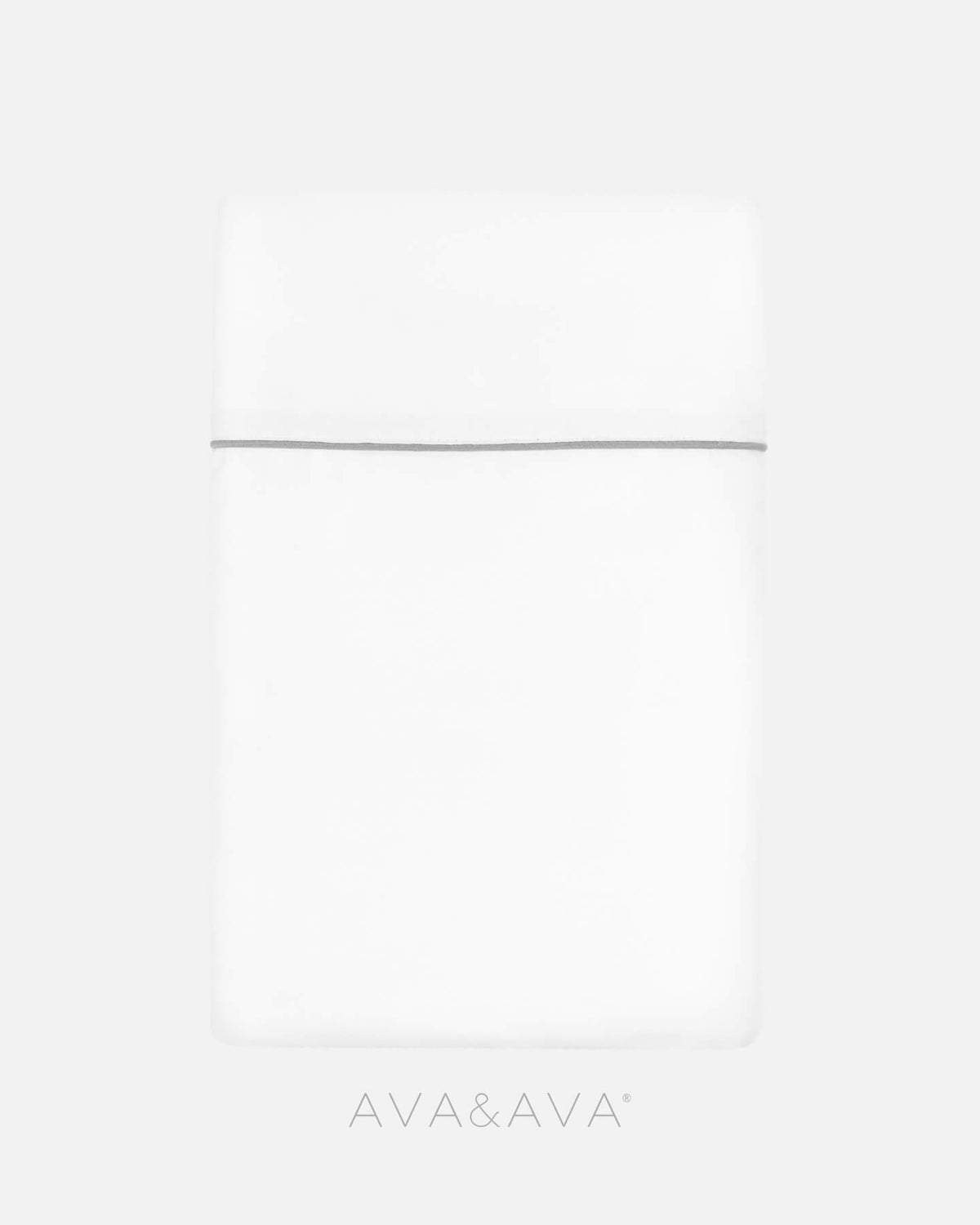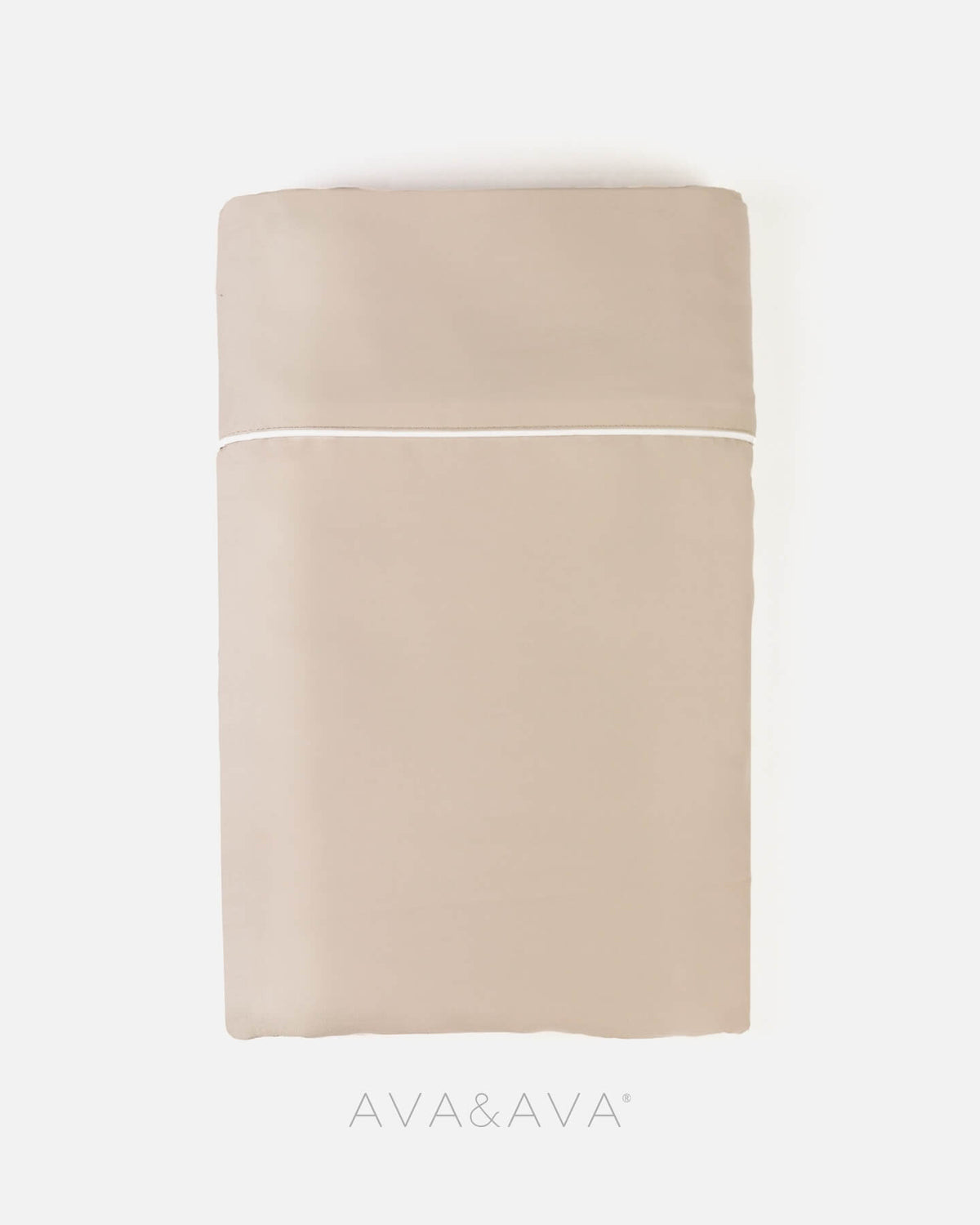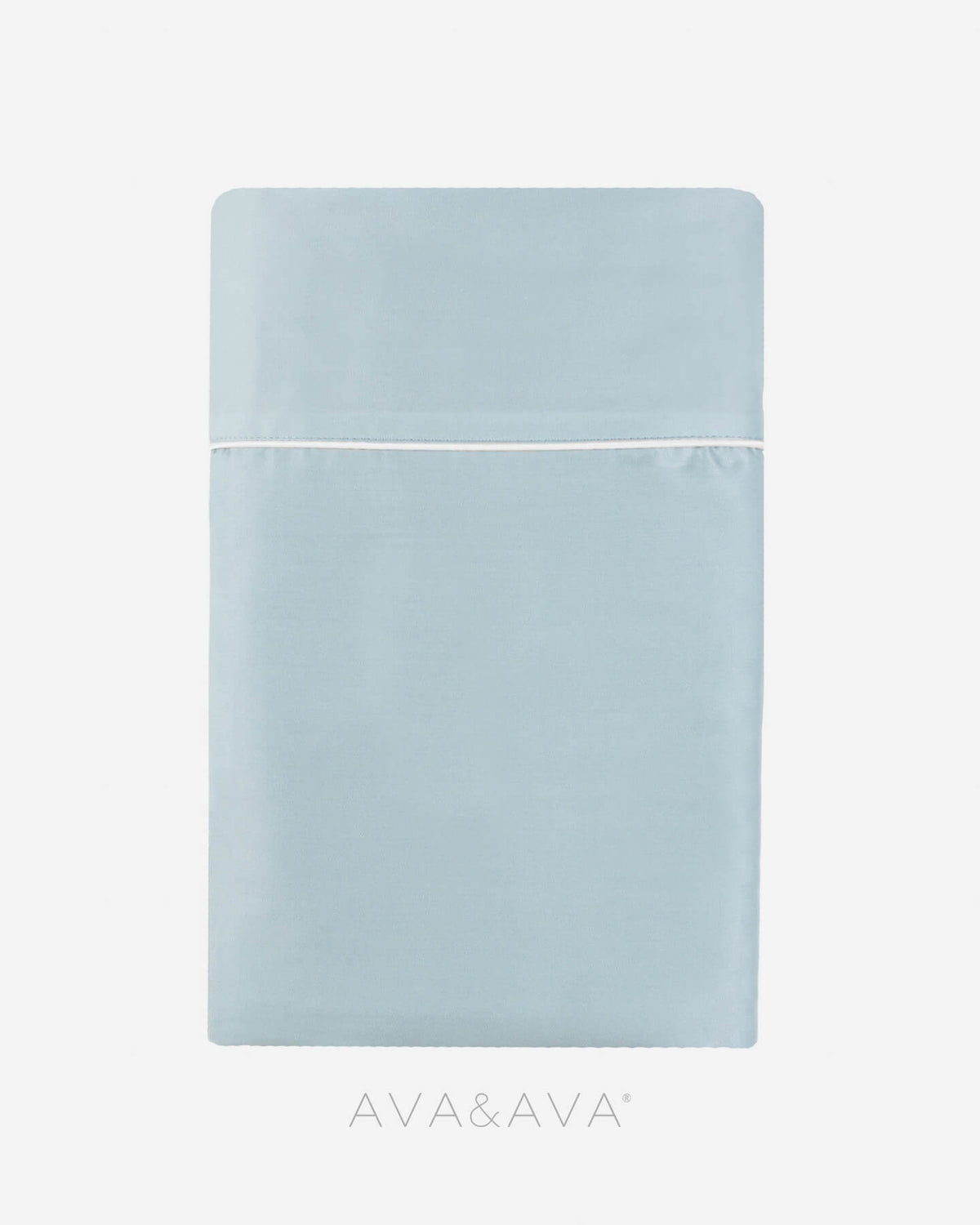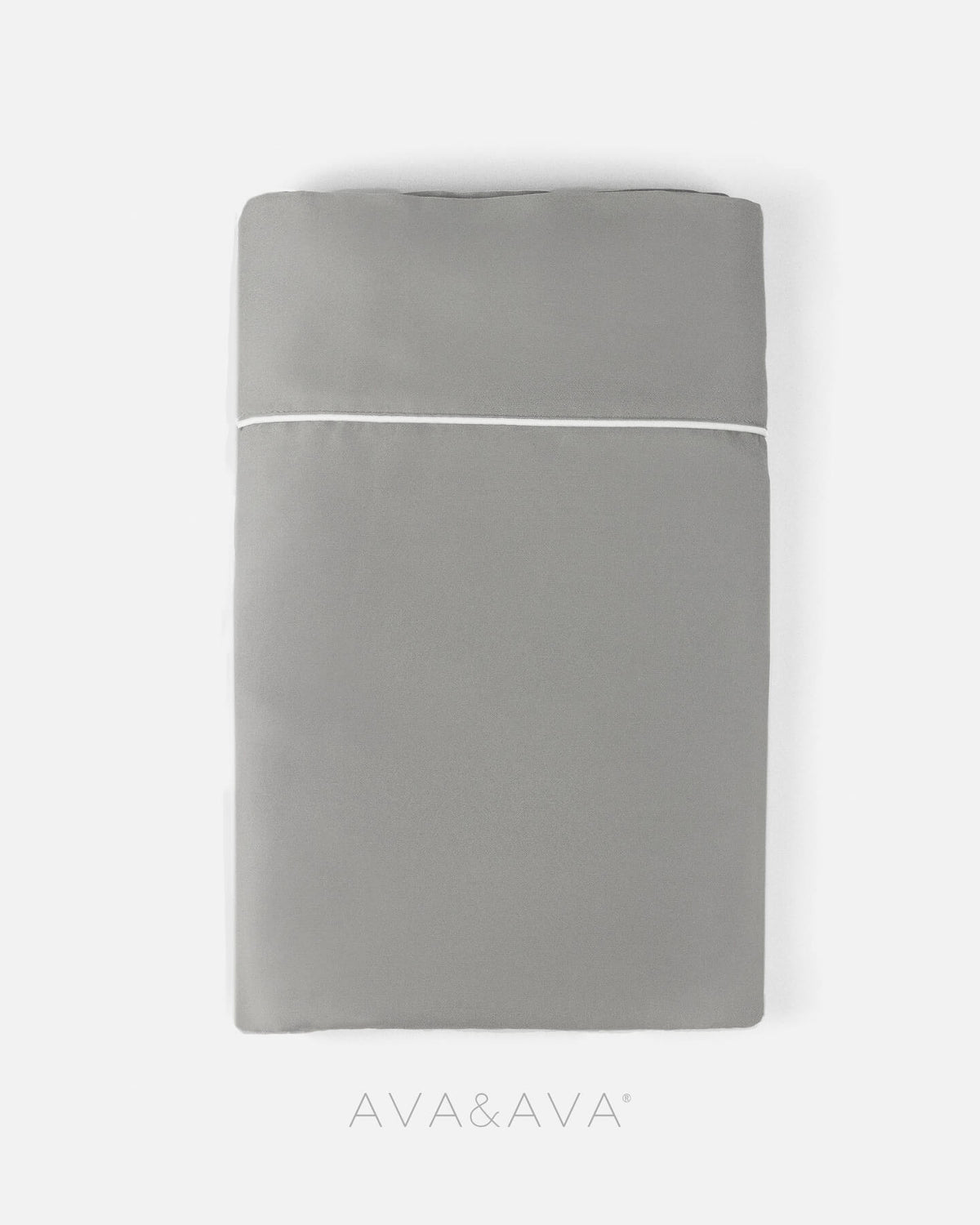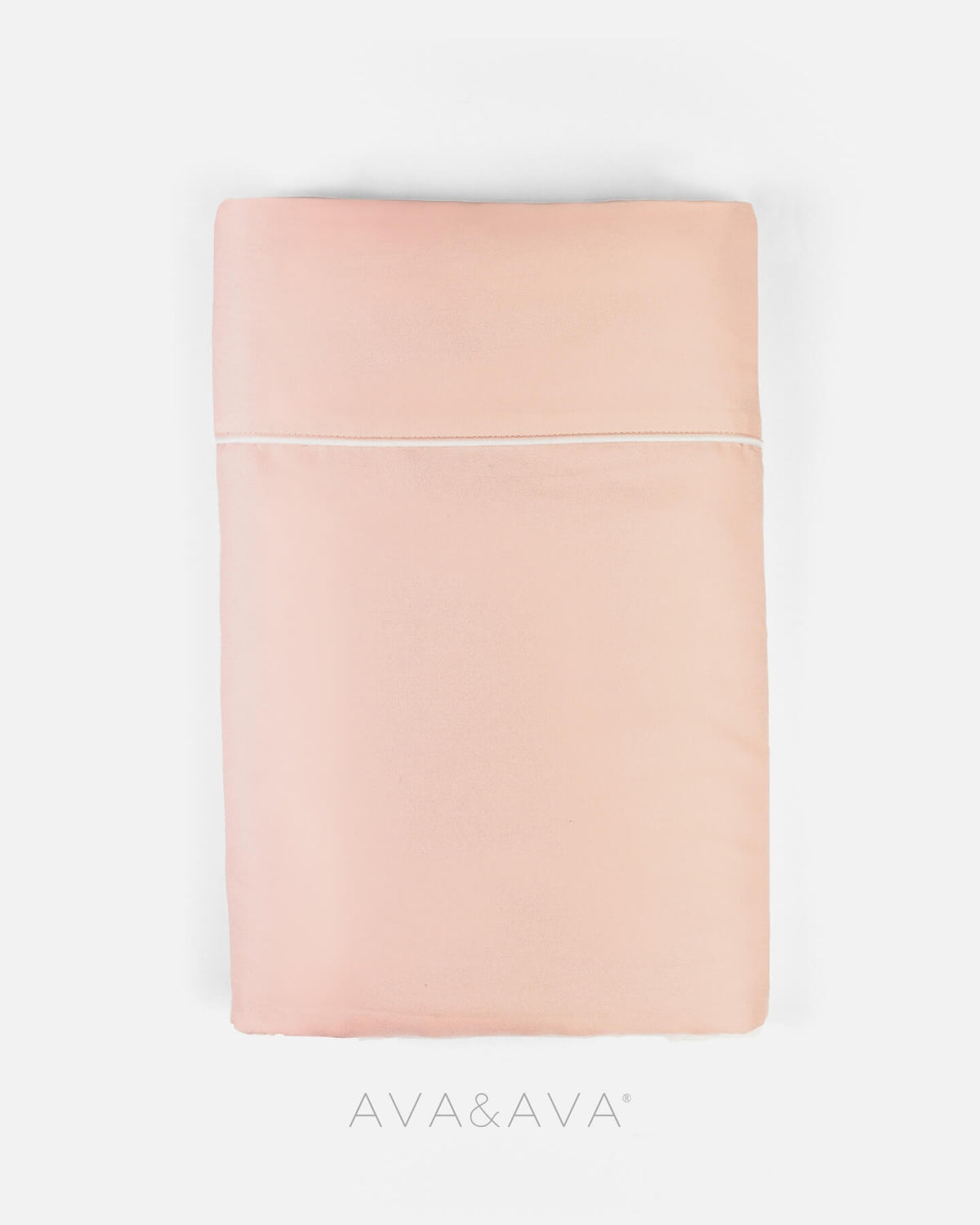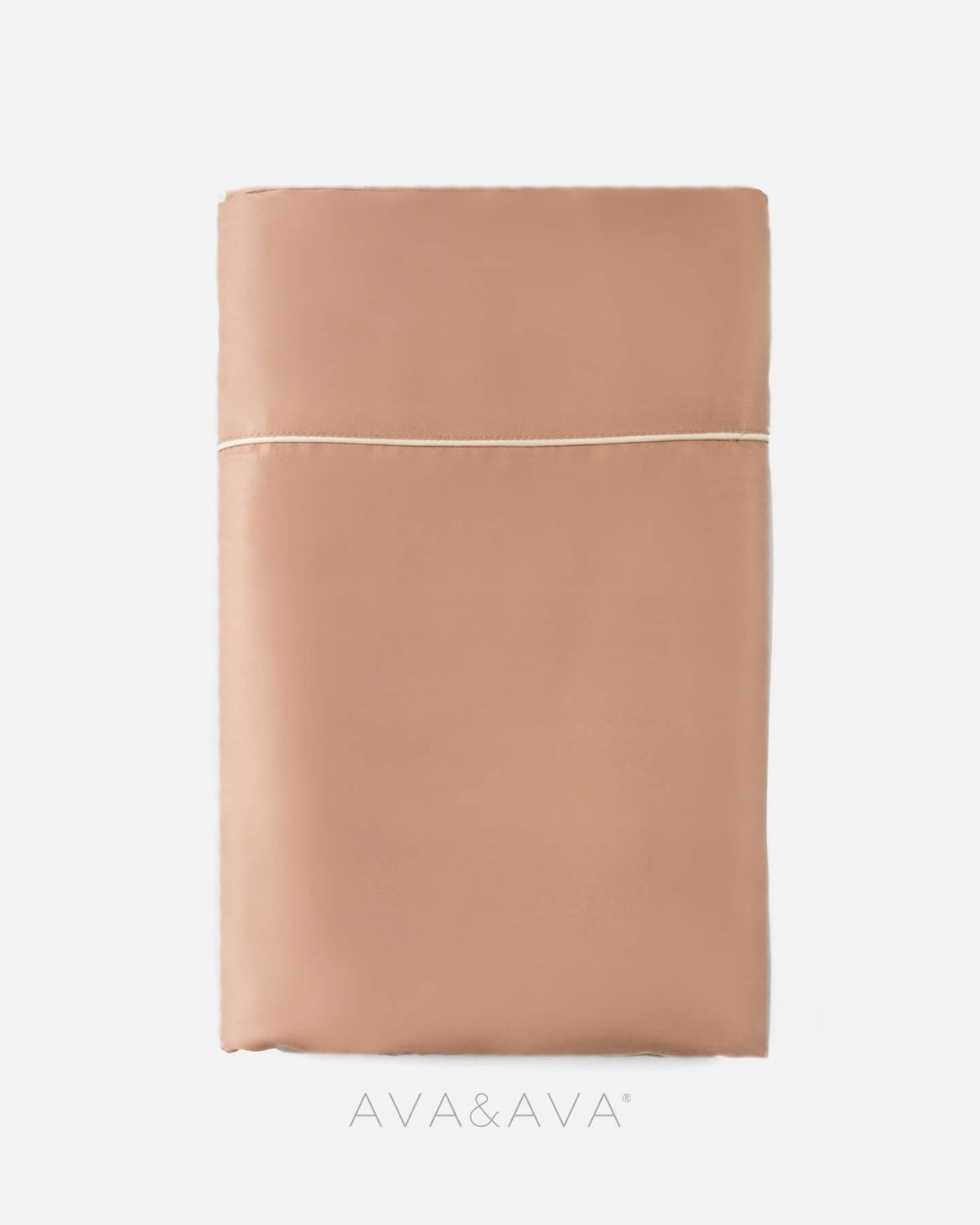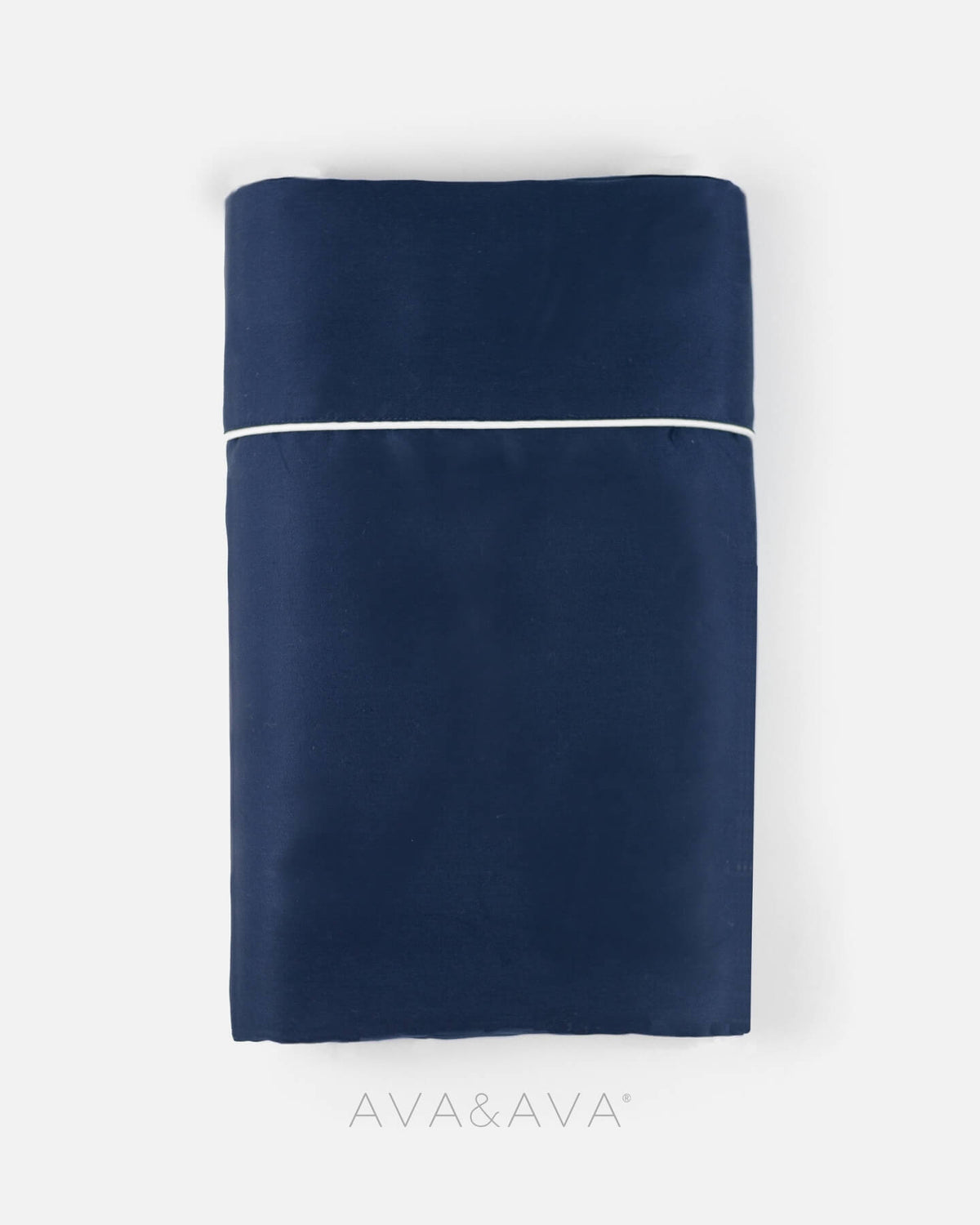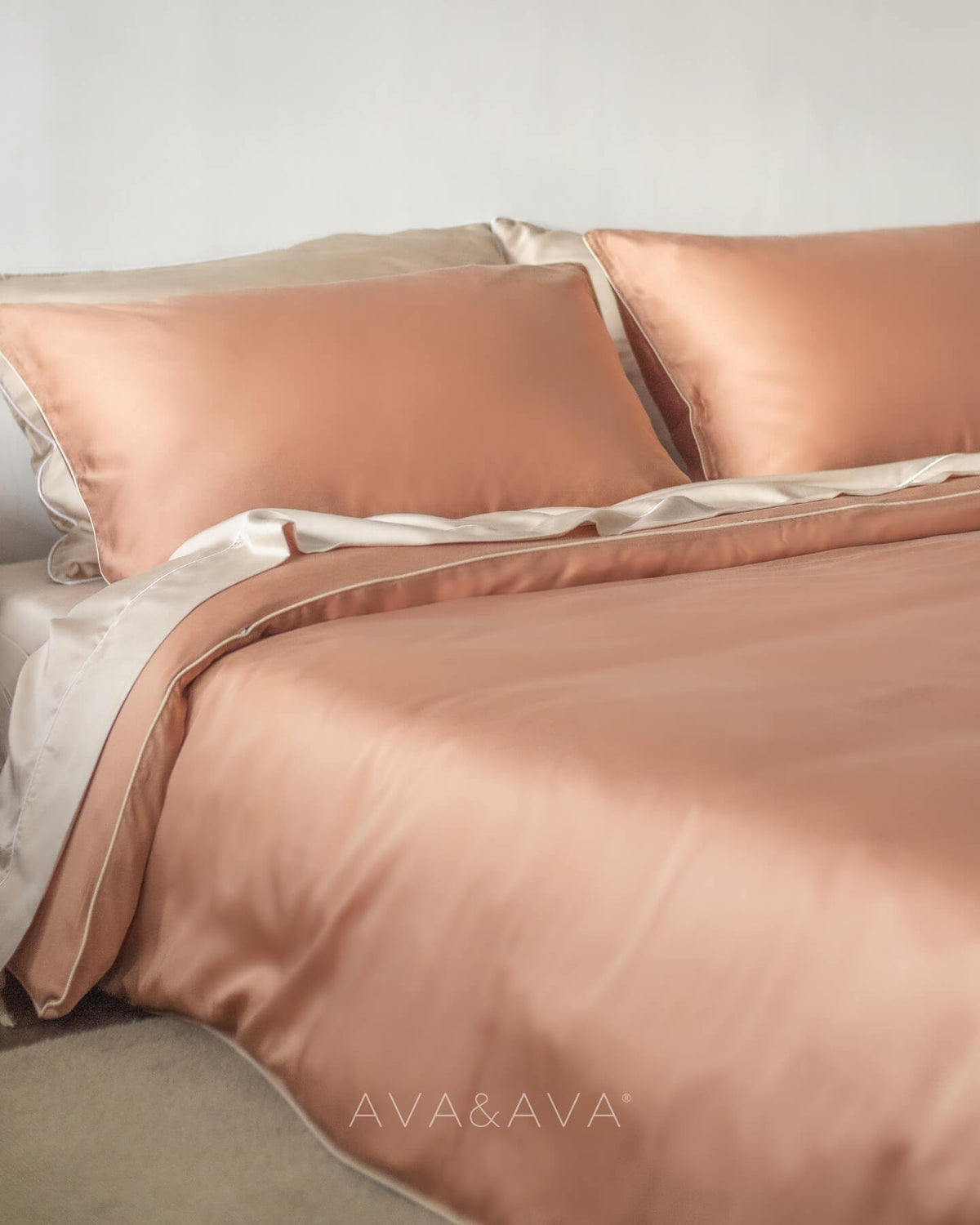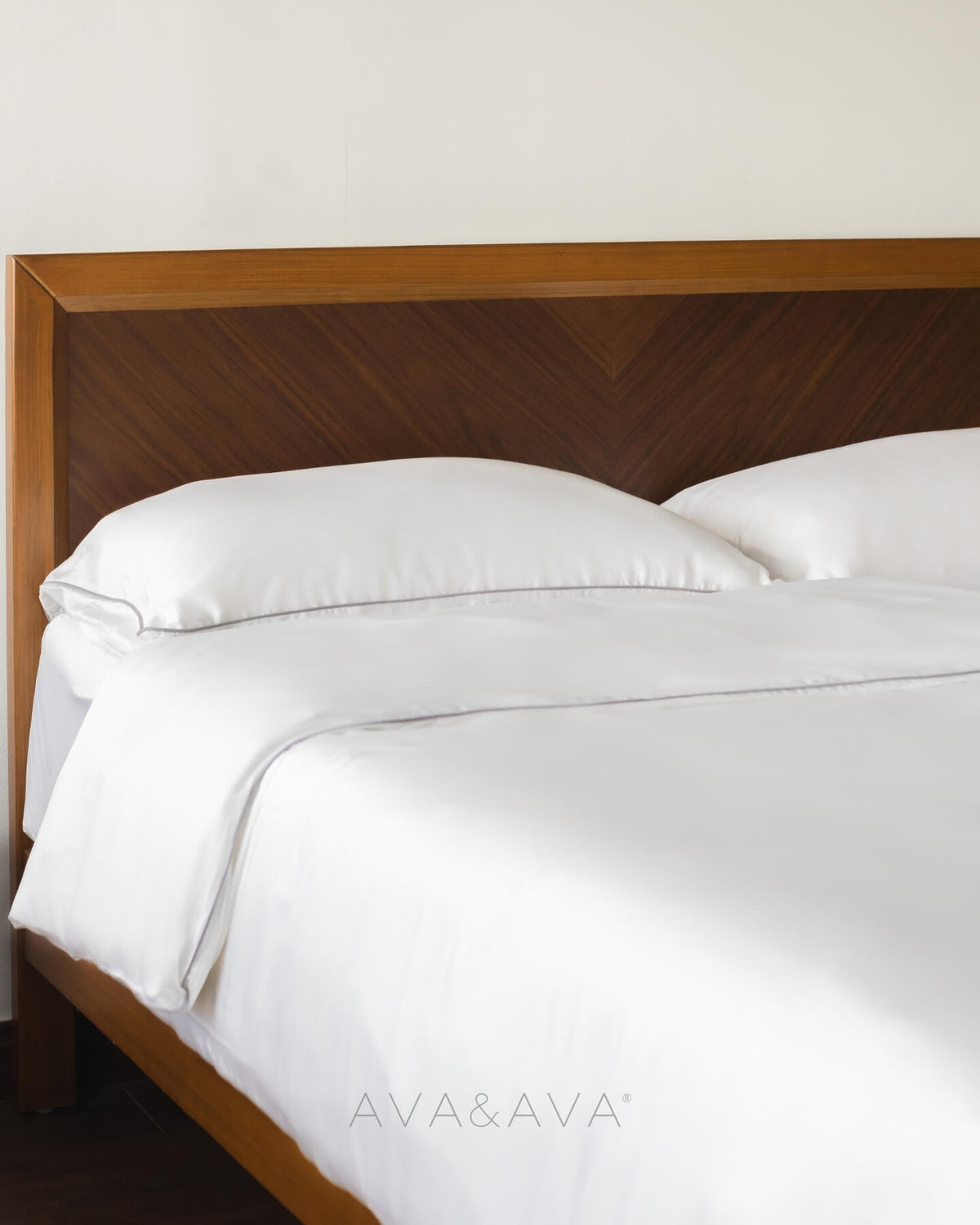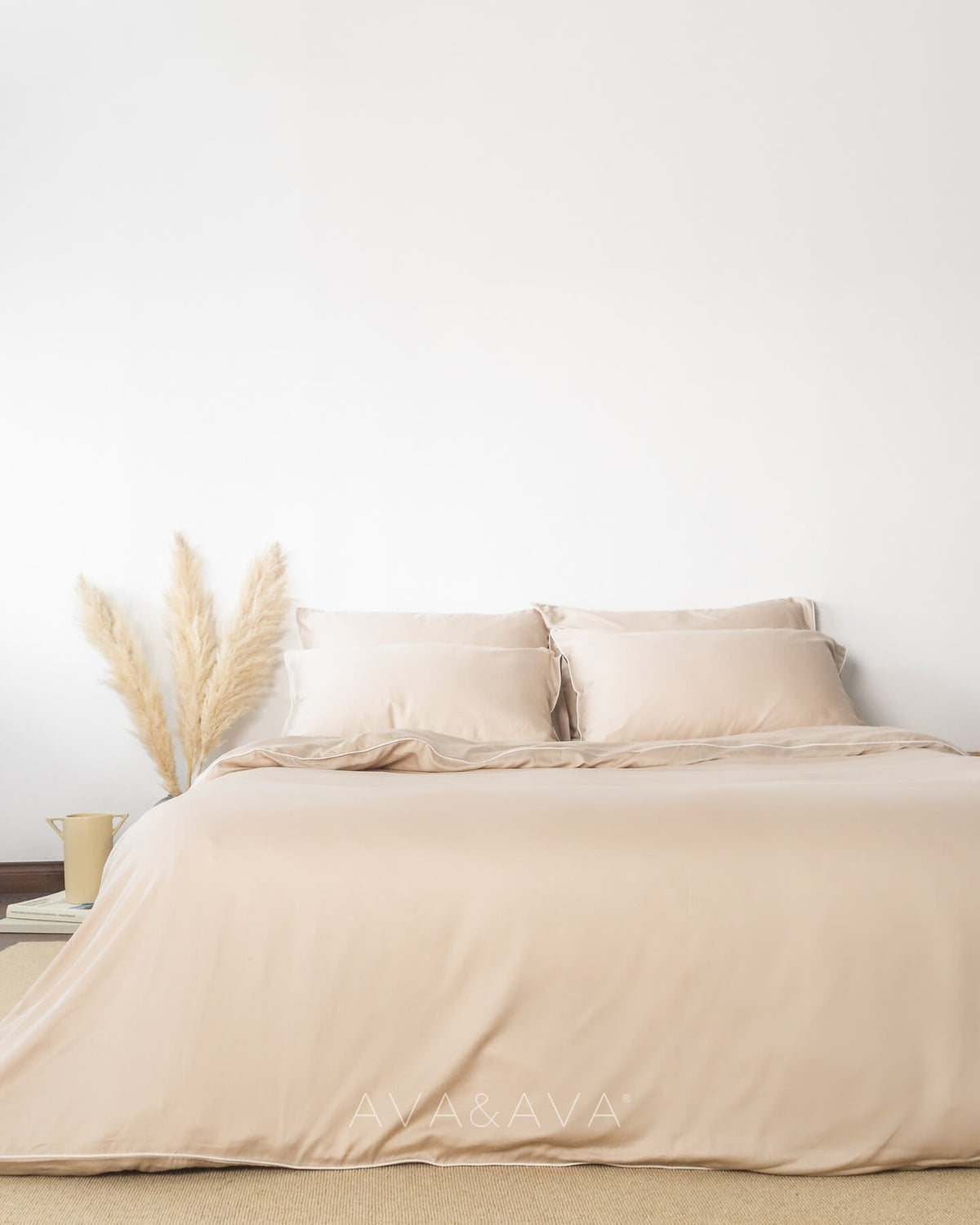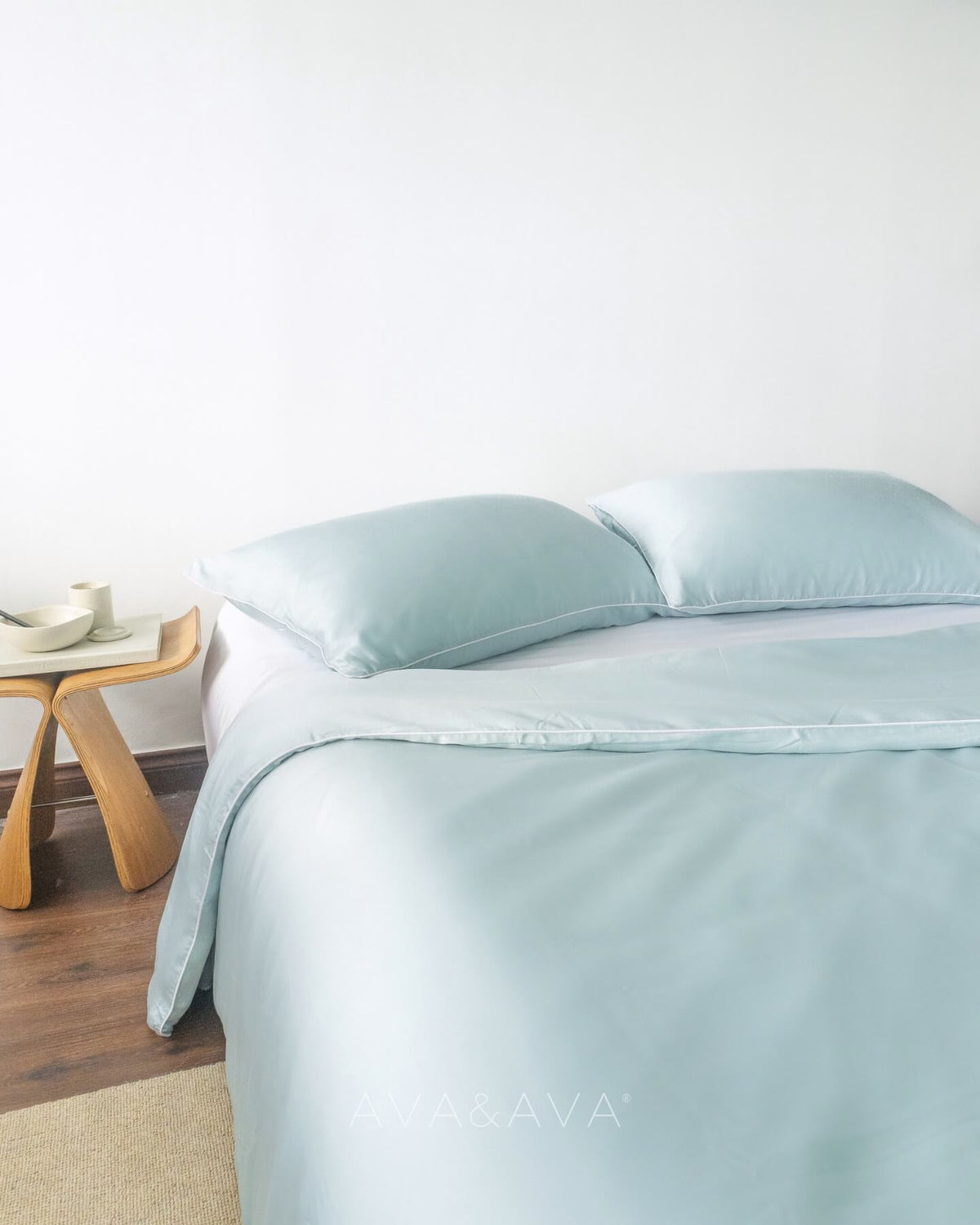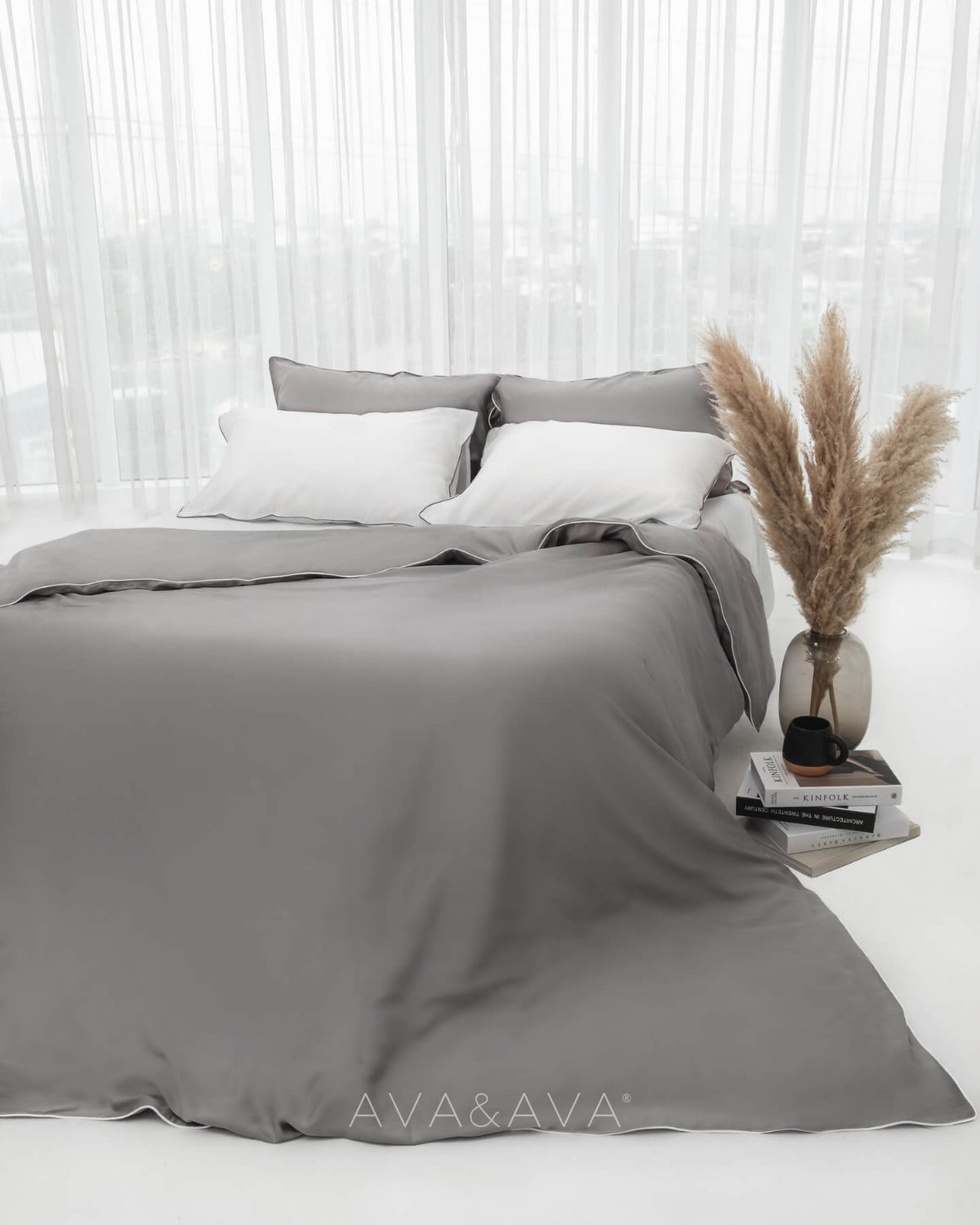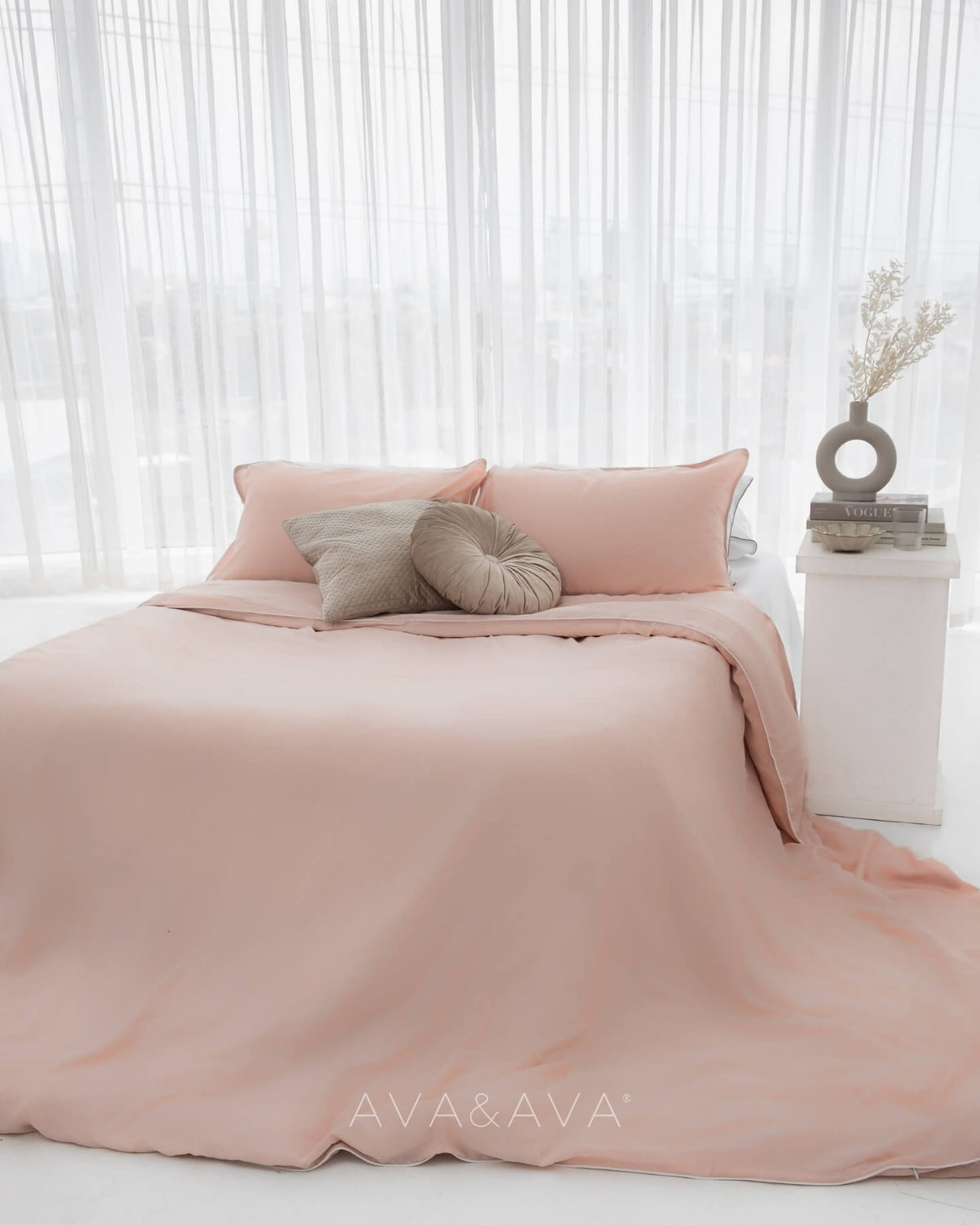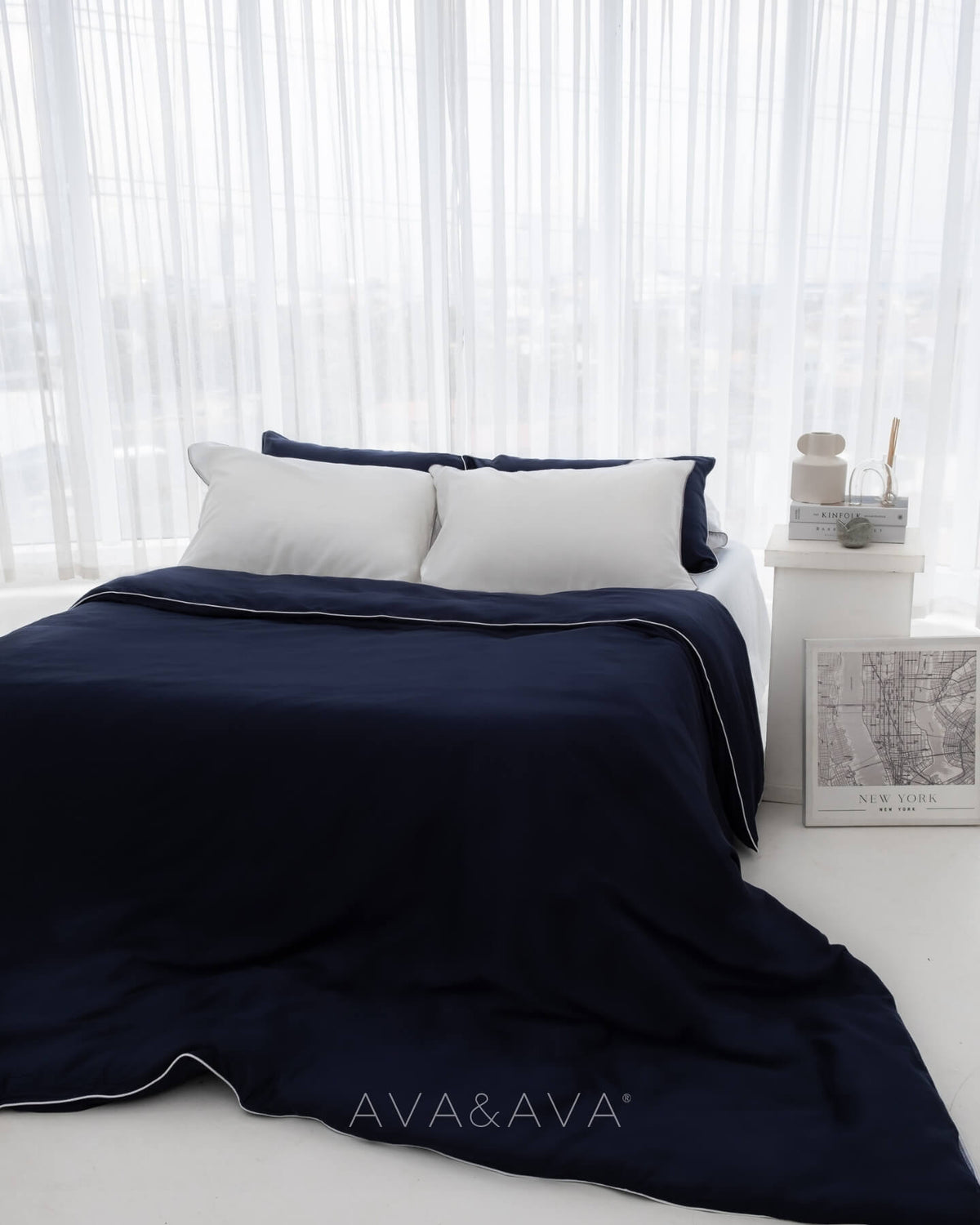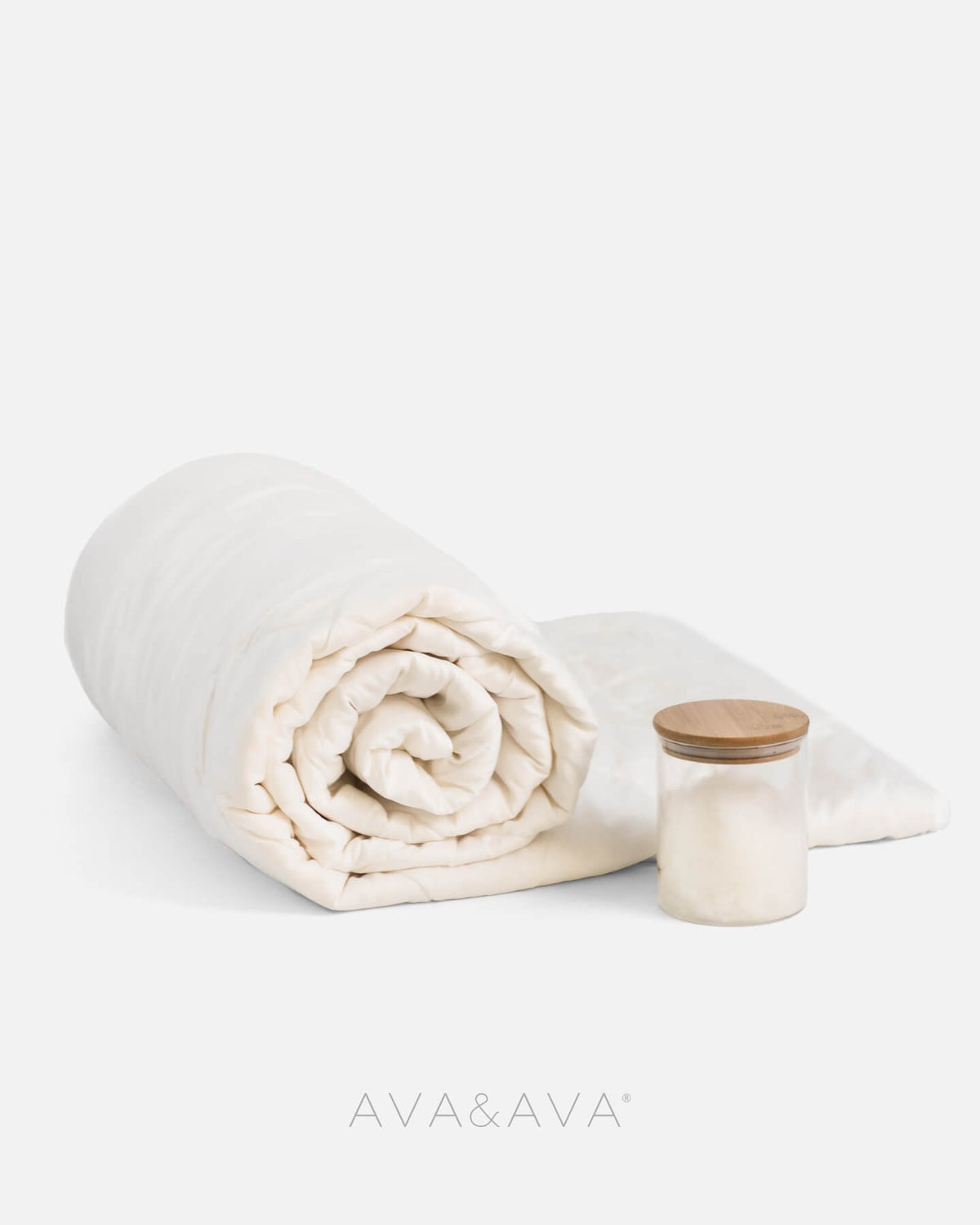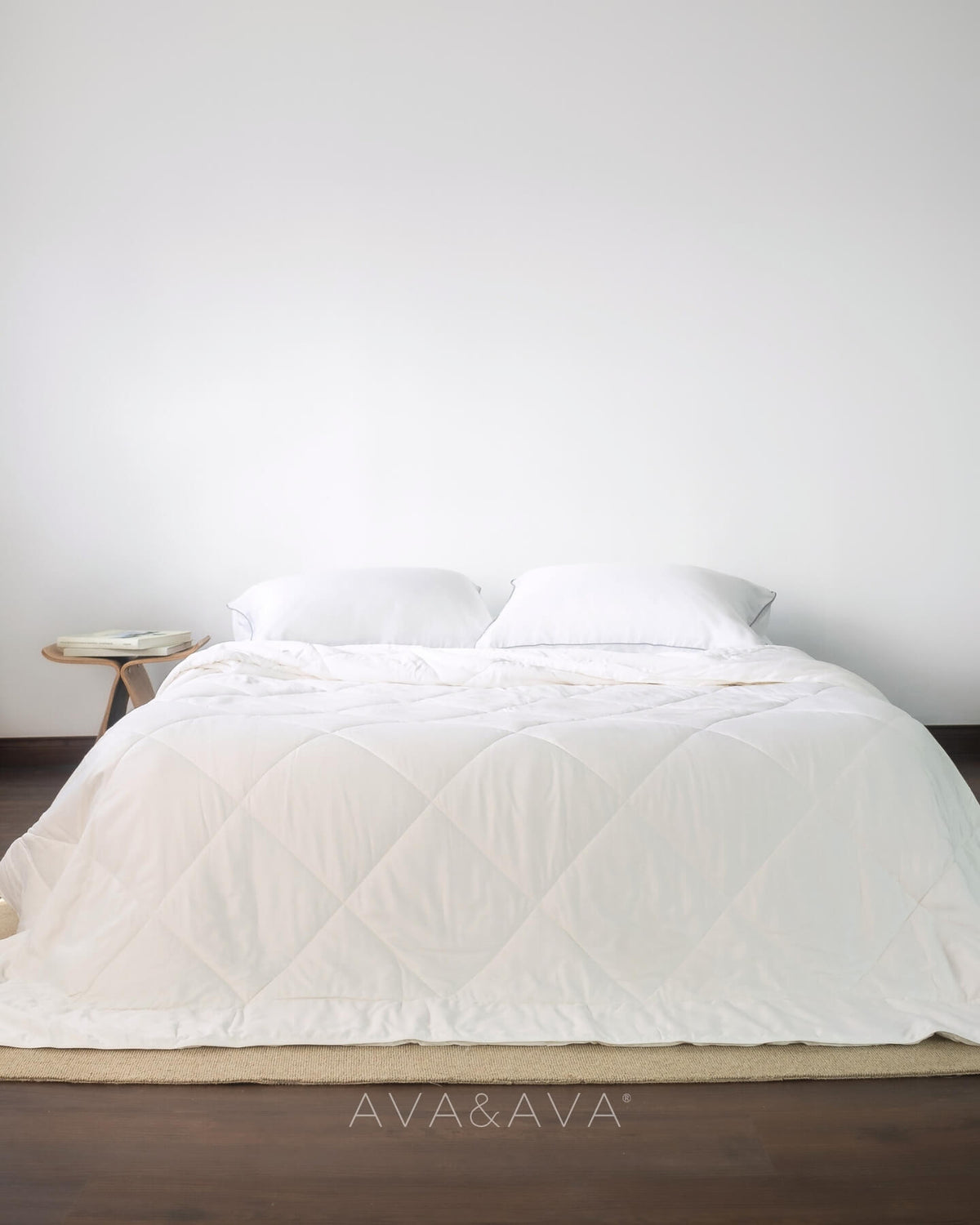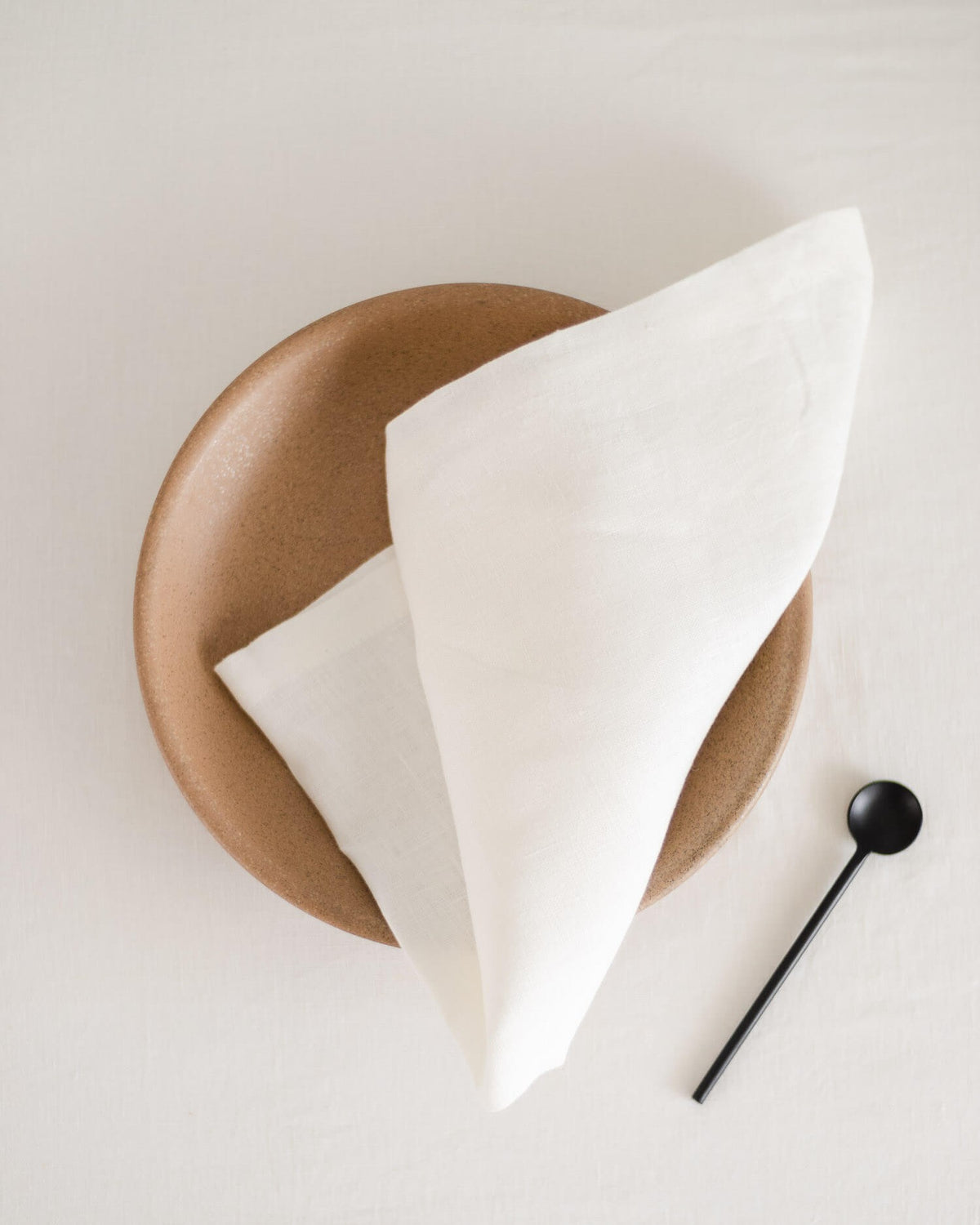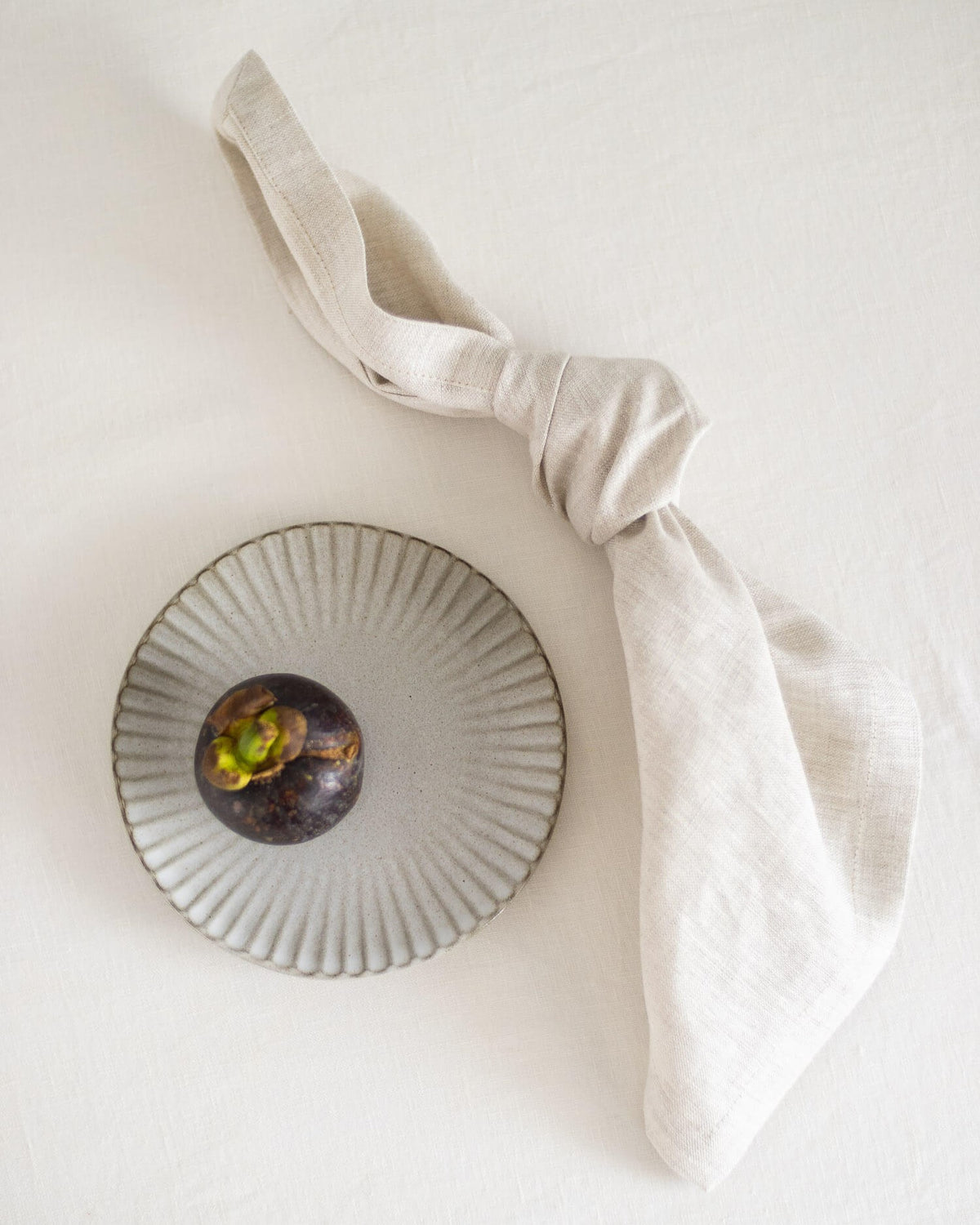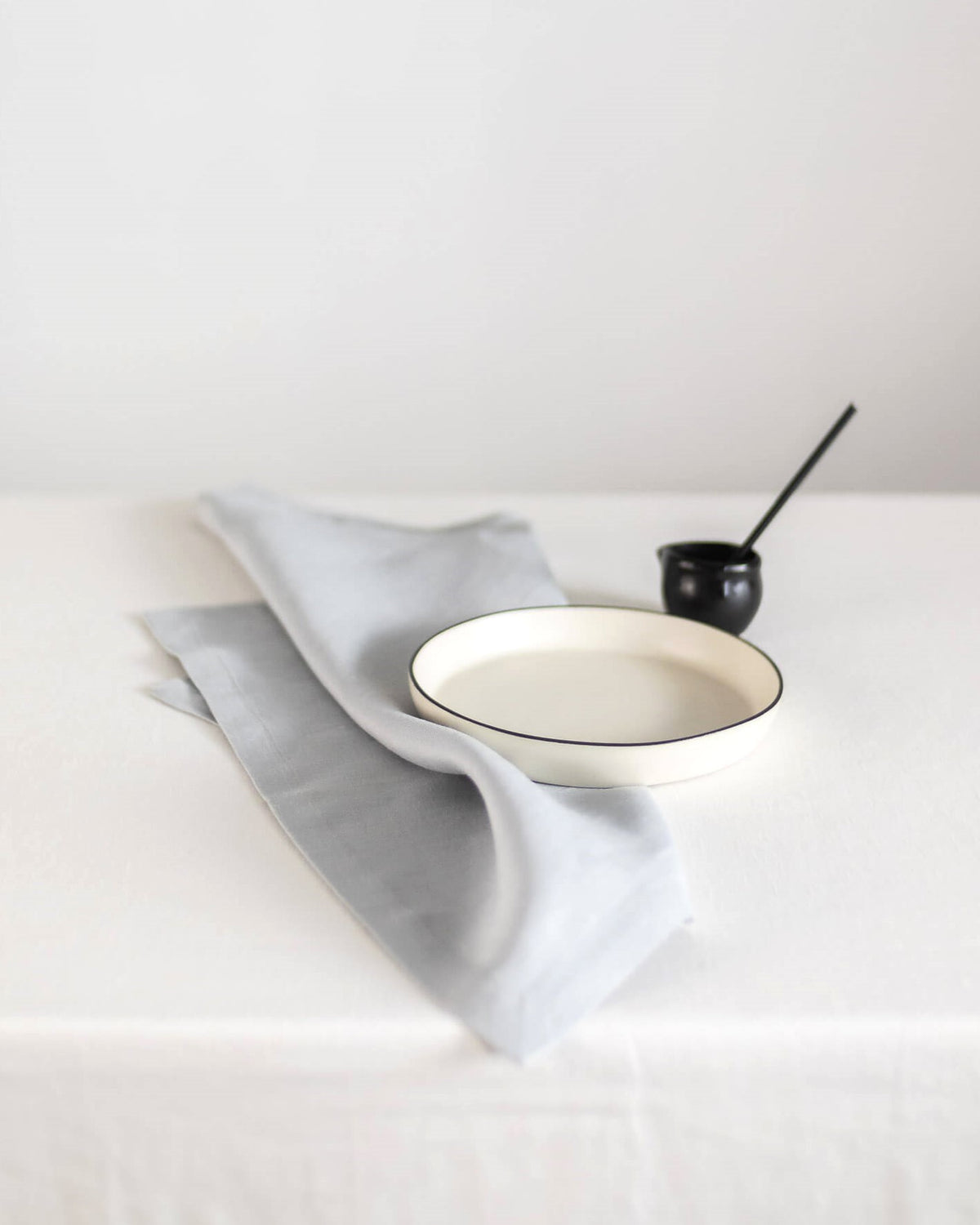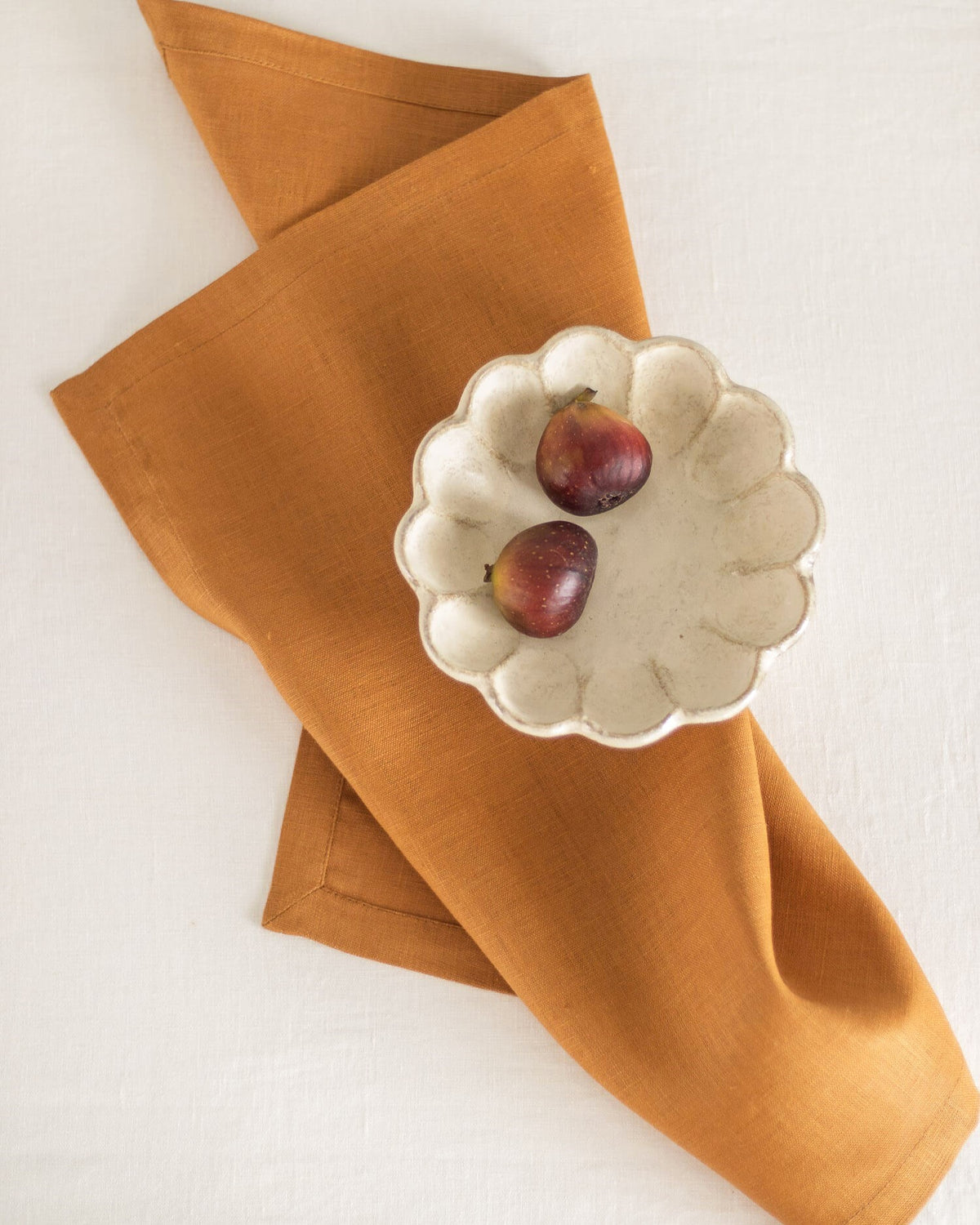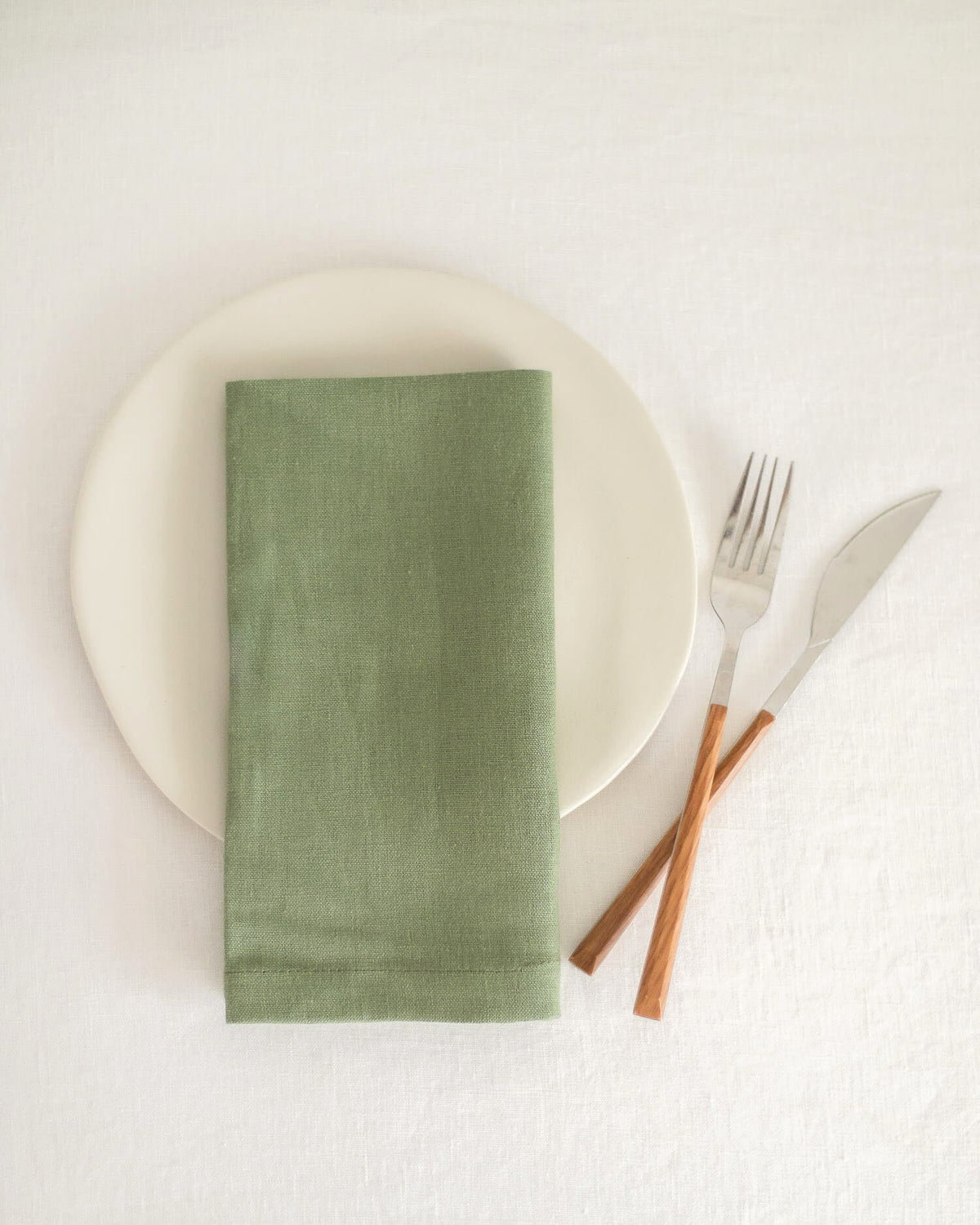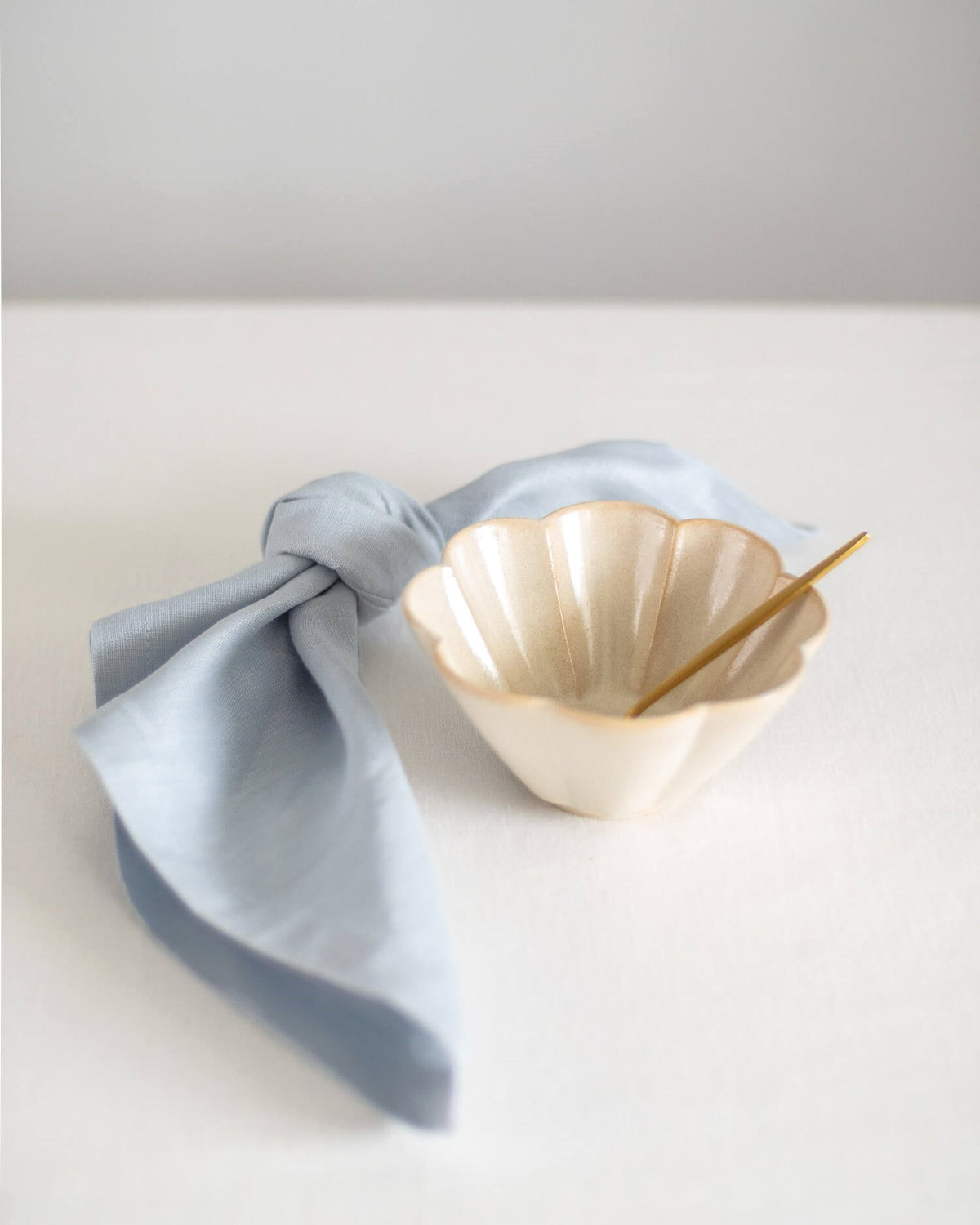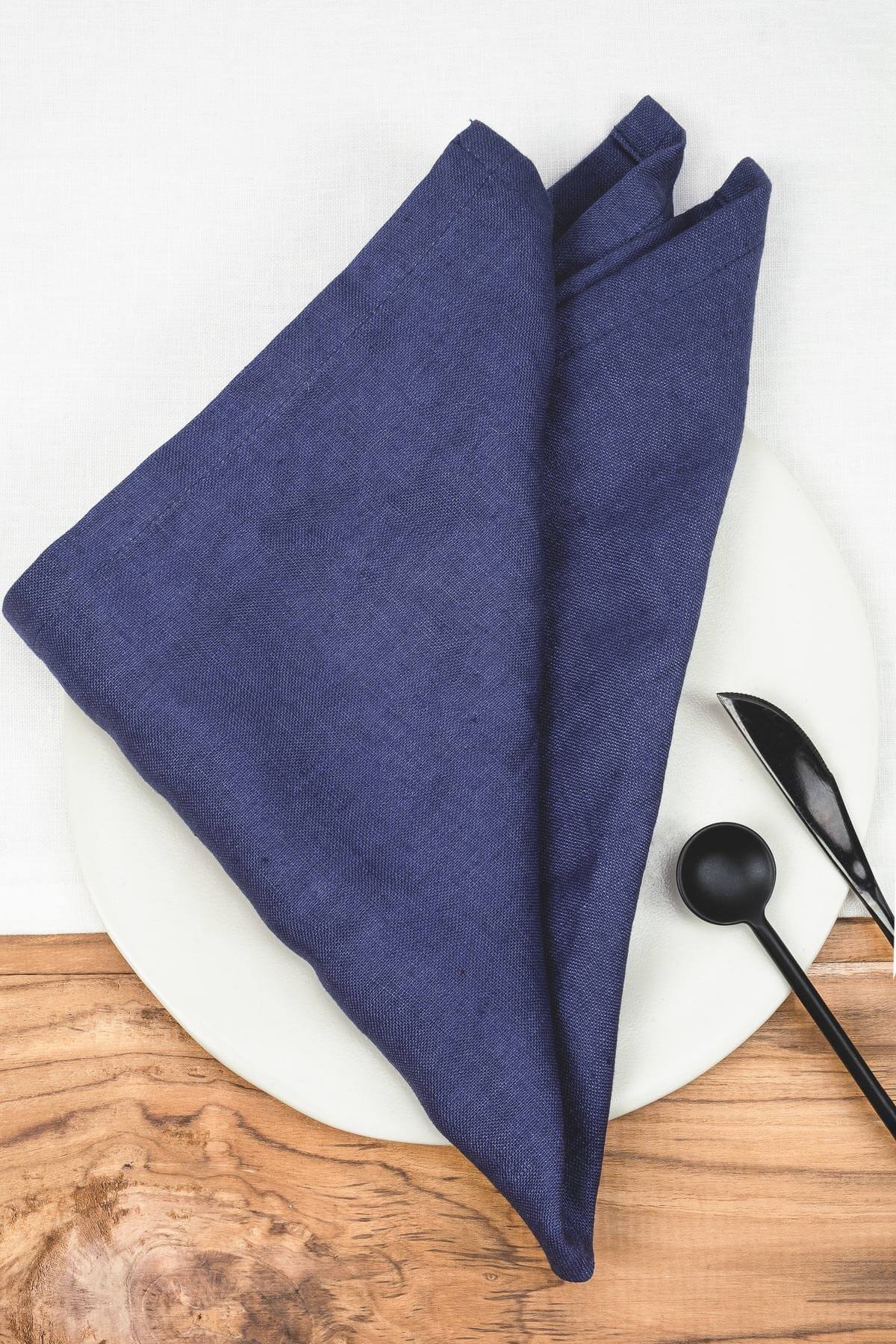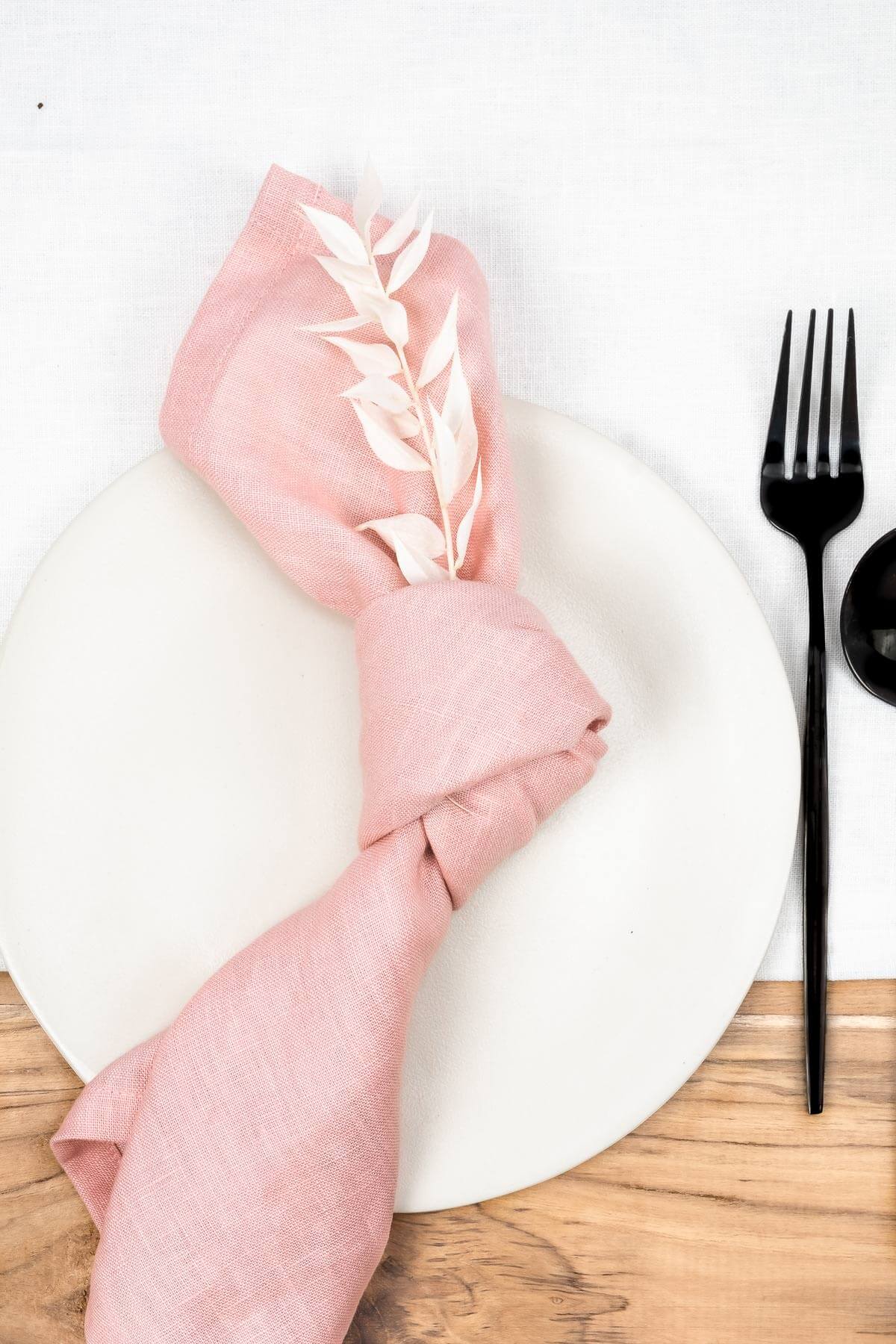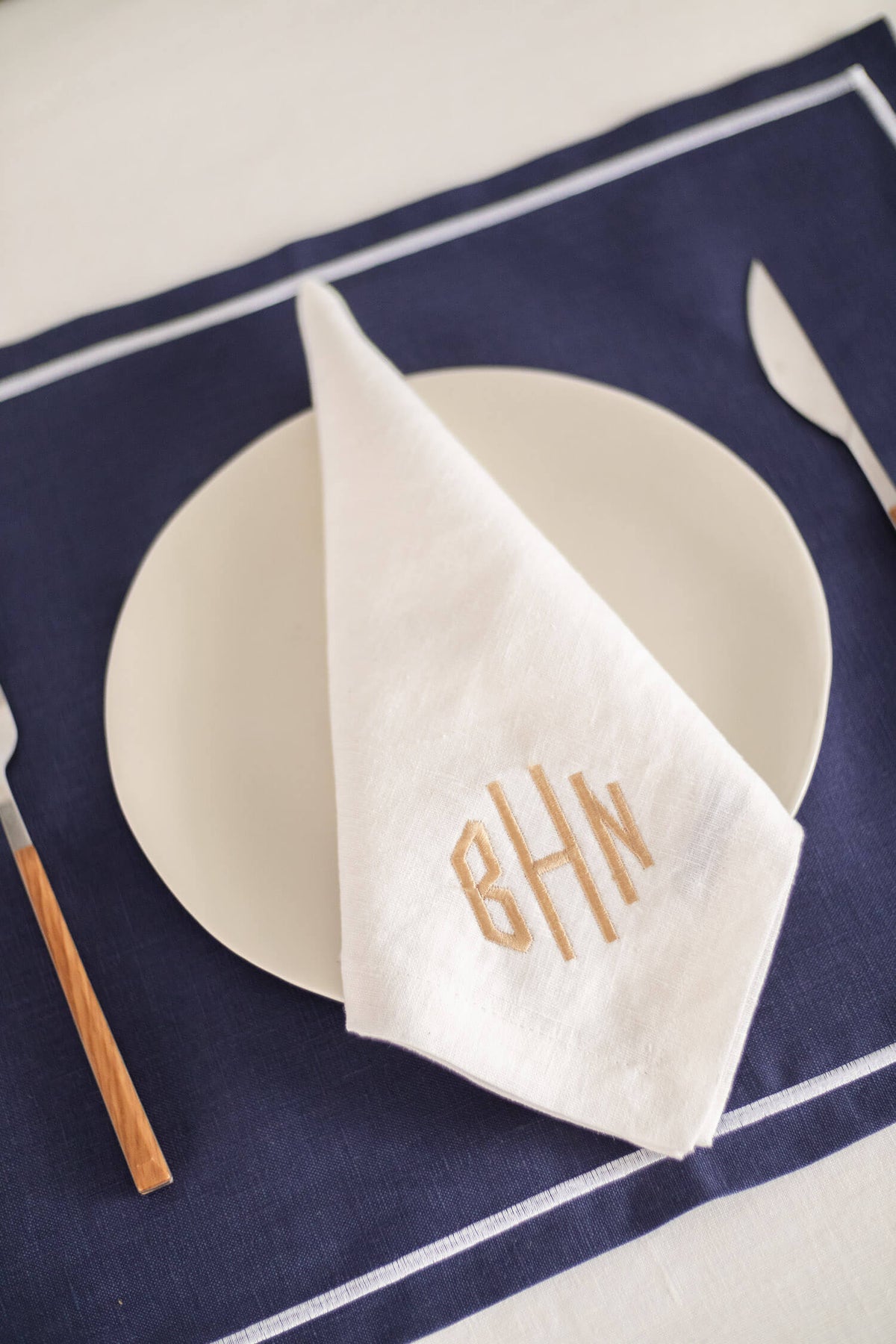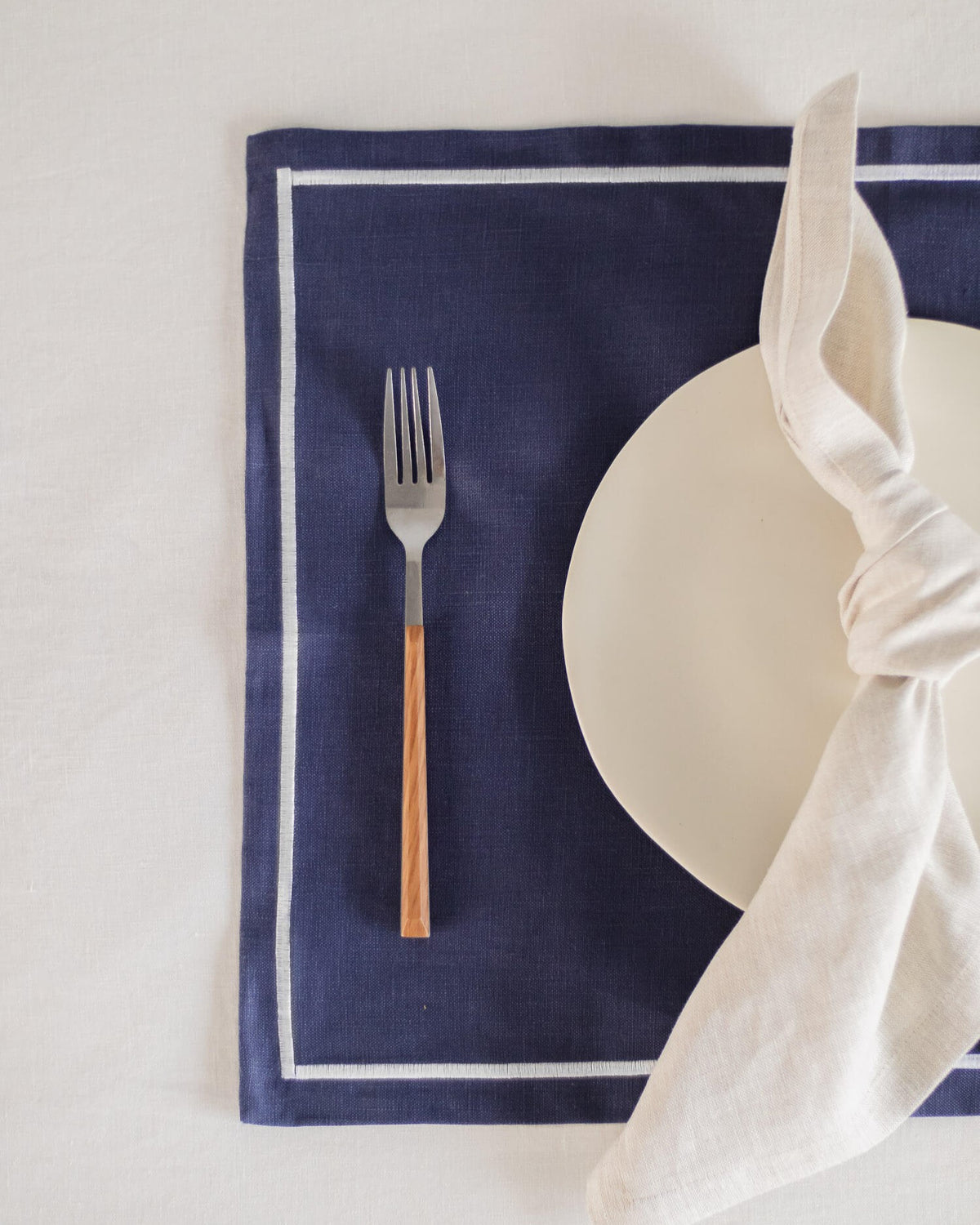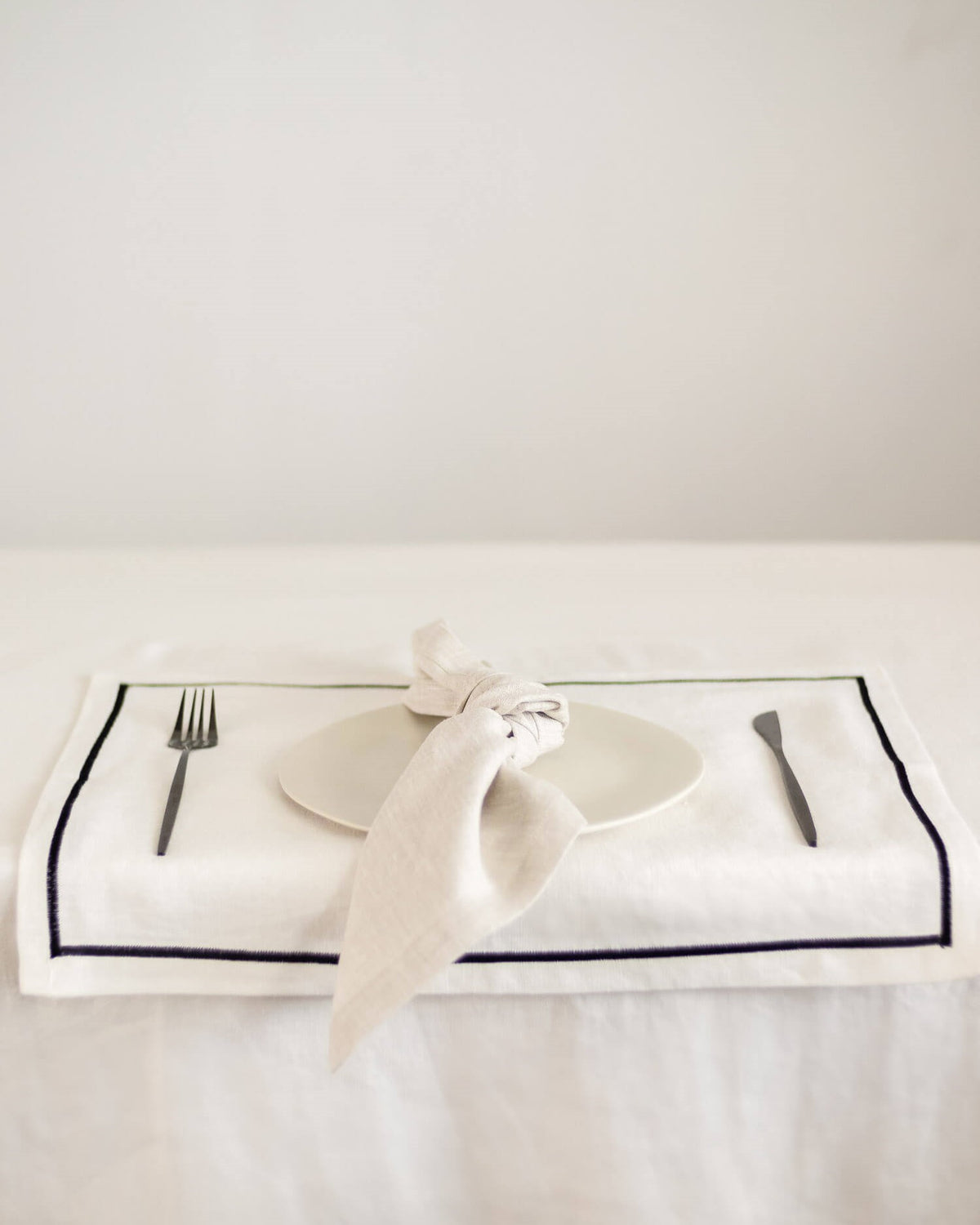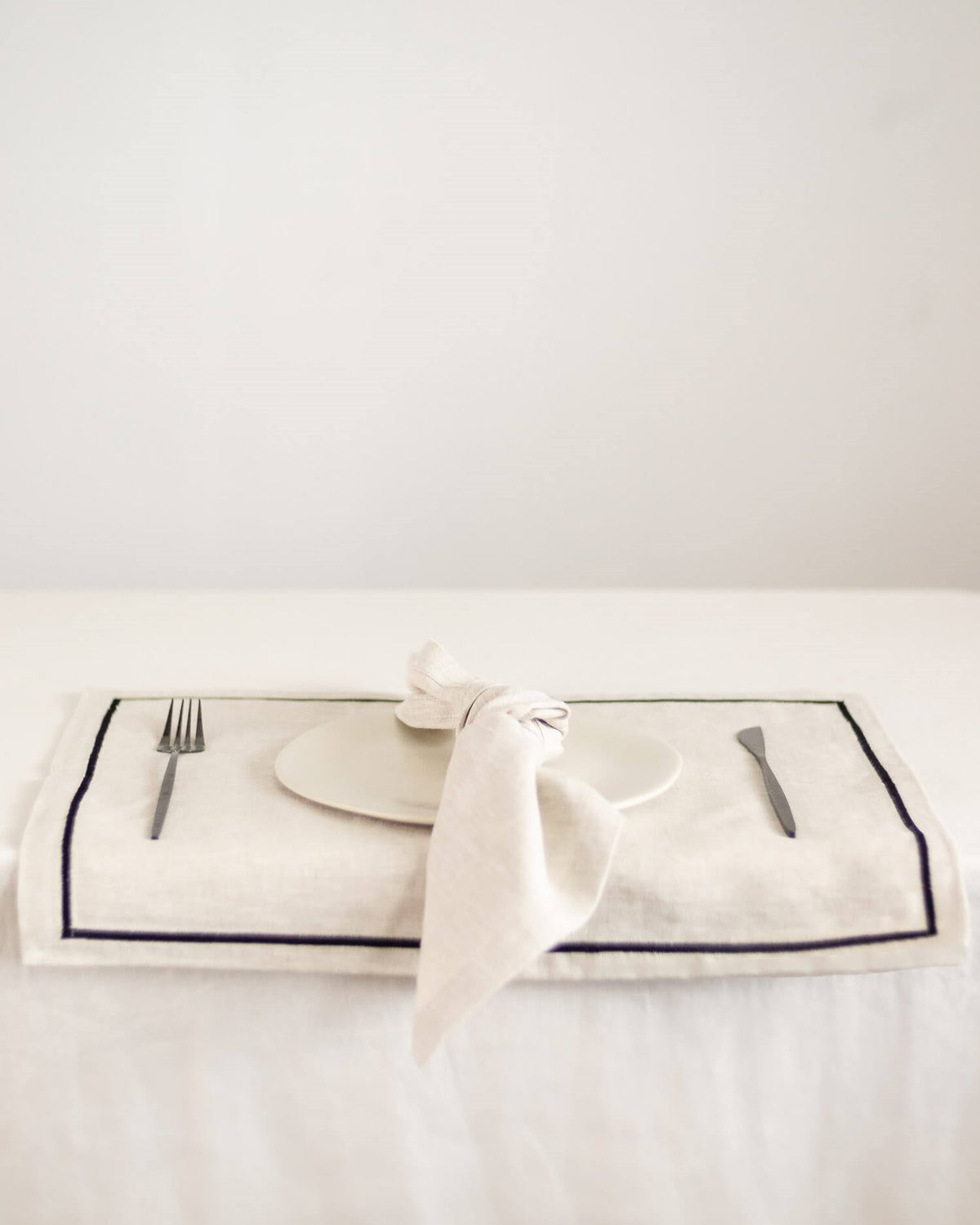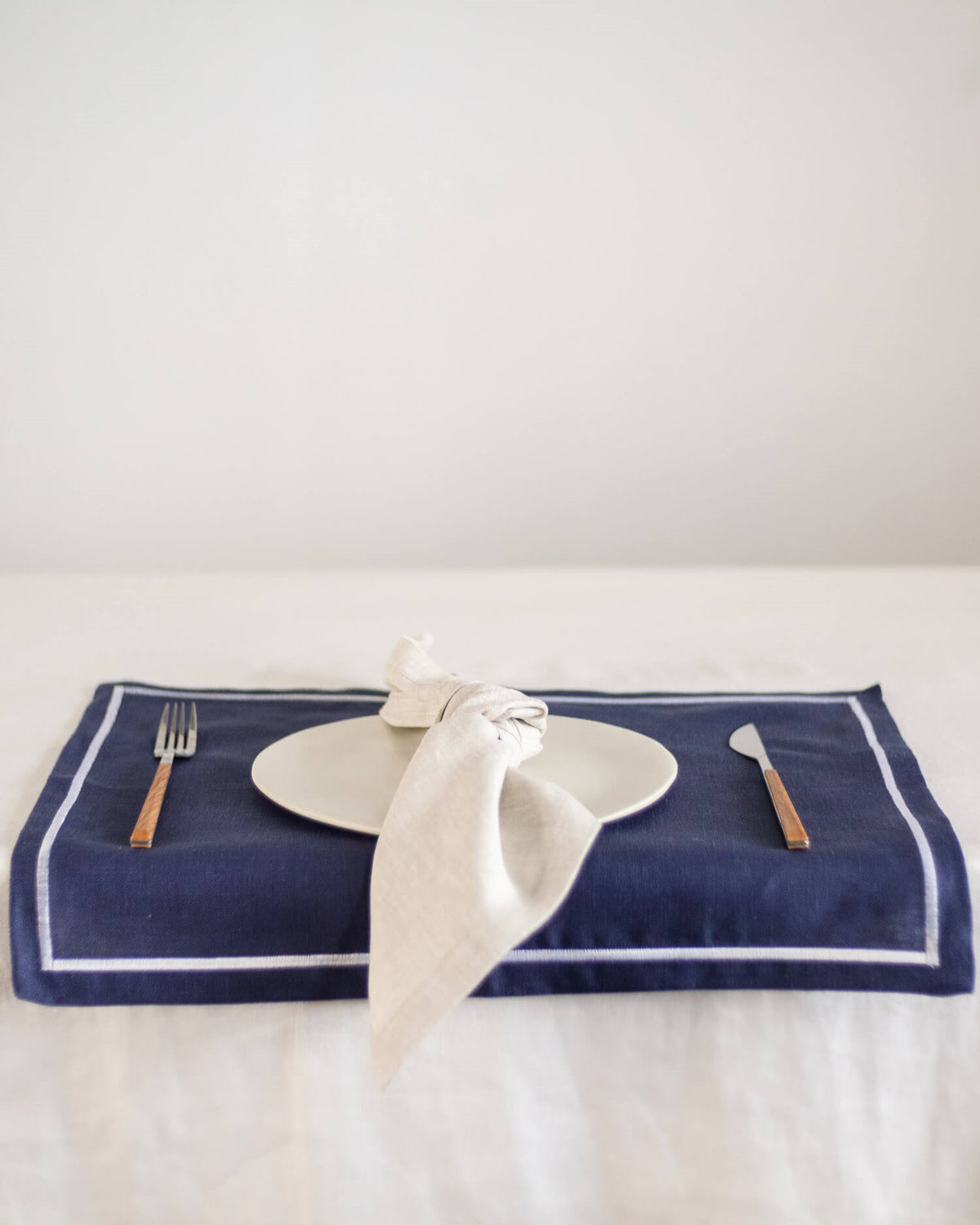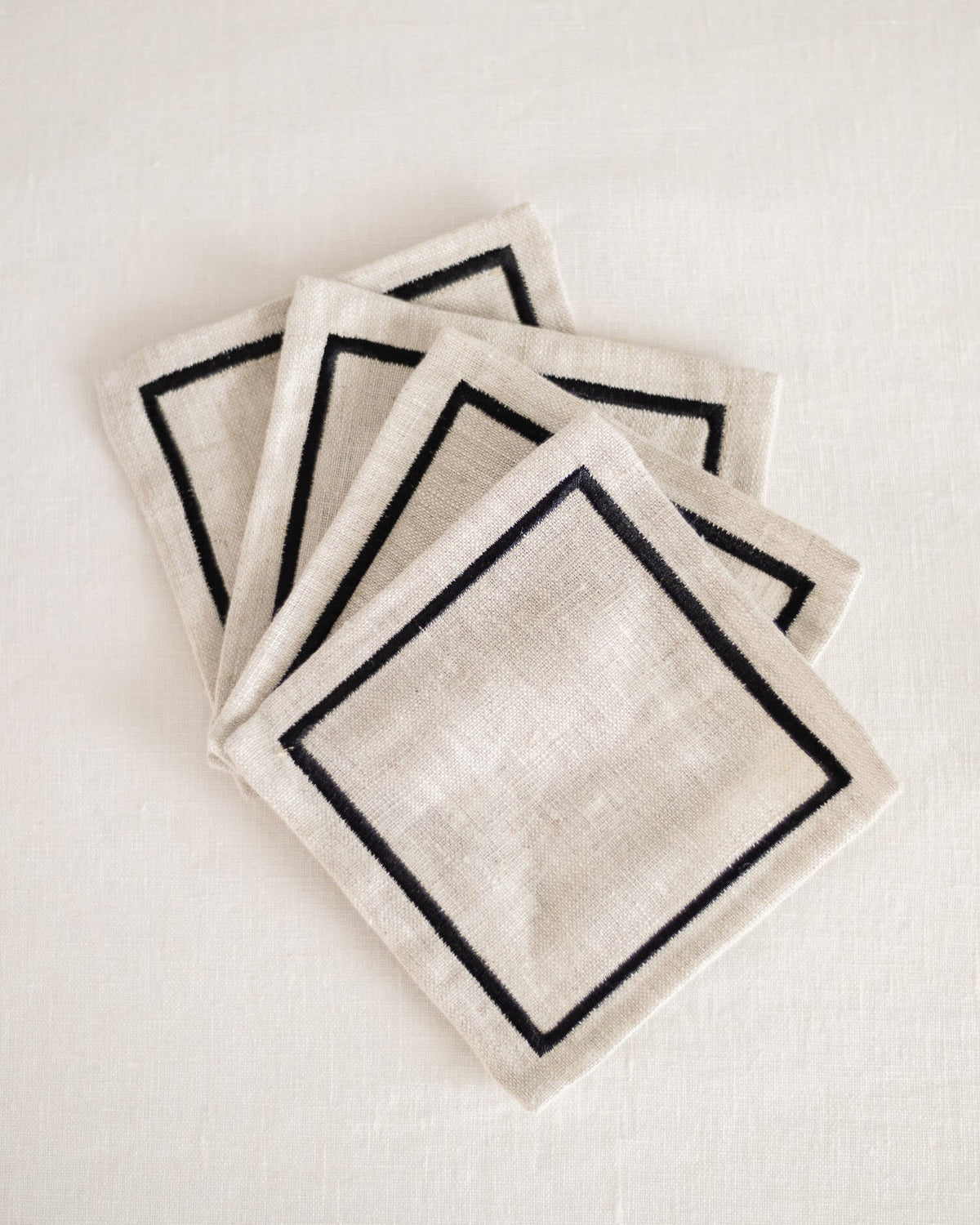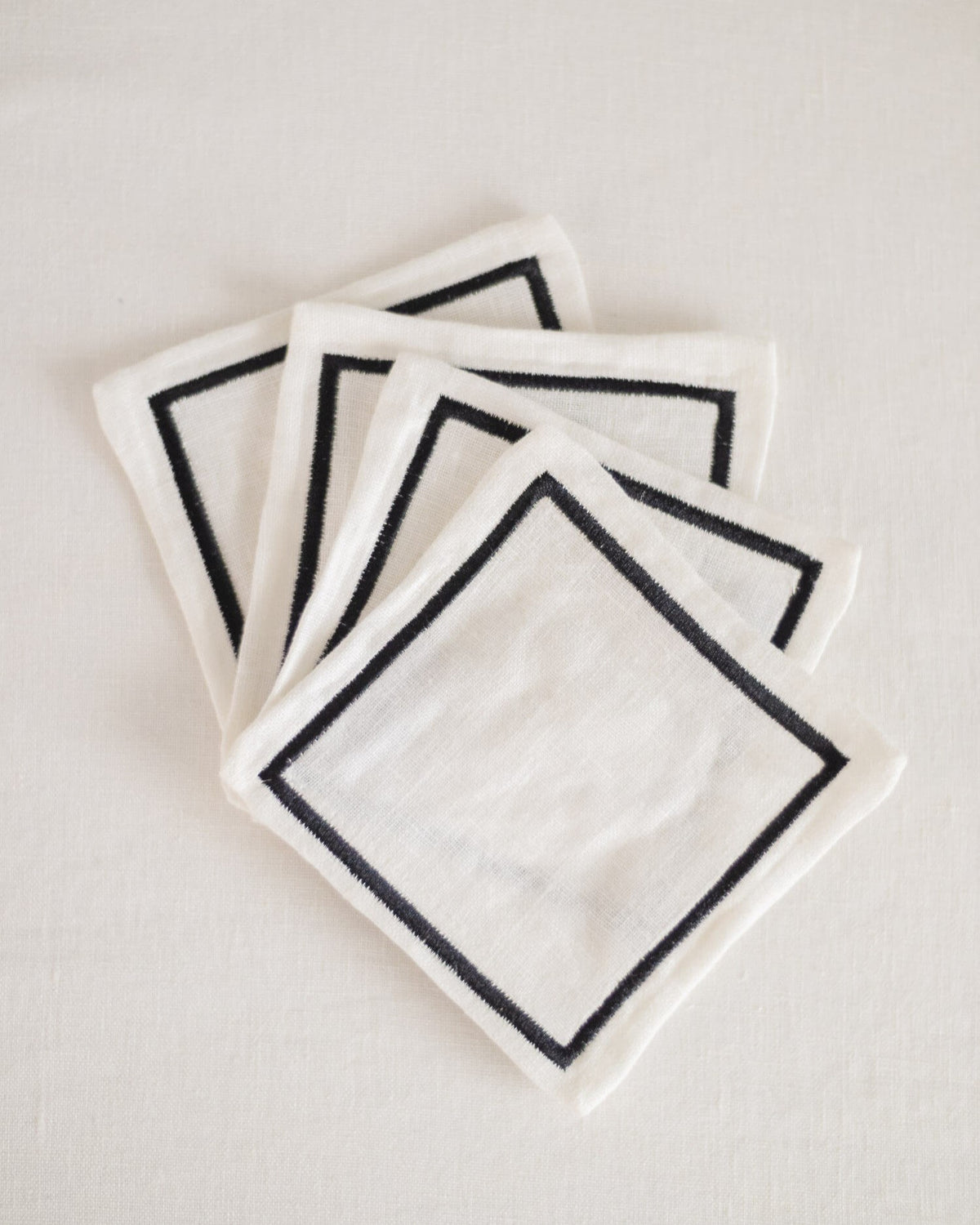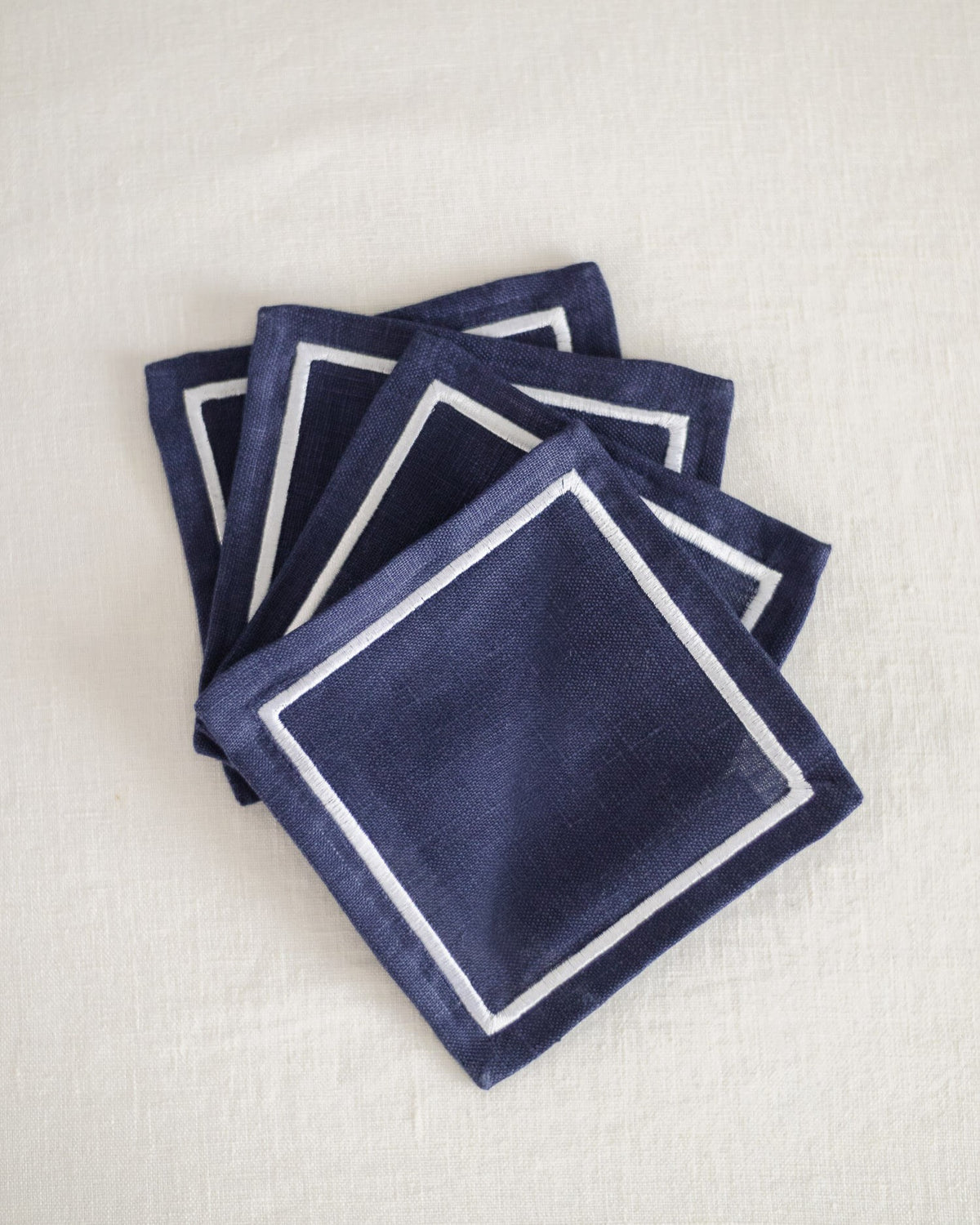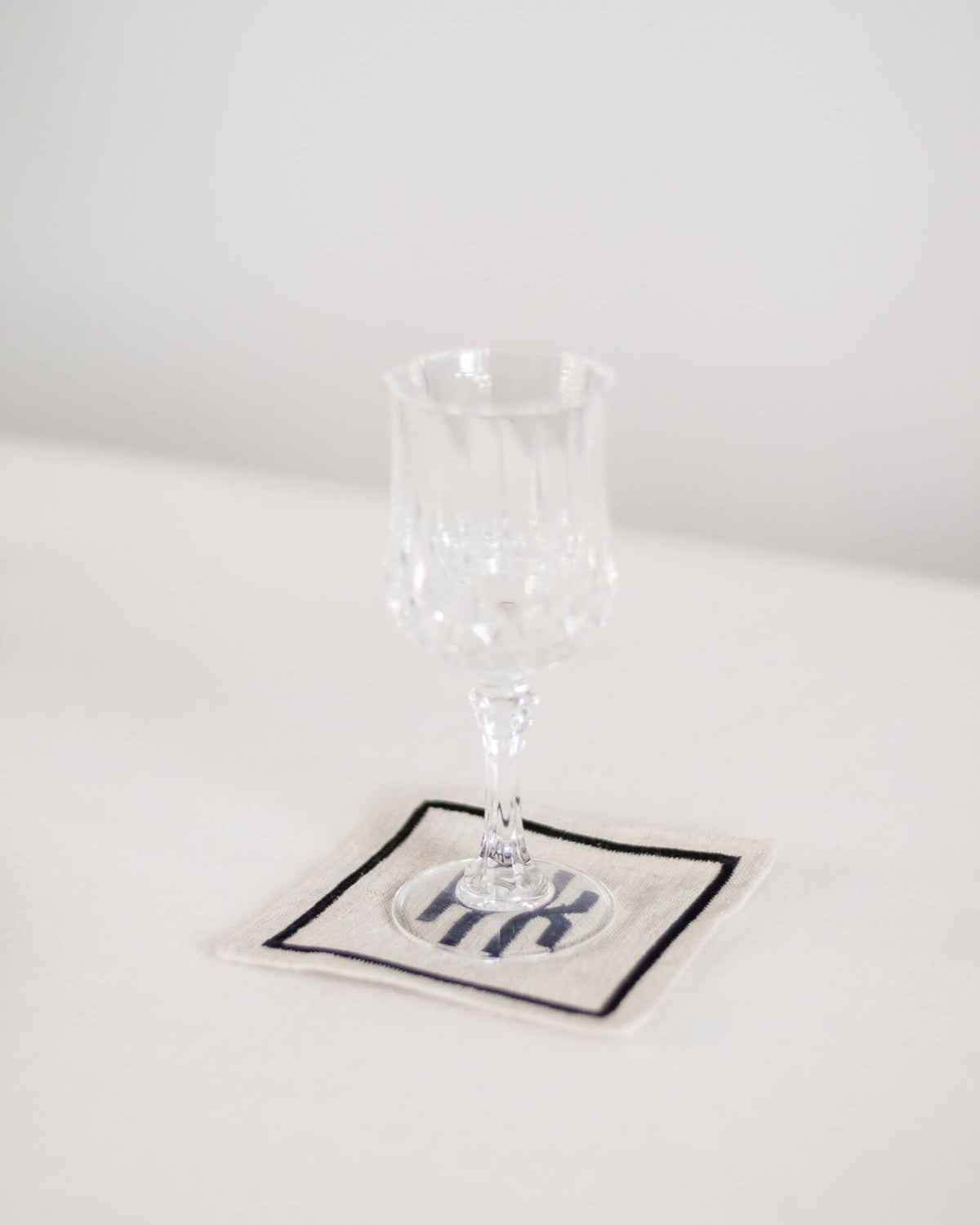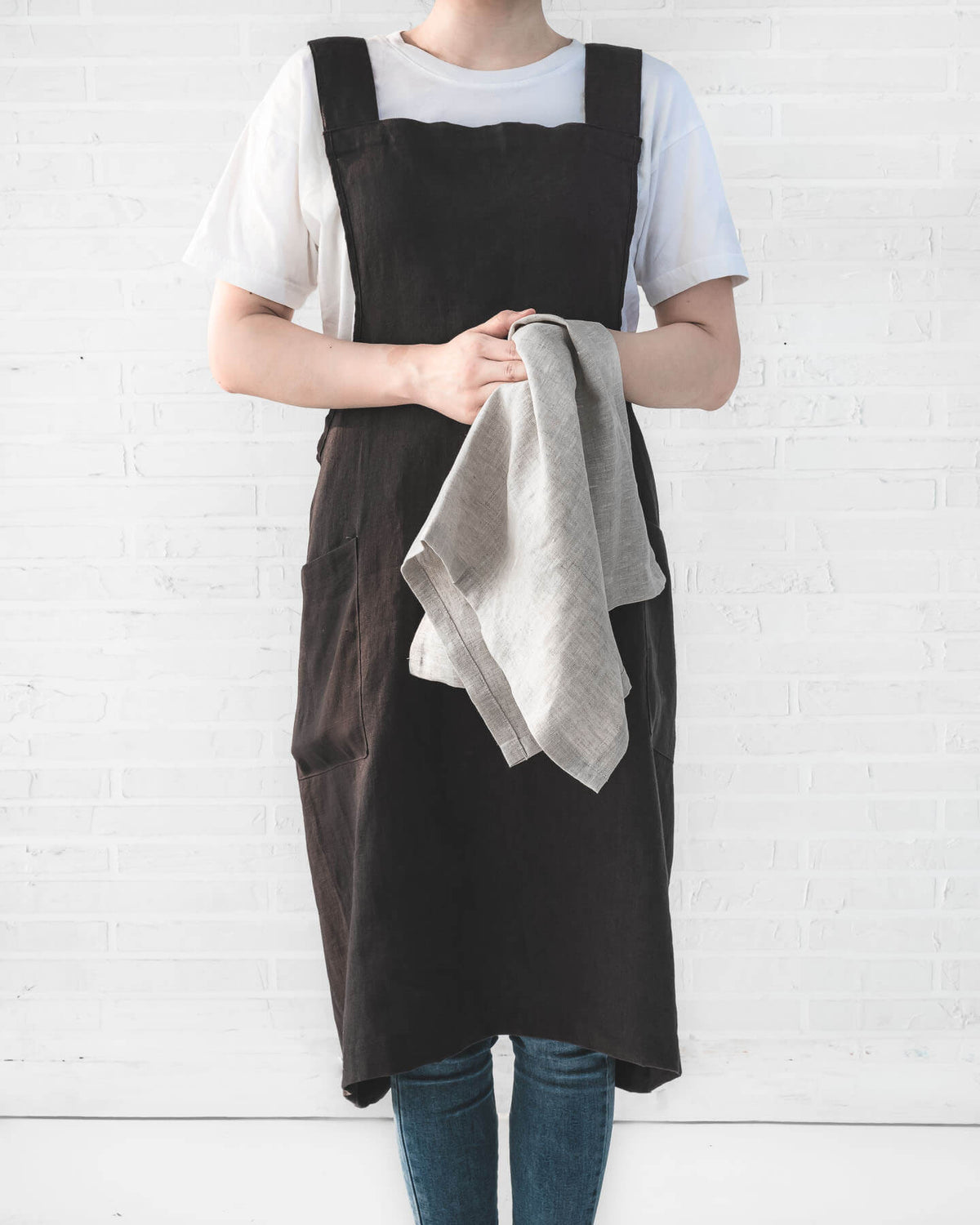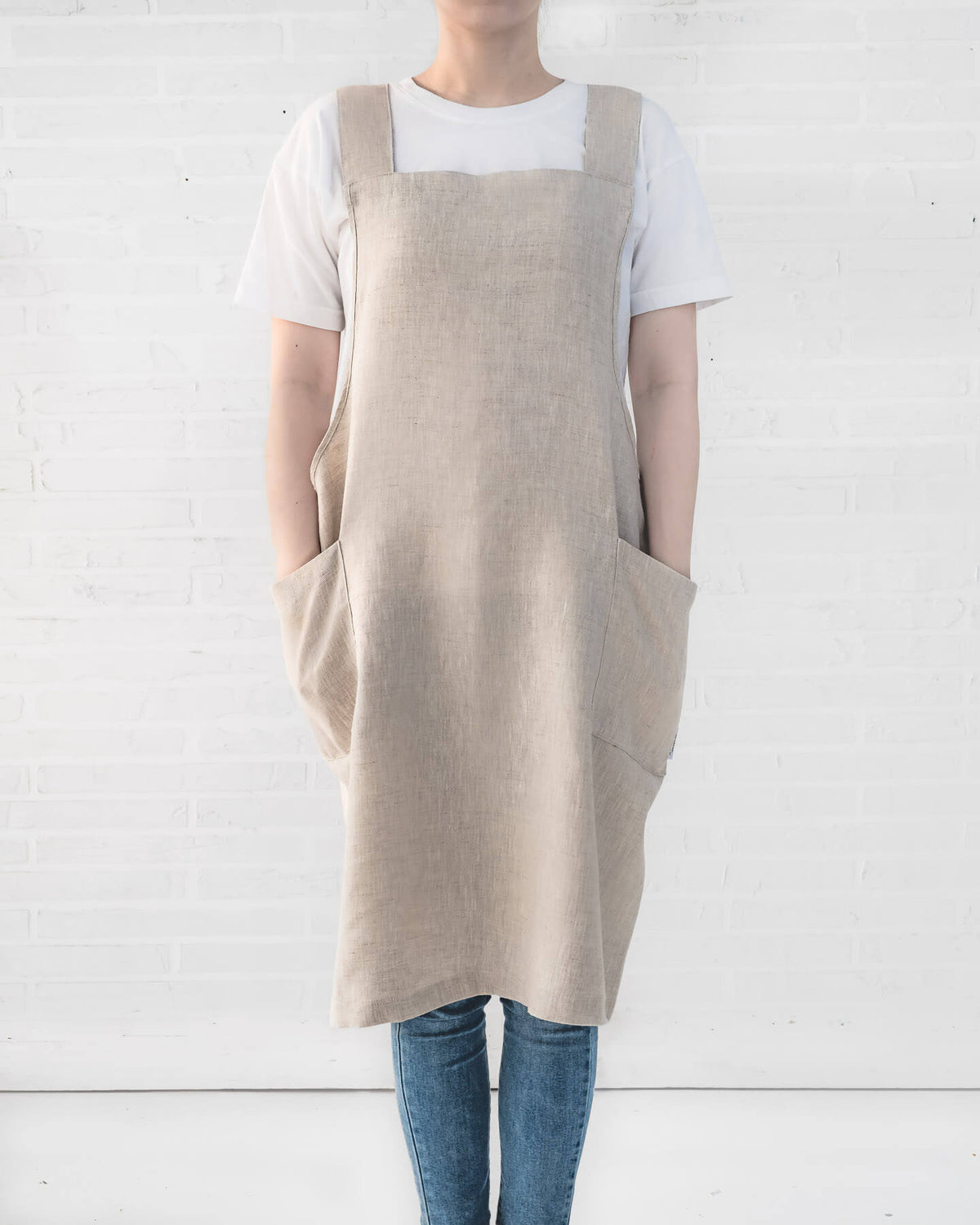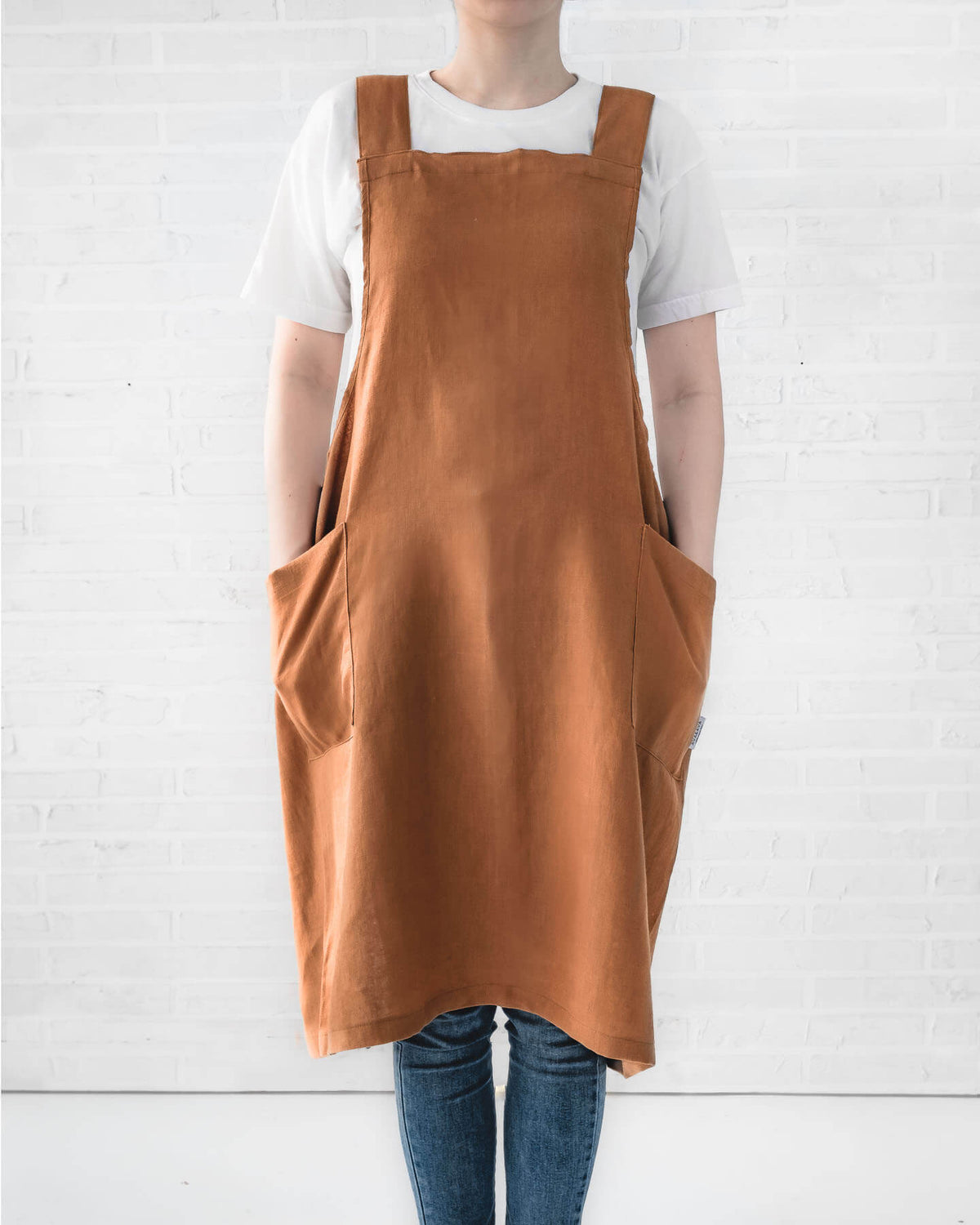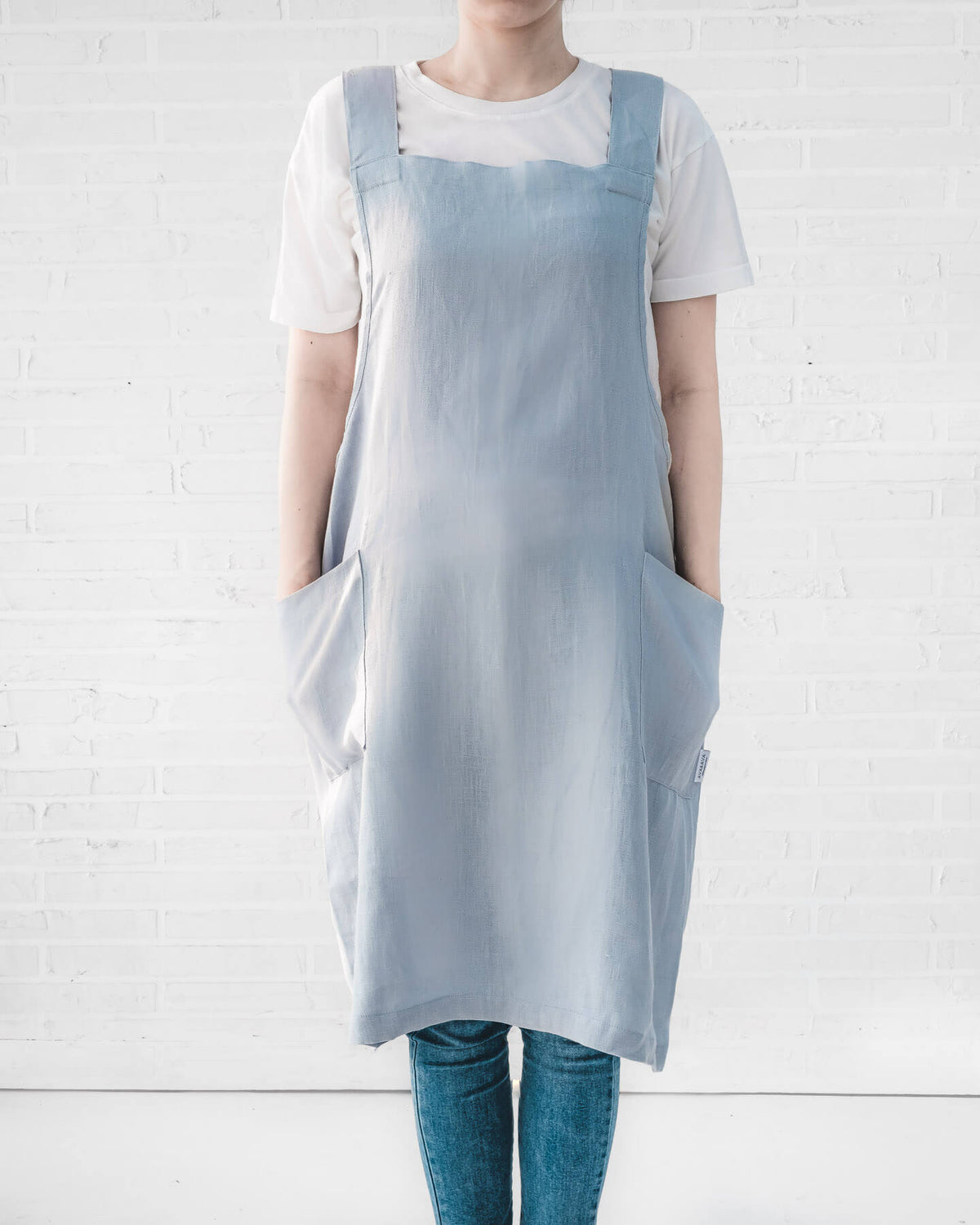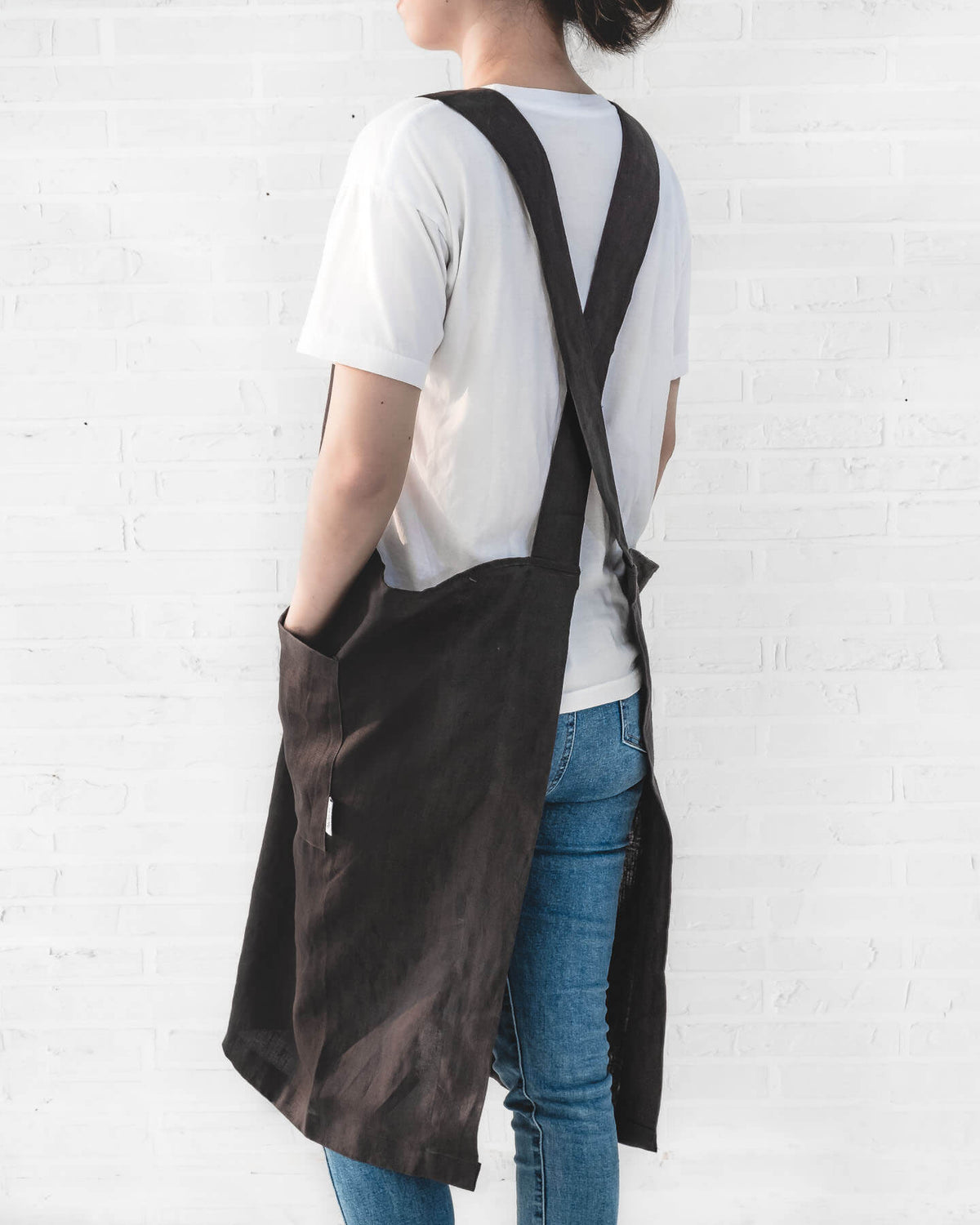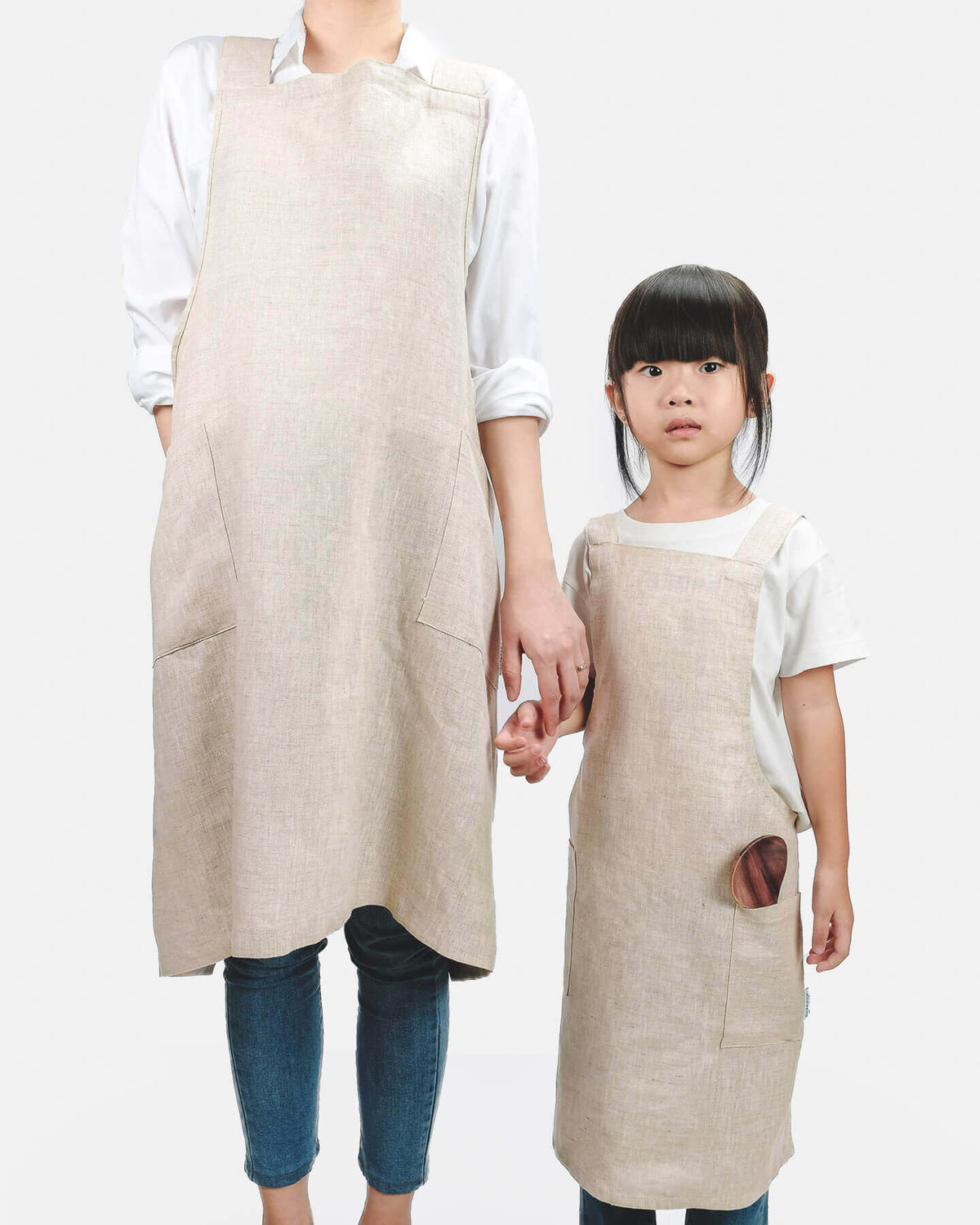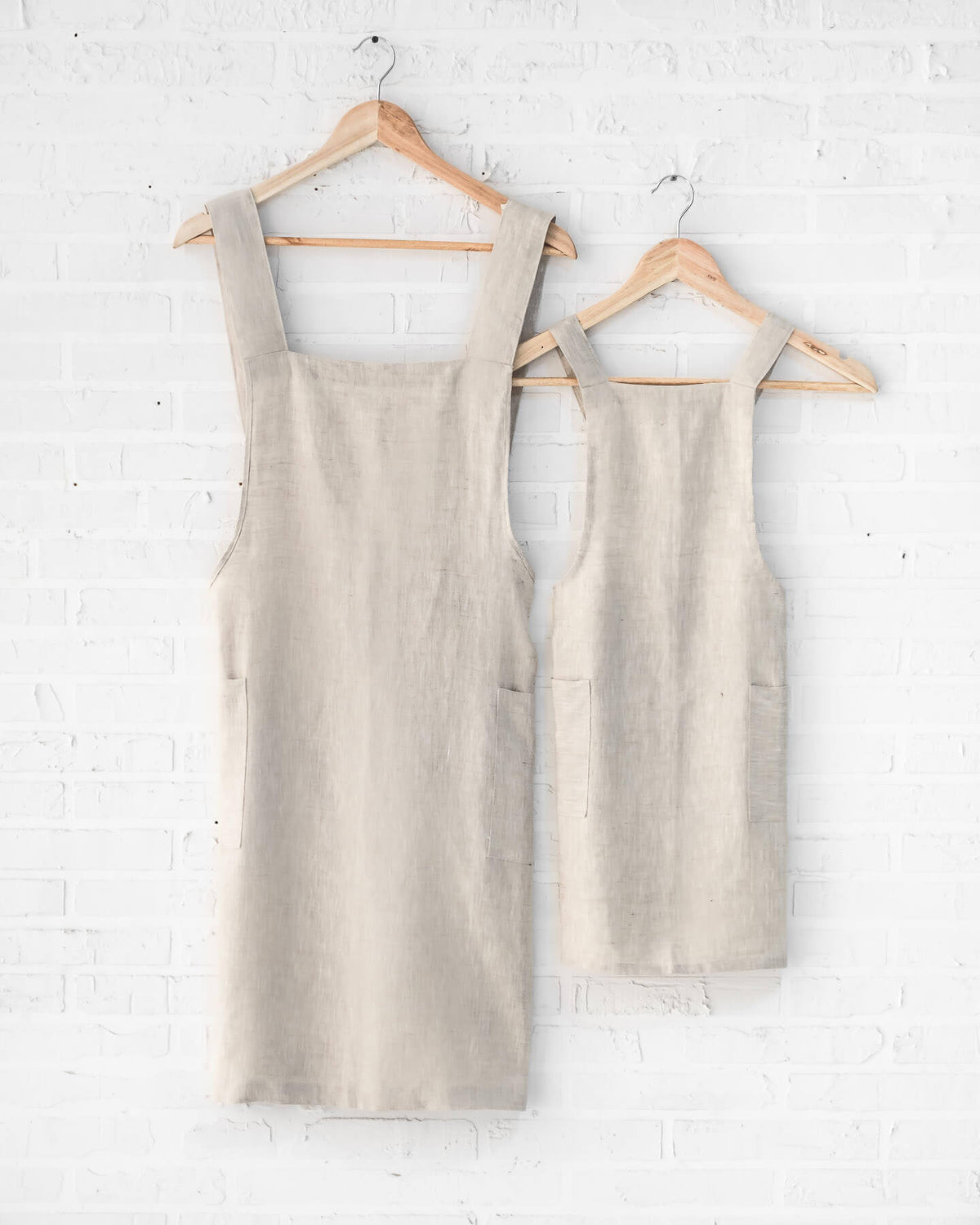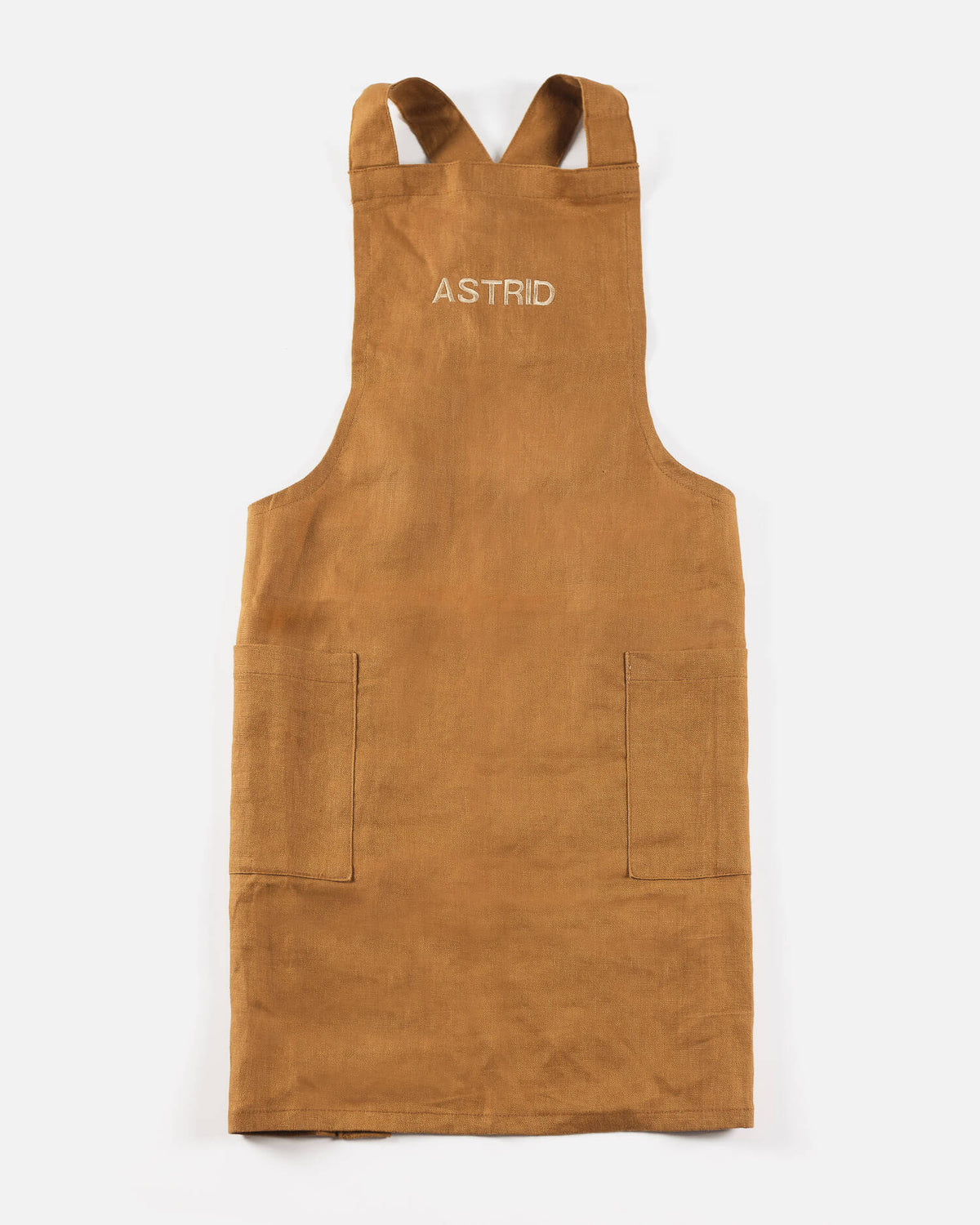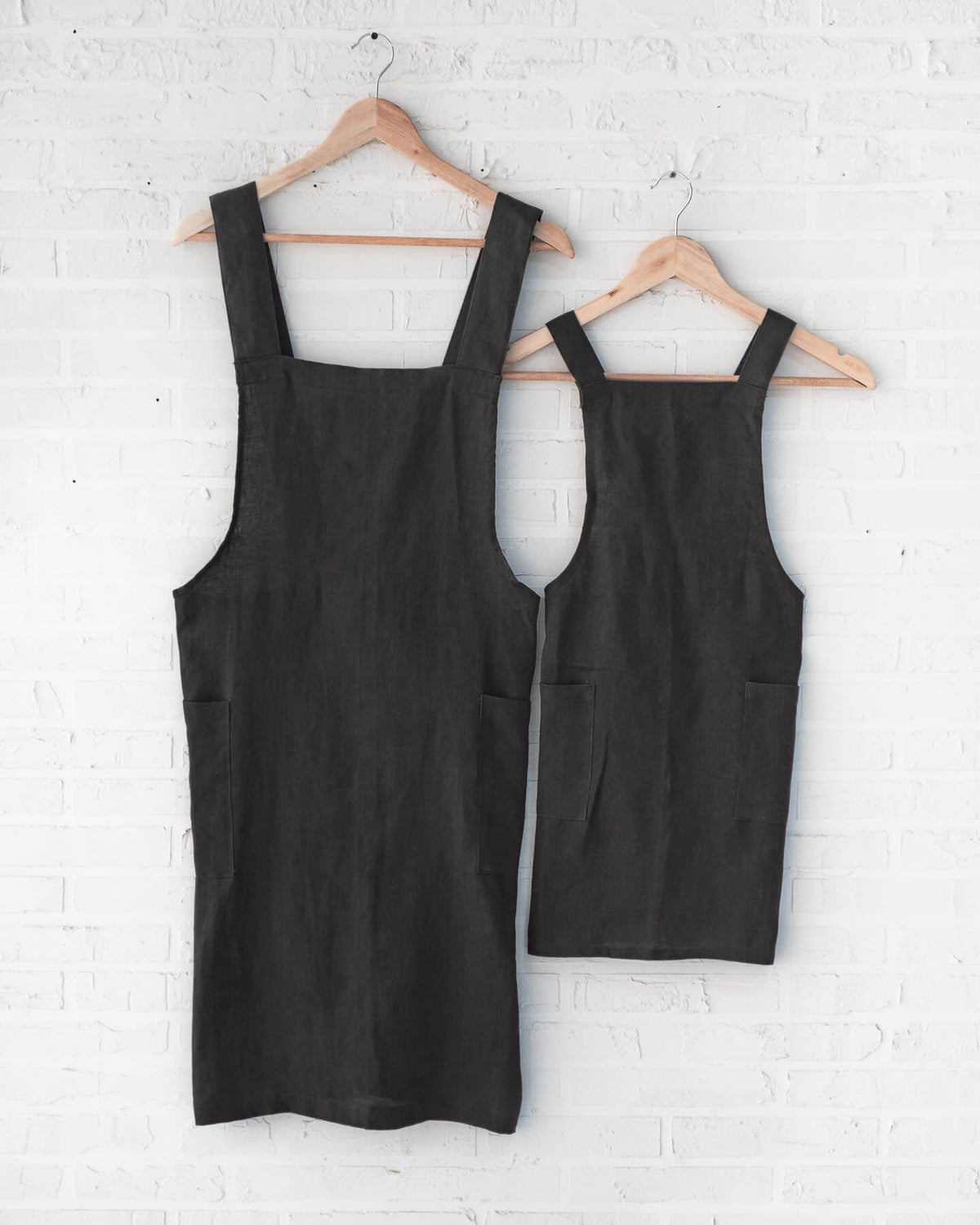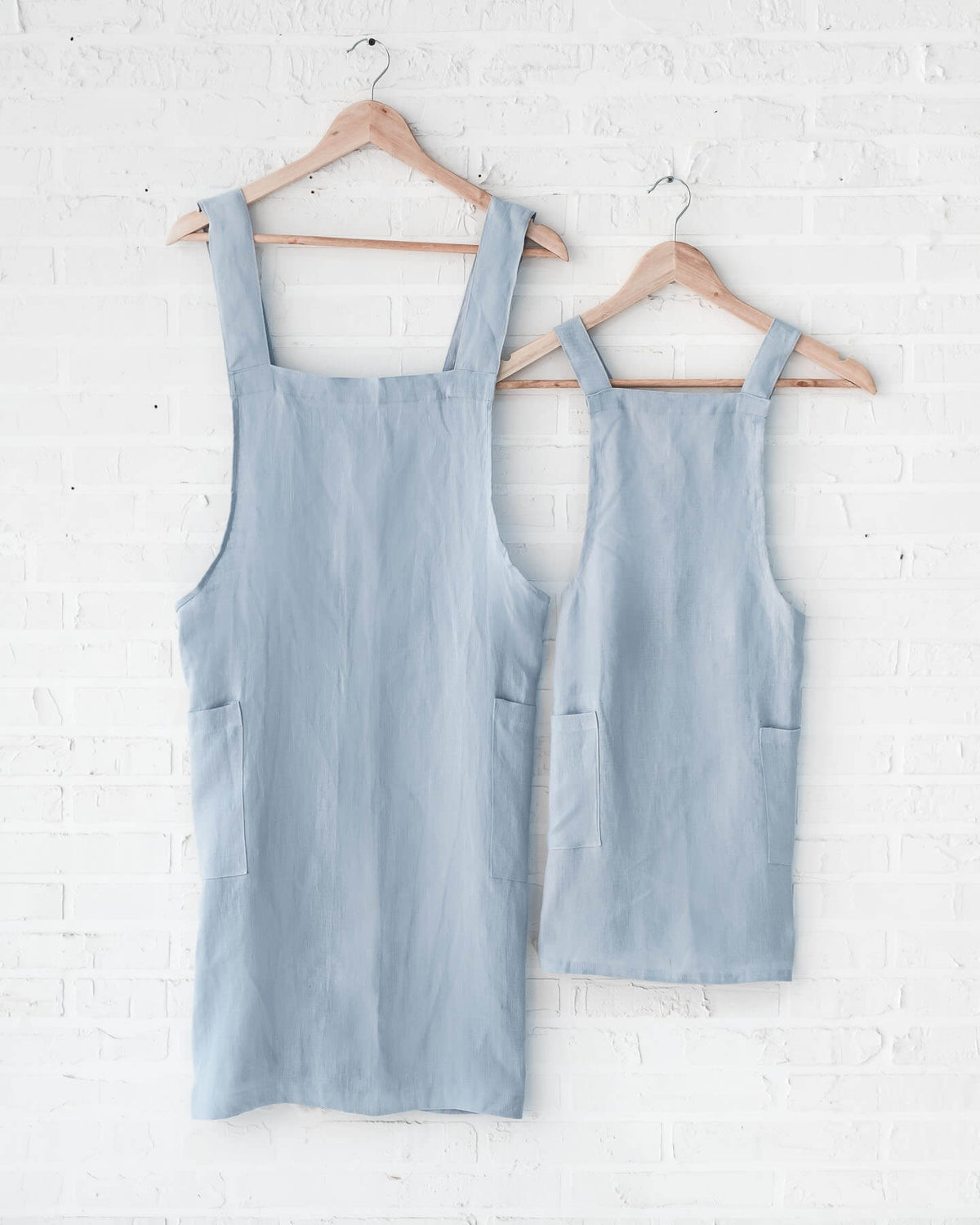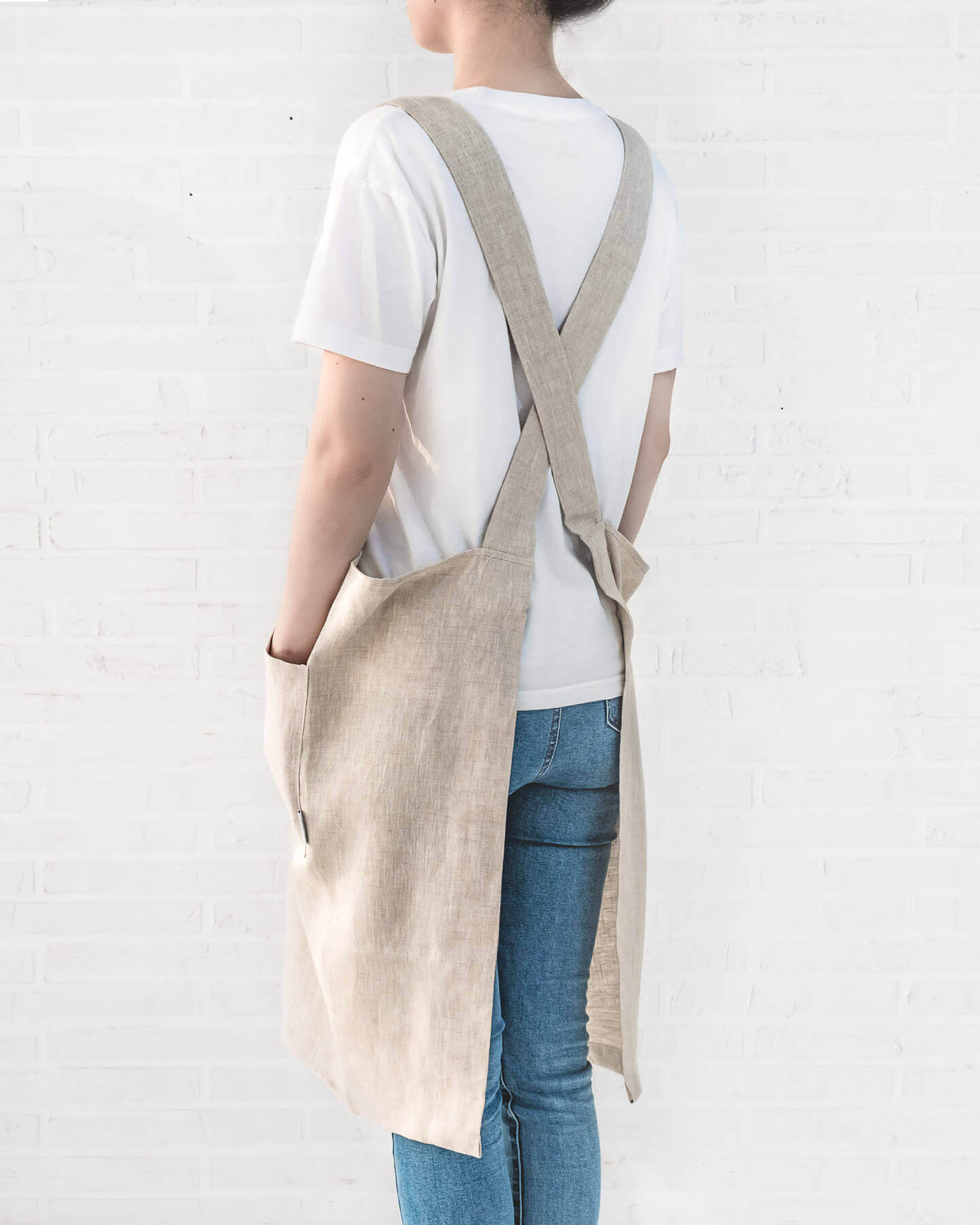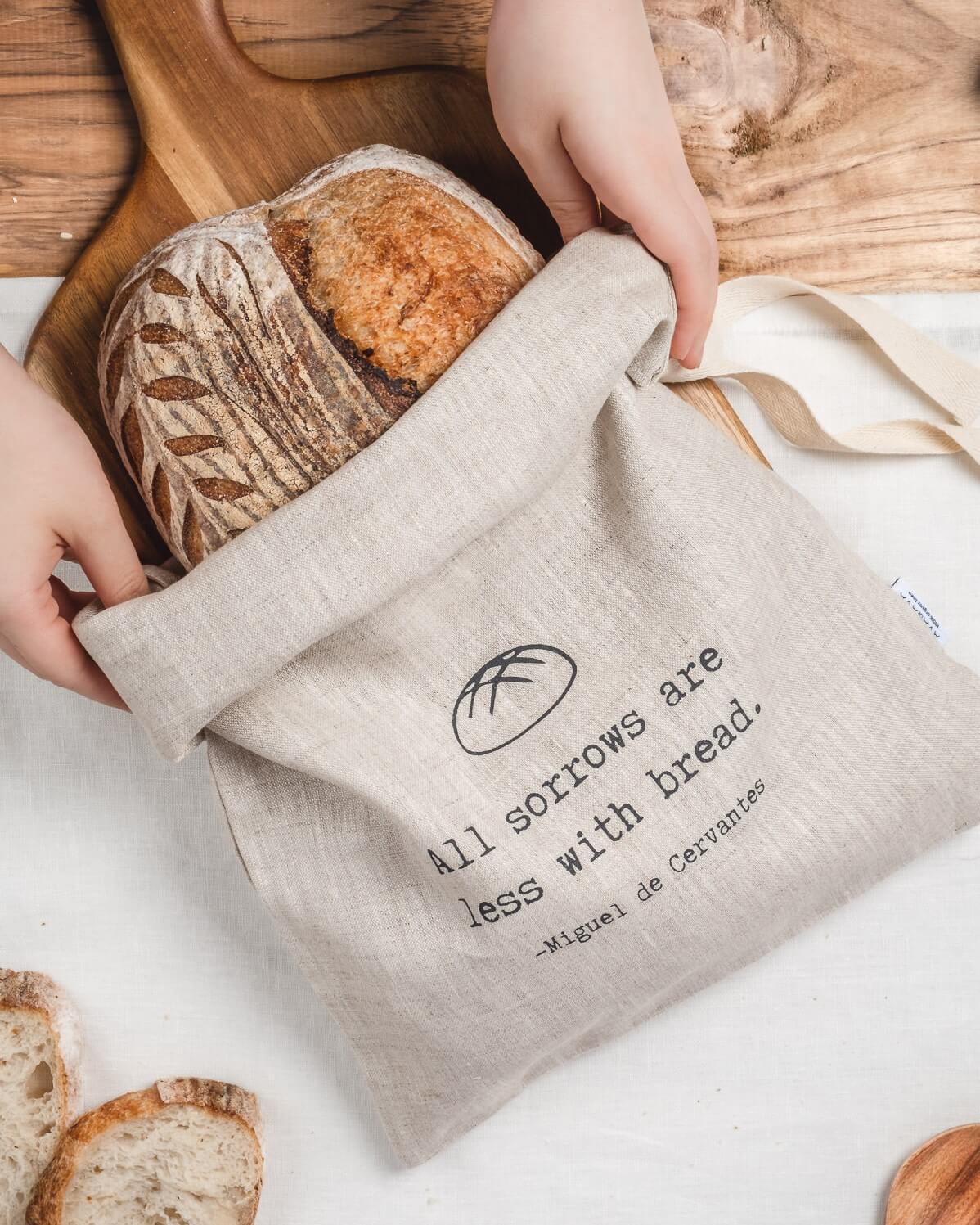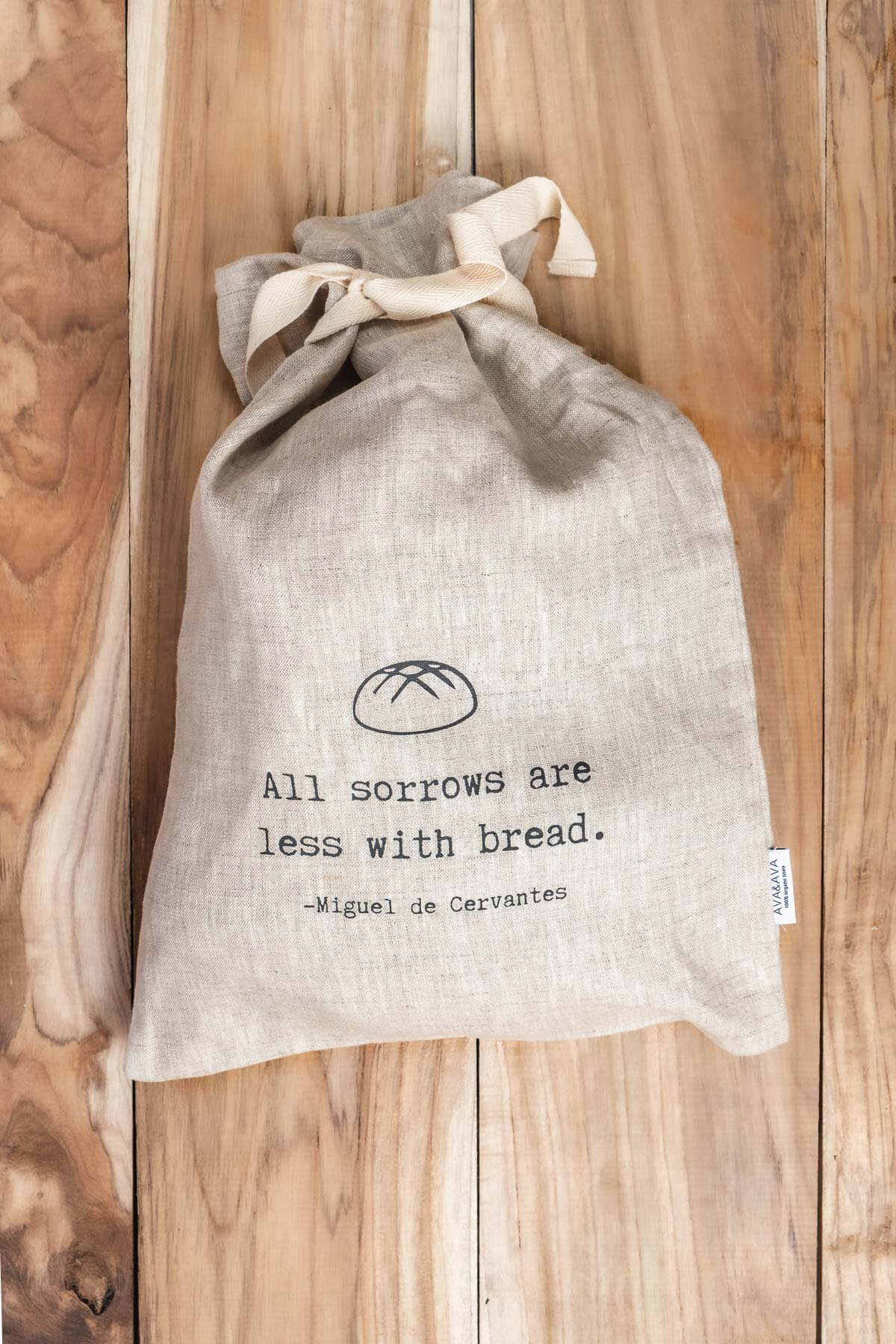Benefits of bamboo for skin and hair

Organic bamboo lyocell fabric feels buttery smooth.
-
Bamboo is hypoallergenic and antibacterial
Because of bamboo's breathability and moisture-wicking properties, it doesn’t trap heat nor allow moisture or odor to linger on the fabric unlike cotton.
The lack of a warm, humid environment makes bamboo naturally resistant to bacteria and dust mites (tiny creatures that feed off our dead skin cells and often trigger allergies and asthma). This is important for people with skin sensitivities and irritations such as allergies, eczema (skin asthma), and acne.
Enjoy clearer skin along with fresh and odor-free sheets that keep you well rested and refreshed everyday.
-
Bamboo is gentle on the skin and hair
Say good bye wrinkles, frizzy hair, tangles, and bedhead! Bamboo's smooth surface means less friction and tugging on the skin and hair. Studies show that friction from tossing and turning causes creases in the skin, but a silky smooth surface can reduce that effect in the long run.
Bamboo vs. Silk Pillowcases
Similarities
-
Both are luxuriously smooth
Bamboo and silk's silky smooth texture is beneficial for preventing frizzy hair and facial wrinkles. -
Both are hypoallergenic and antibacterial
Bamboo and silk discourage dust mites and bacteria to grow, which is great for allergy sufferers and acne-prone skin.
Pros of bamboo over silk
-
Bamboo is more breathable
Silk has a tighter weave than bamboo, which may compromise breathability, sleep temperature and comfort. This is particularly important for babies and those who sleep hot or cool. Bamboo is naturally thermoregulating, which means it has micro gaps that enable it to adjust to your body temperature for the perfect sleep microclimate all-year. -
Bamboo is easier to maintain and wash
Silk pillowcases are very delicate compared to bamboo, and can snag and unravel from sharp things like broken nails. For this reason, they are best washed in a laundry bag. -
Bamboo is better for your health
Beyond aesthetics, bamboo can be better for your health. Make sure to choose those labeled with Organic and OEKO-TEX® Certified to ensure that your linens are free from any harmful chemicals. Skin is permeable, so these toxins may penetrate our skin and impact our health in the long run. -
Bamboo is vegan and renewable
Bamboo is considered a renewable resource because of how quickly it grows (up to 3ft a day!). There are no animals harmed, unlike silk which is more expensive and resource-intensive to harvest. It takes around 2,500 silkworms to produce just one pound of silk!
Pros of silk over bamboo
-
Silk is smoother than bamboo
While both bamboo and silk feel smooth and luxurious, bamboo pillowcases aren't quite as smooth as silk ones. Nonetheless, some people actually prefer it that way as silk can be too slippery like satin, whereas bamboo has more of a buttery feel that's more natural.
The Bottom Line
If you want to have glowing skin and frizz-free tresses, bamboo pillowcases can be a good alternative to silk — easier to maintain, more breathable and more sustainable. They not only offer benefits that are skin-deep, but more importantly a genuinely good impact on your health and the planet's.
